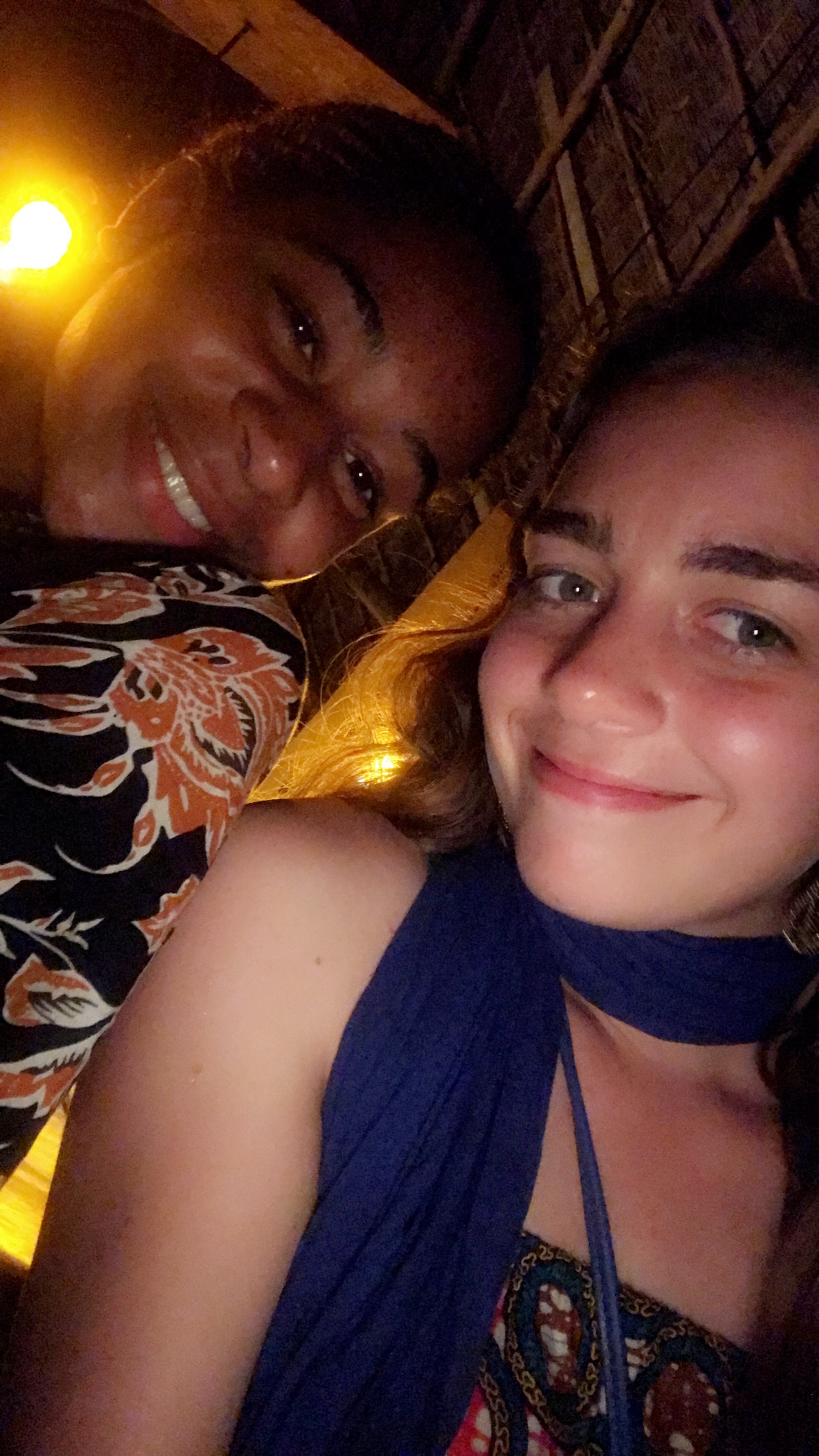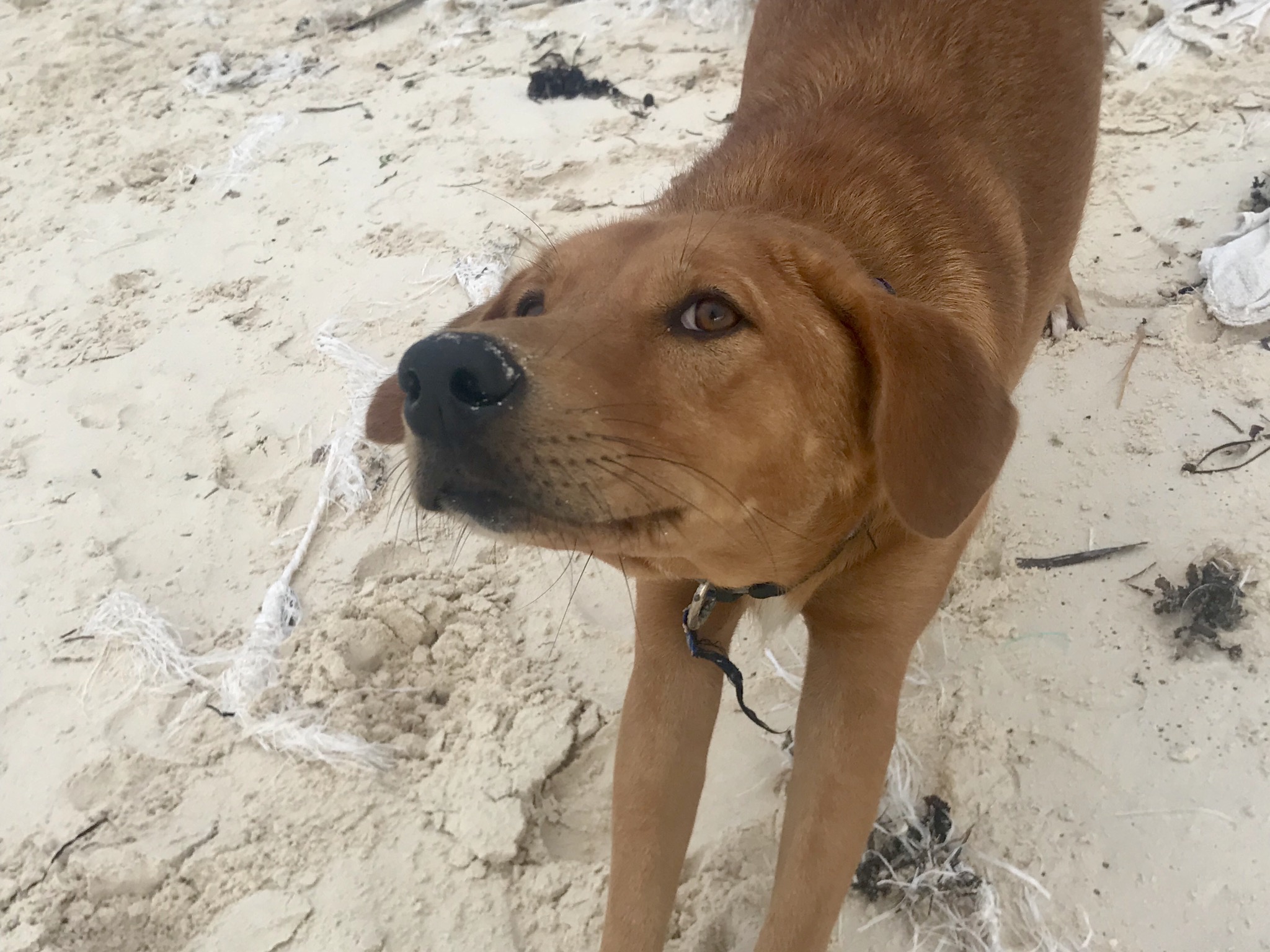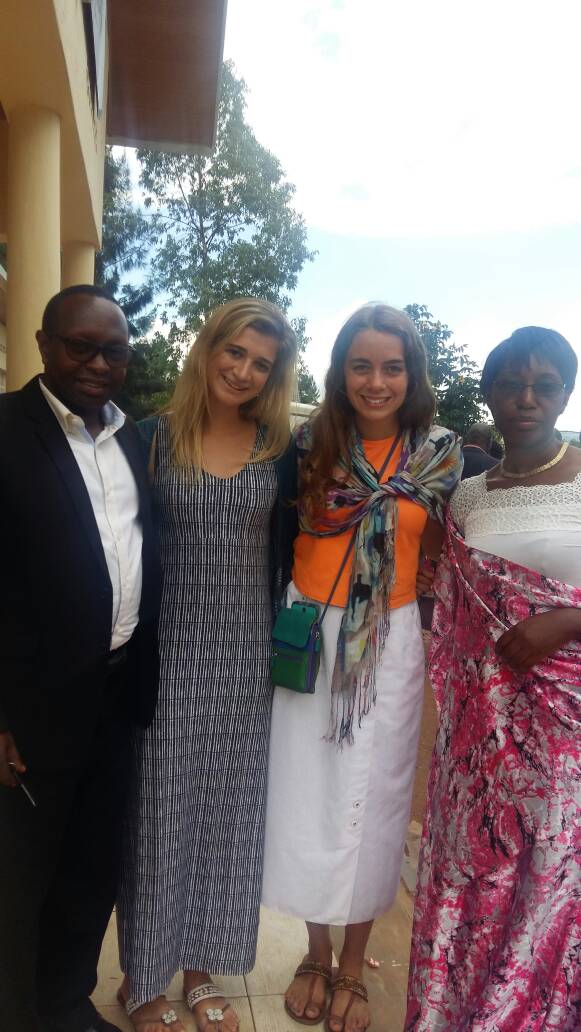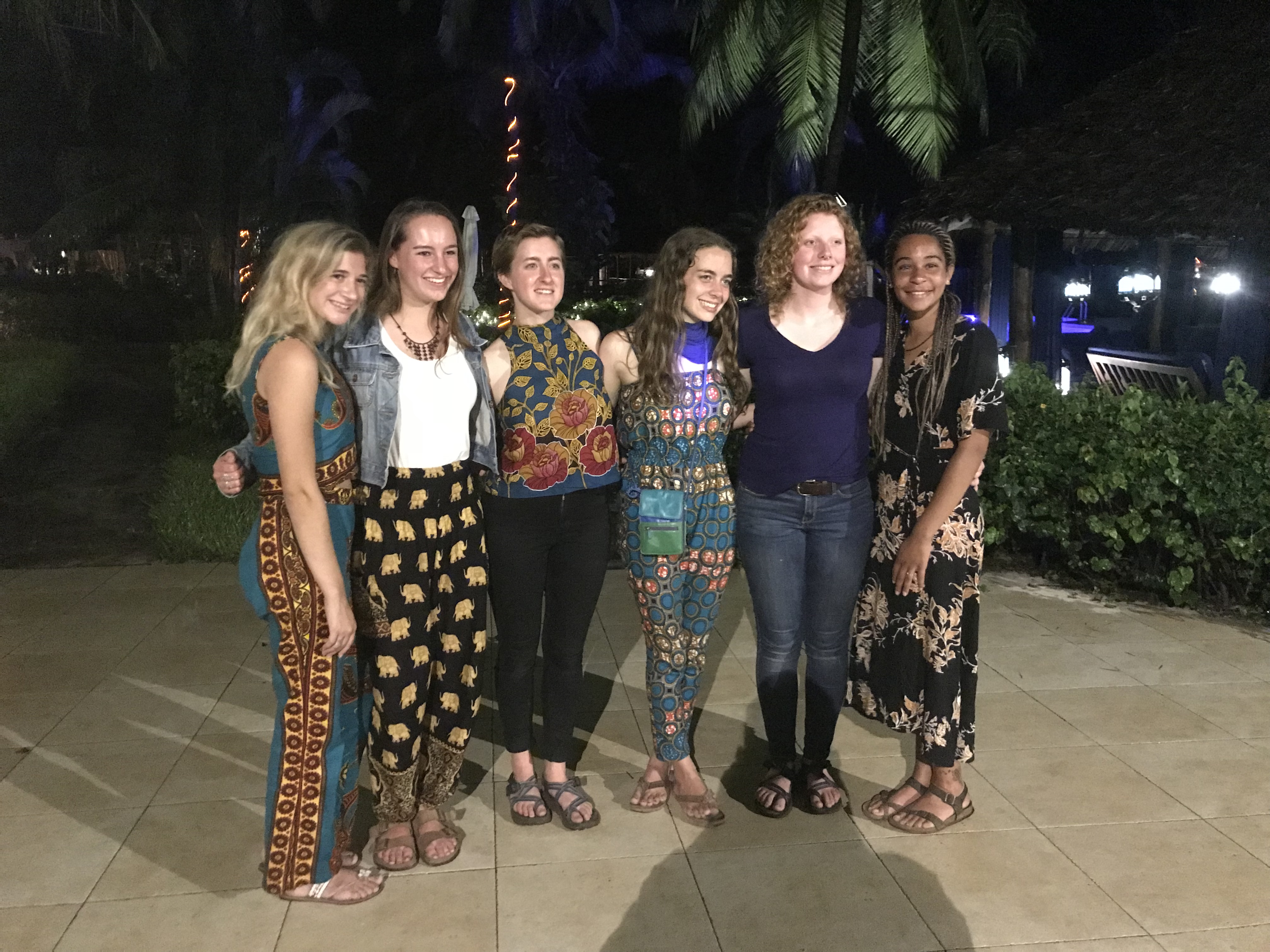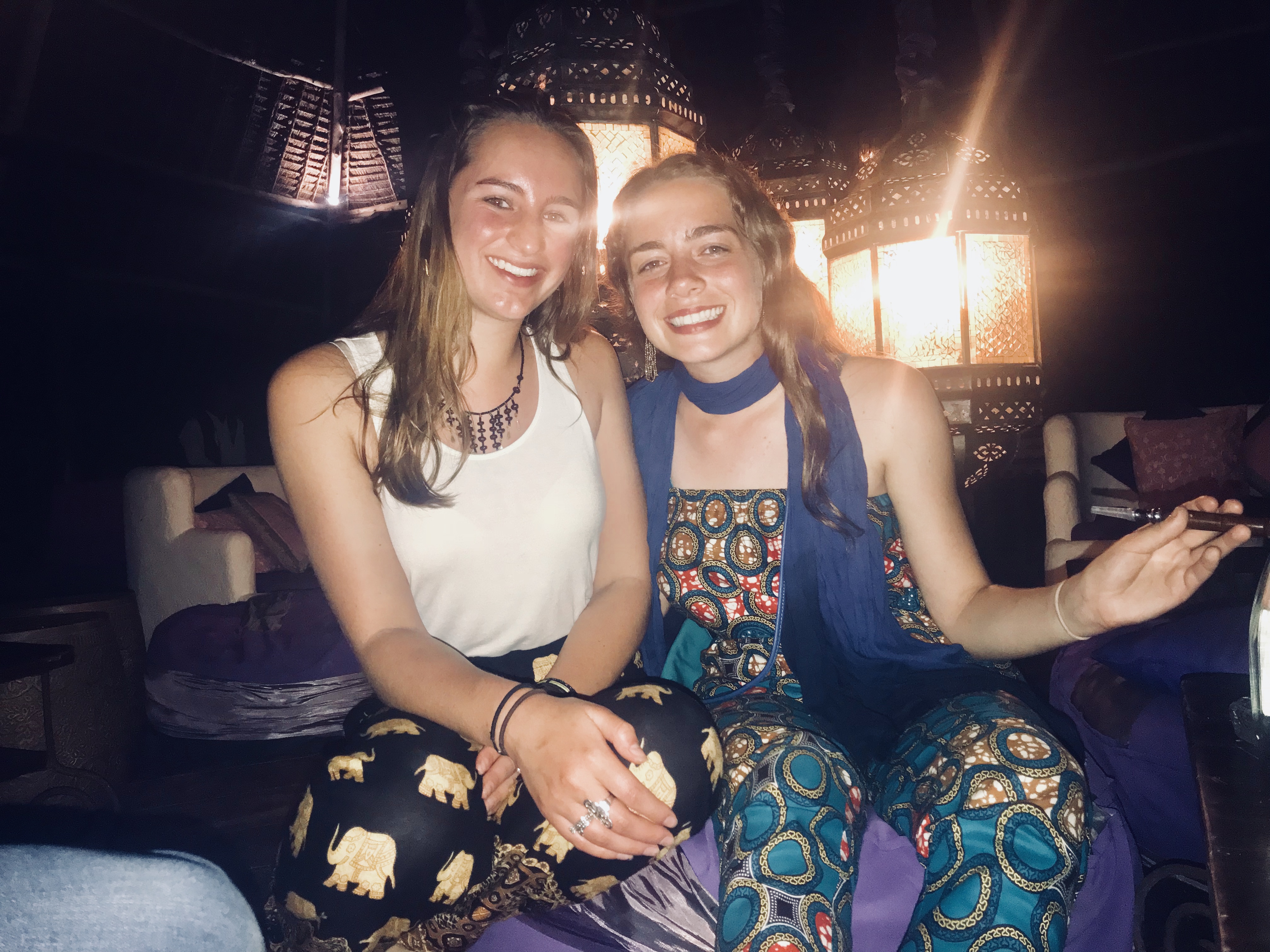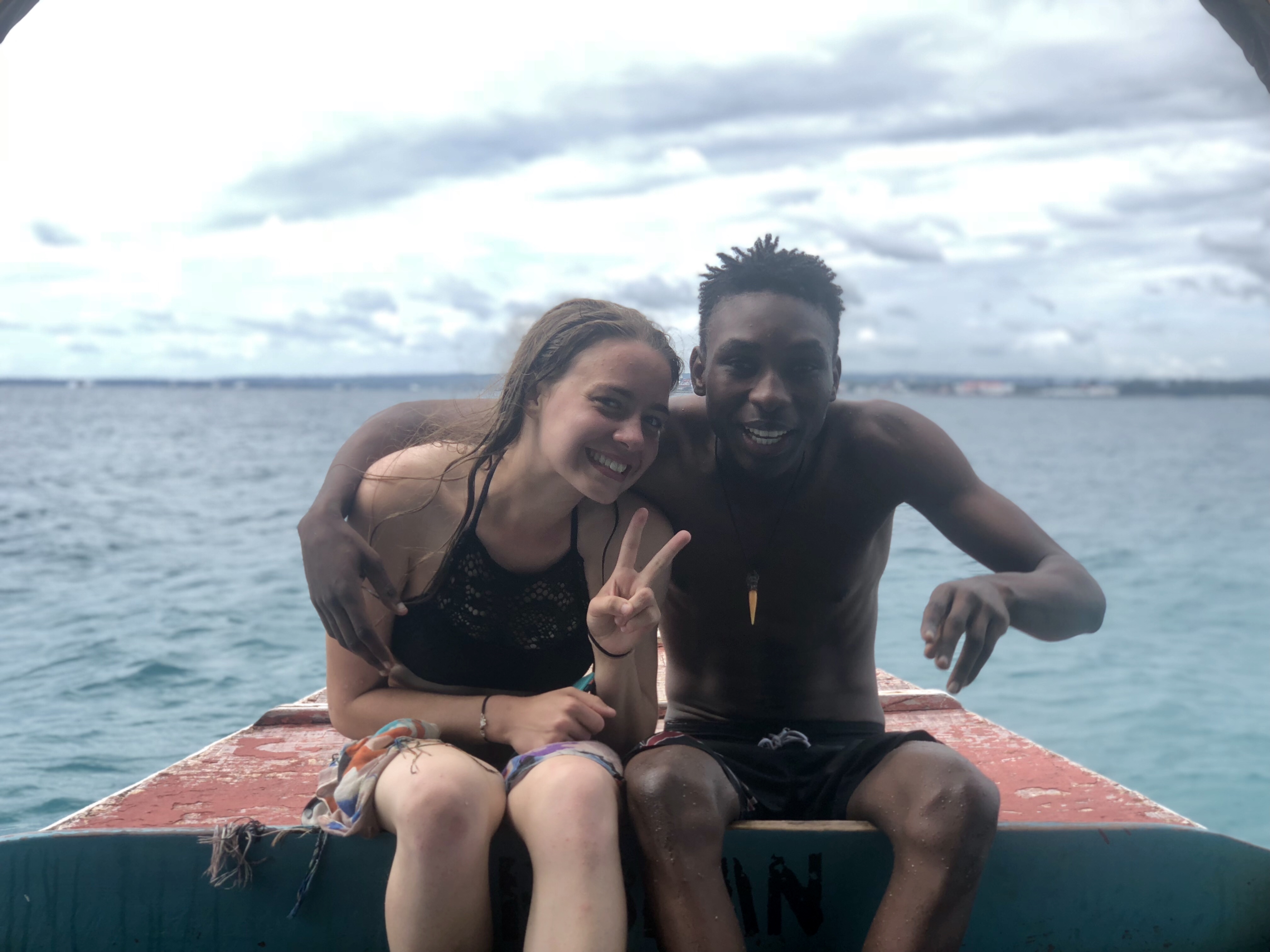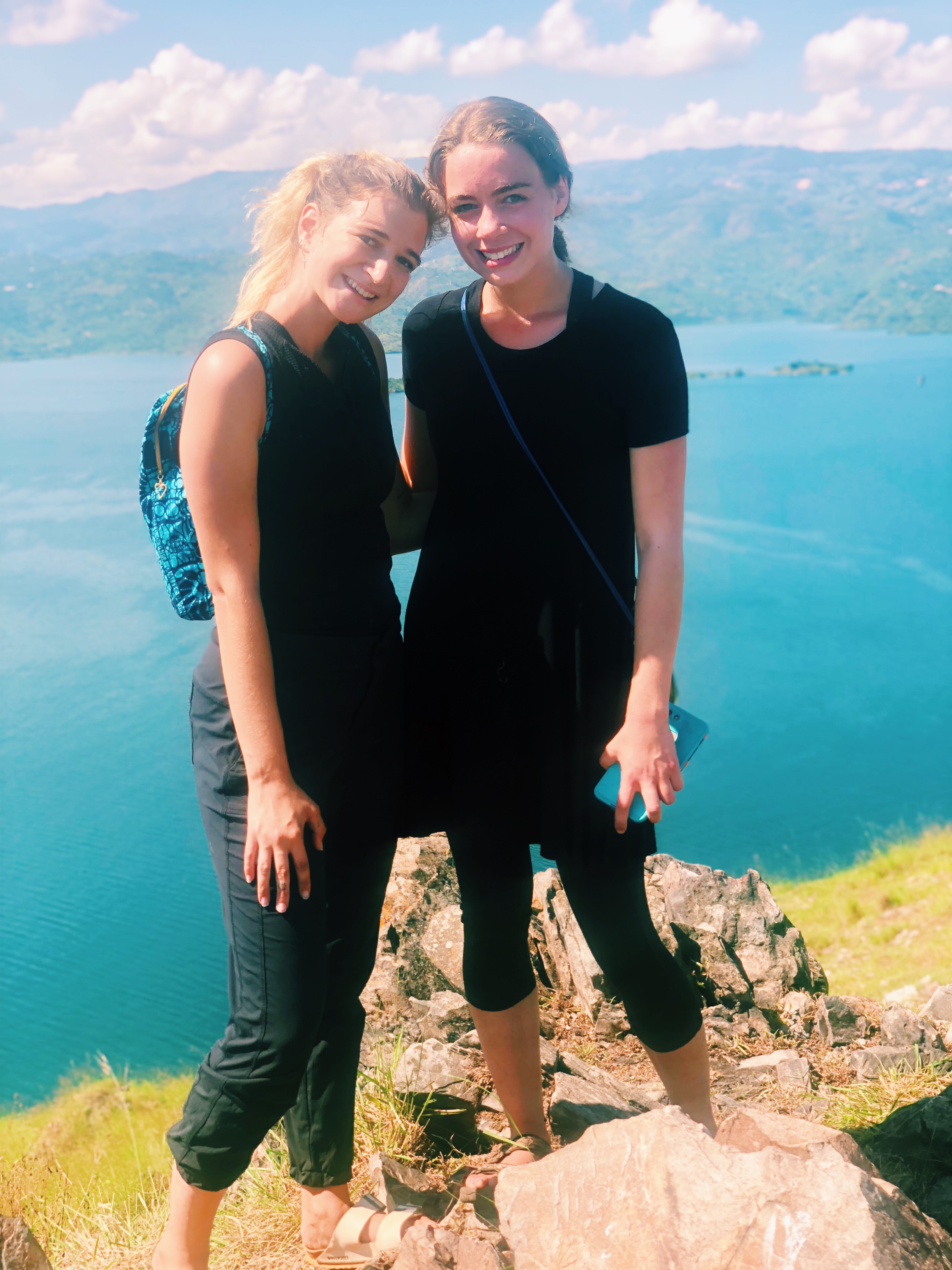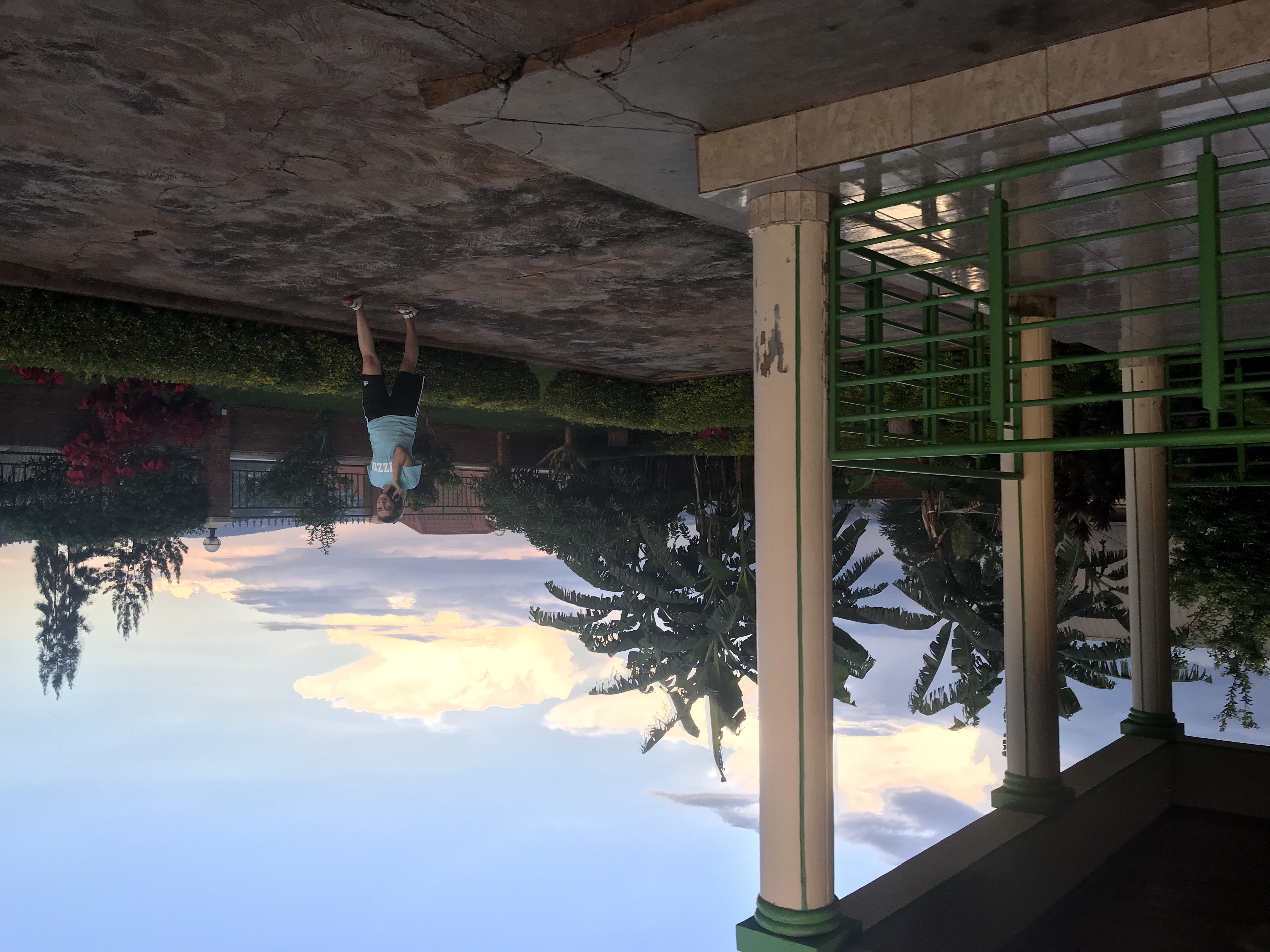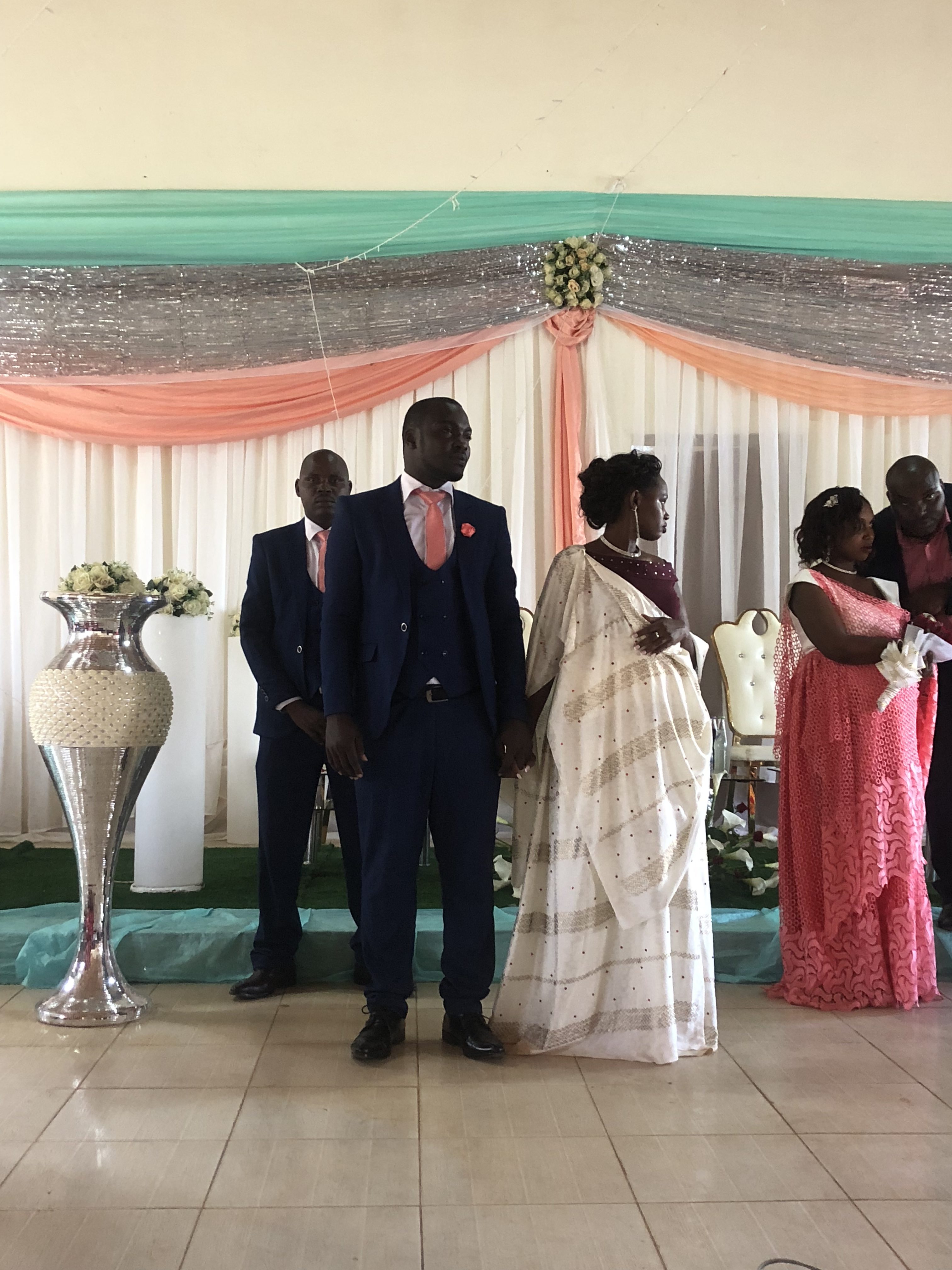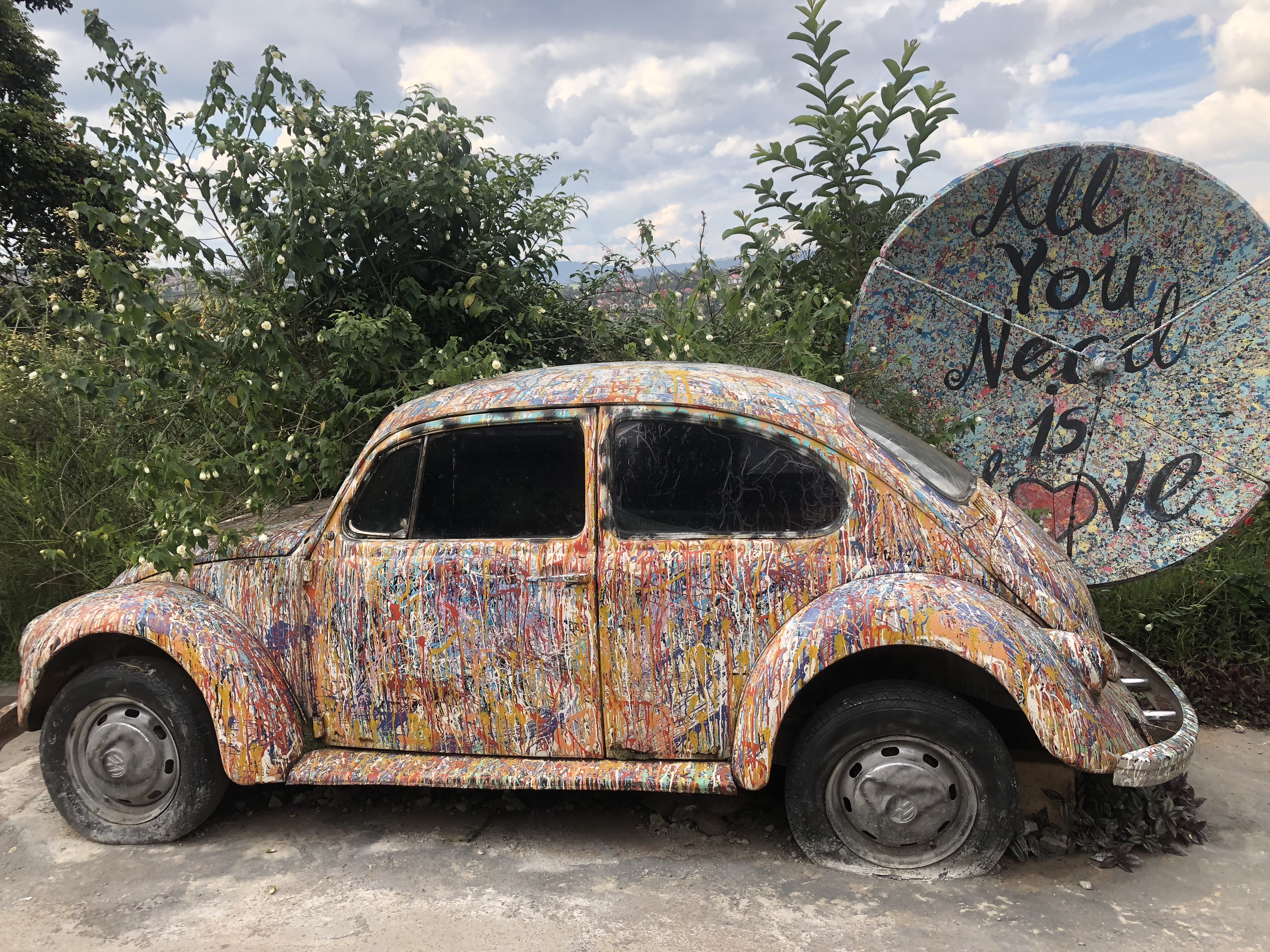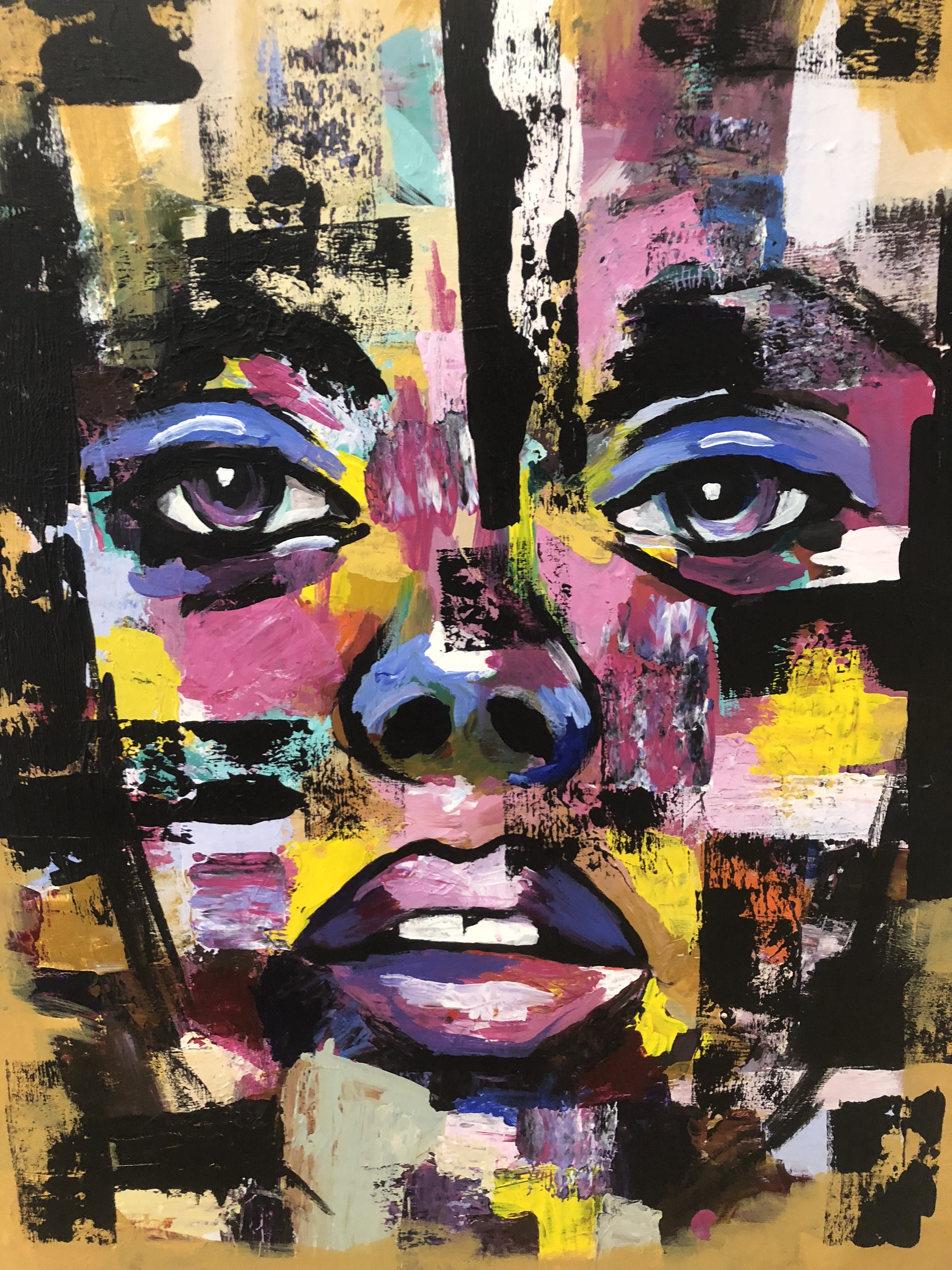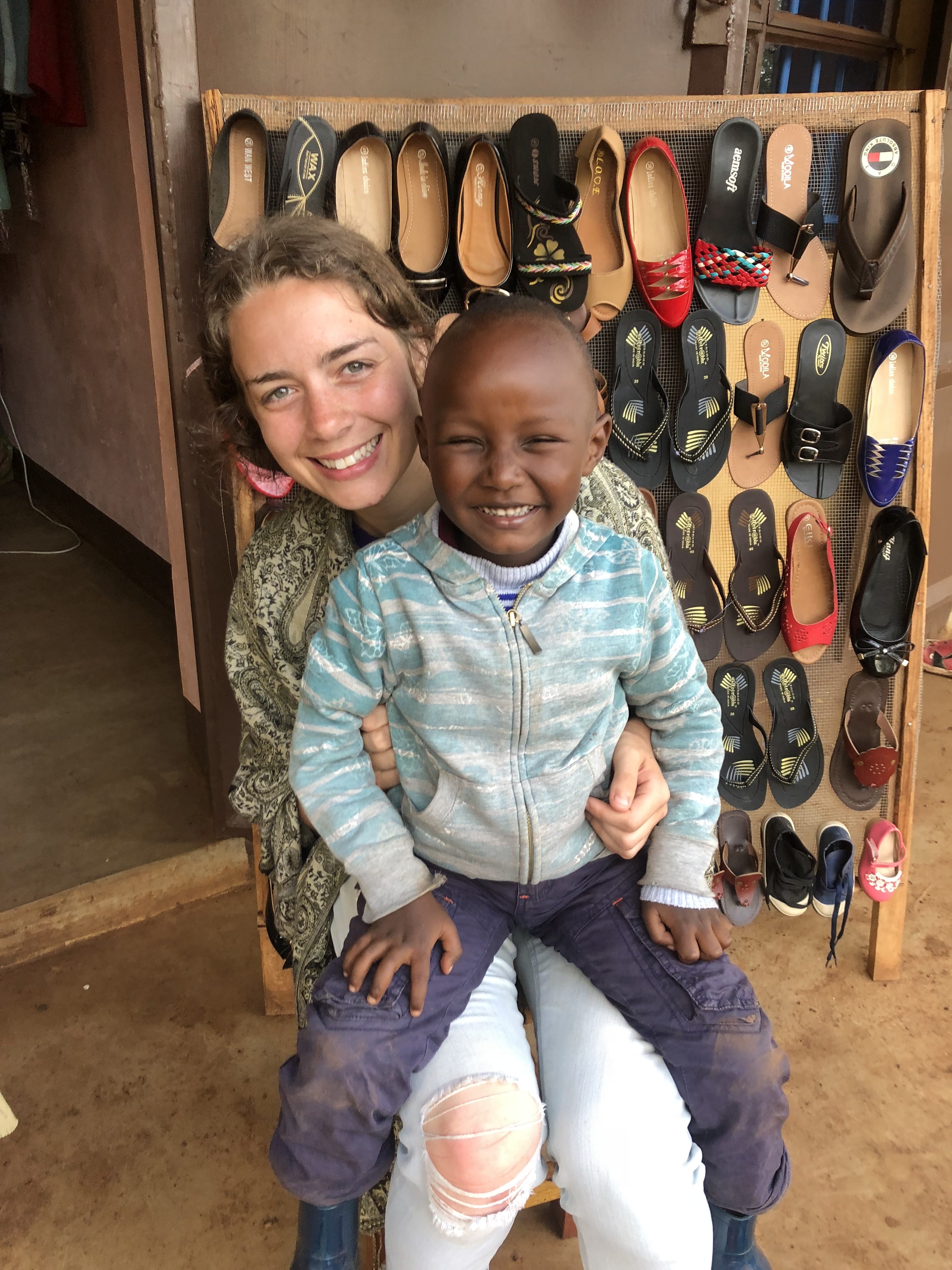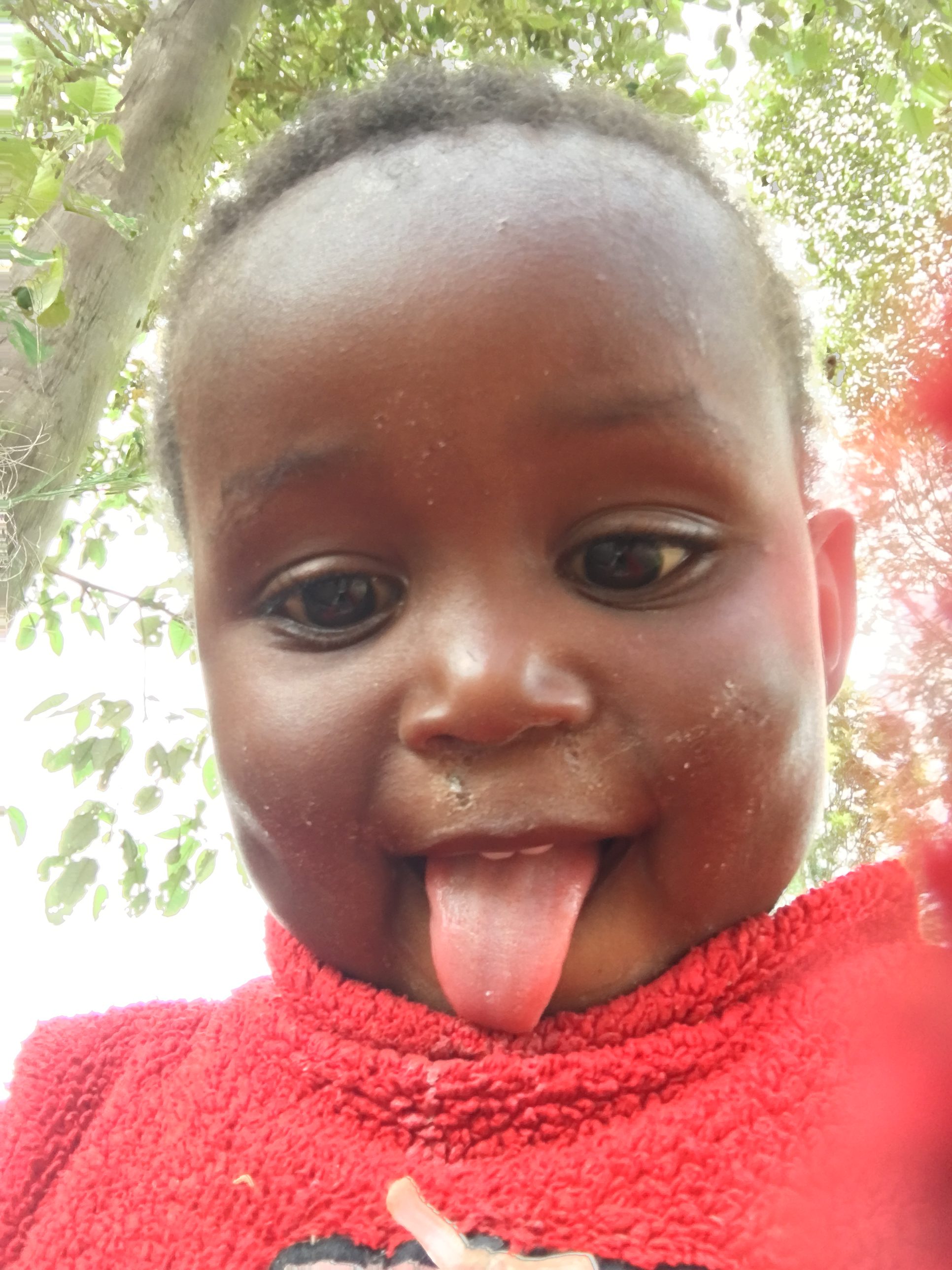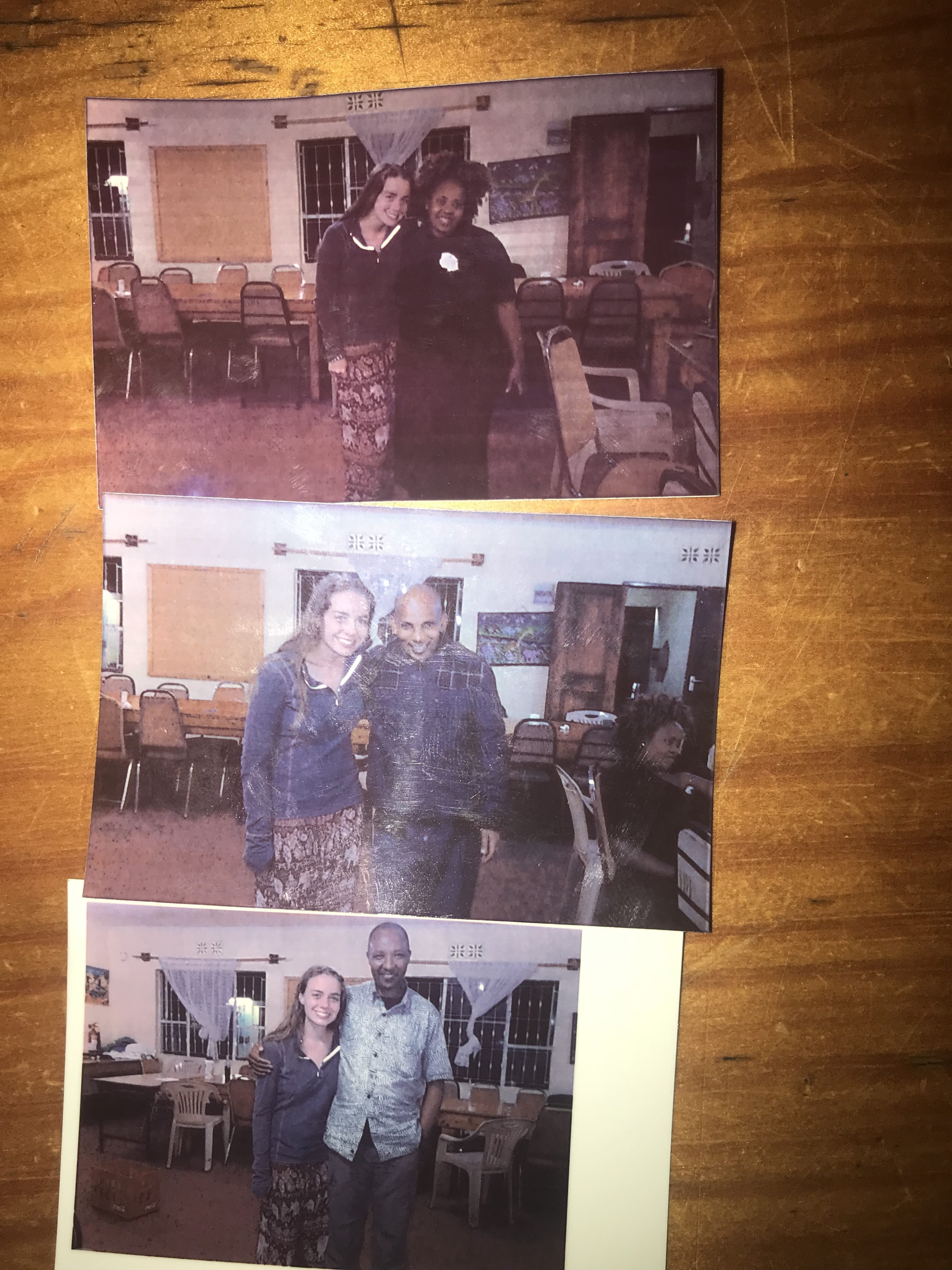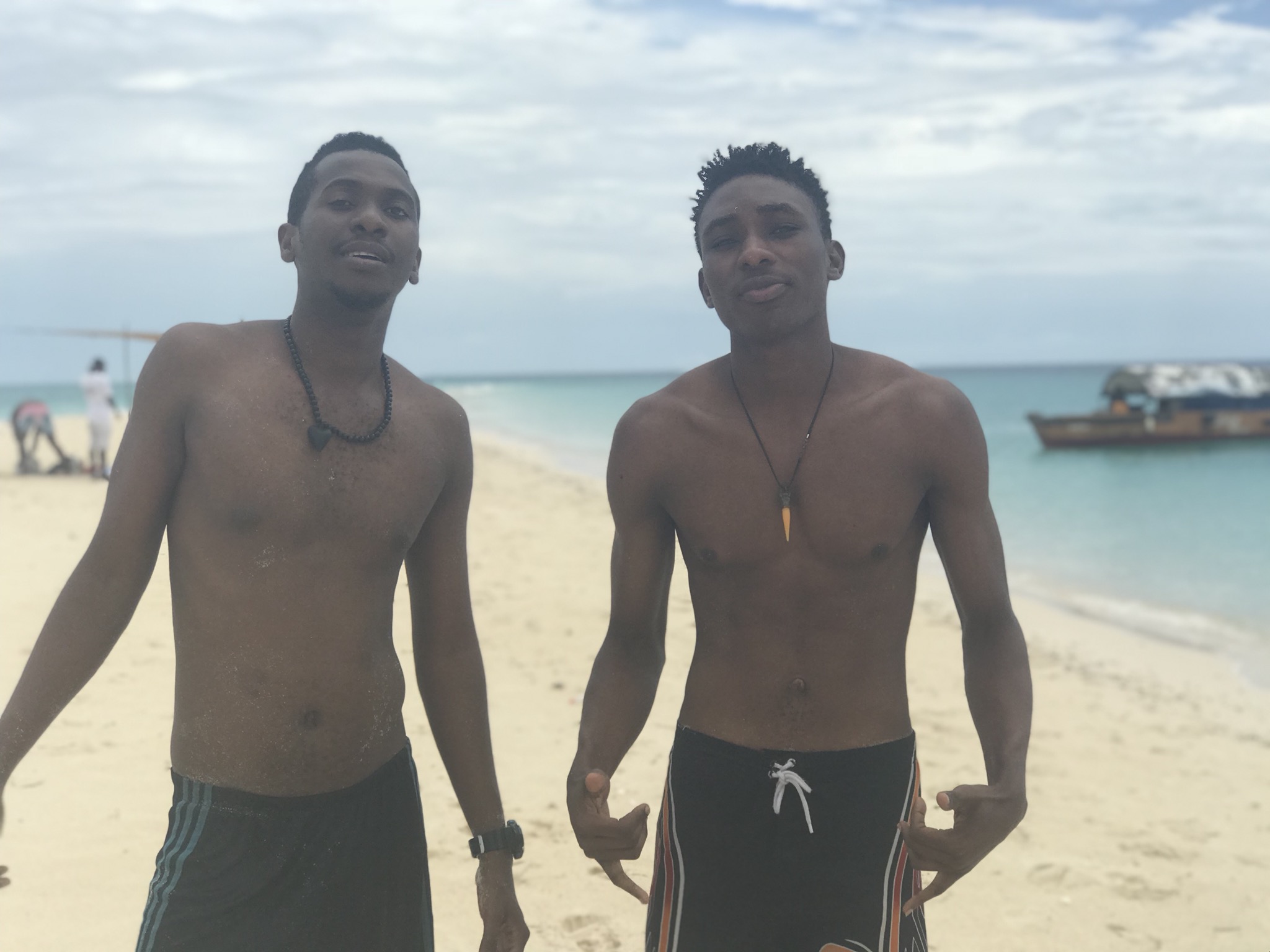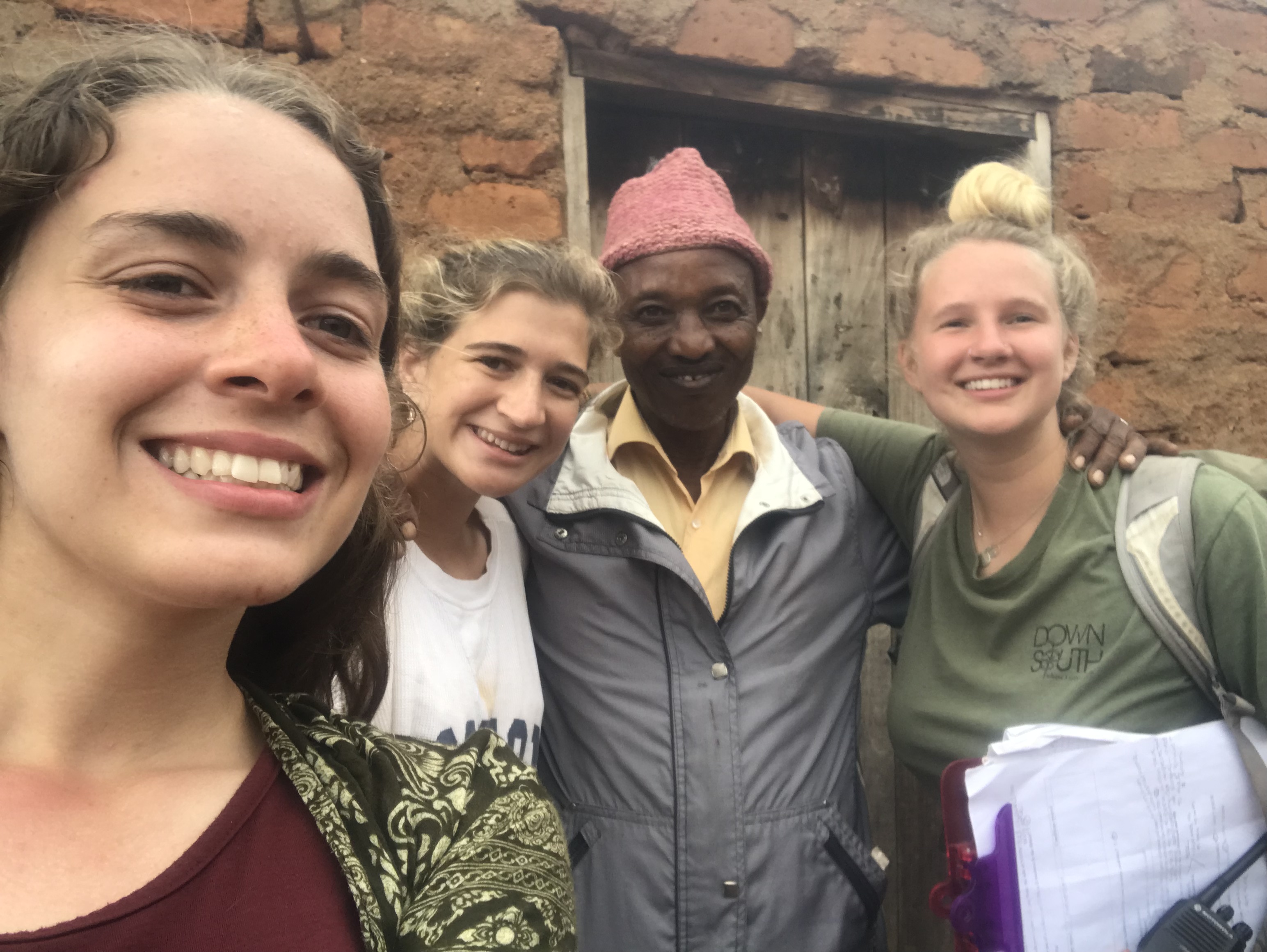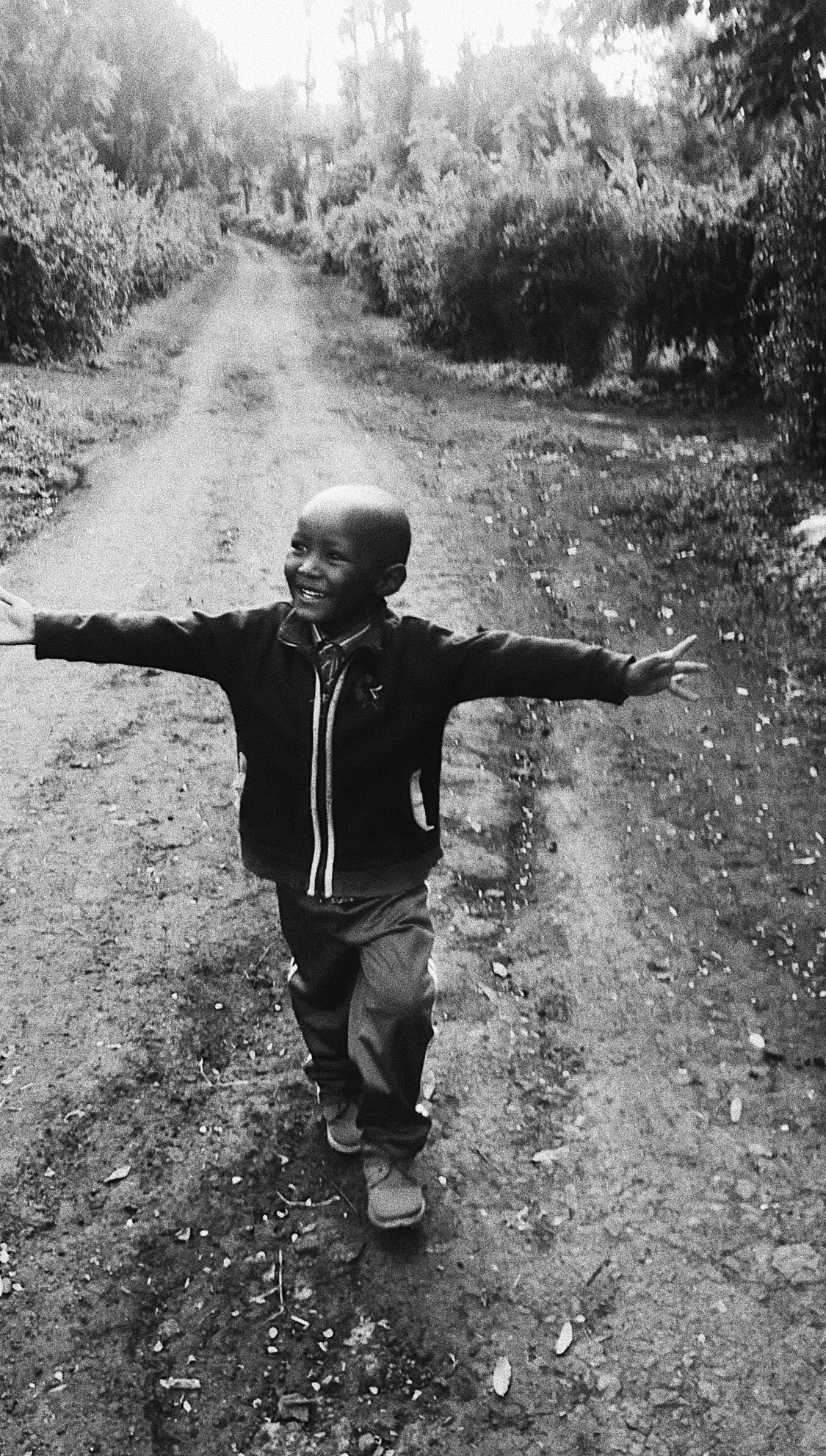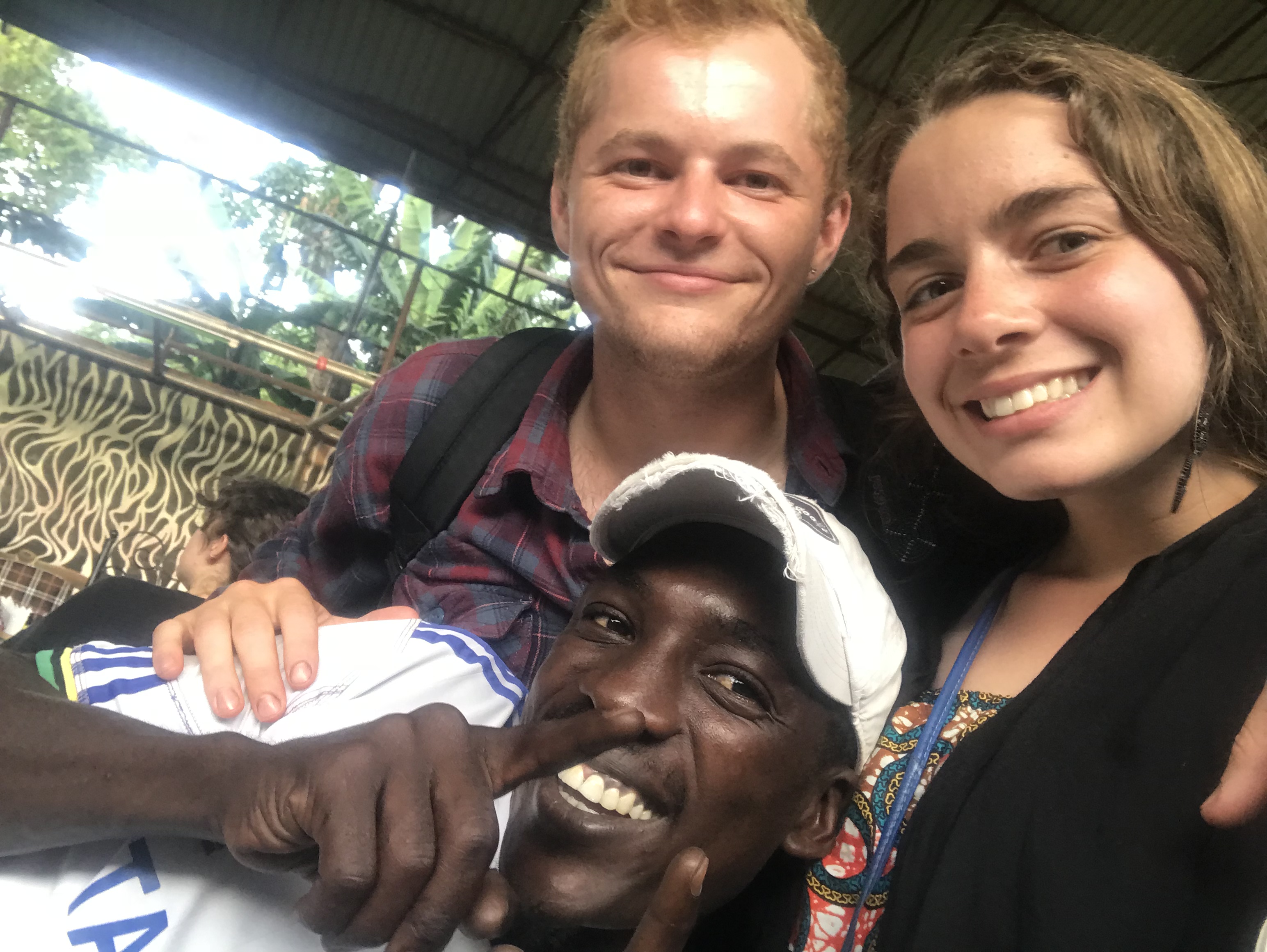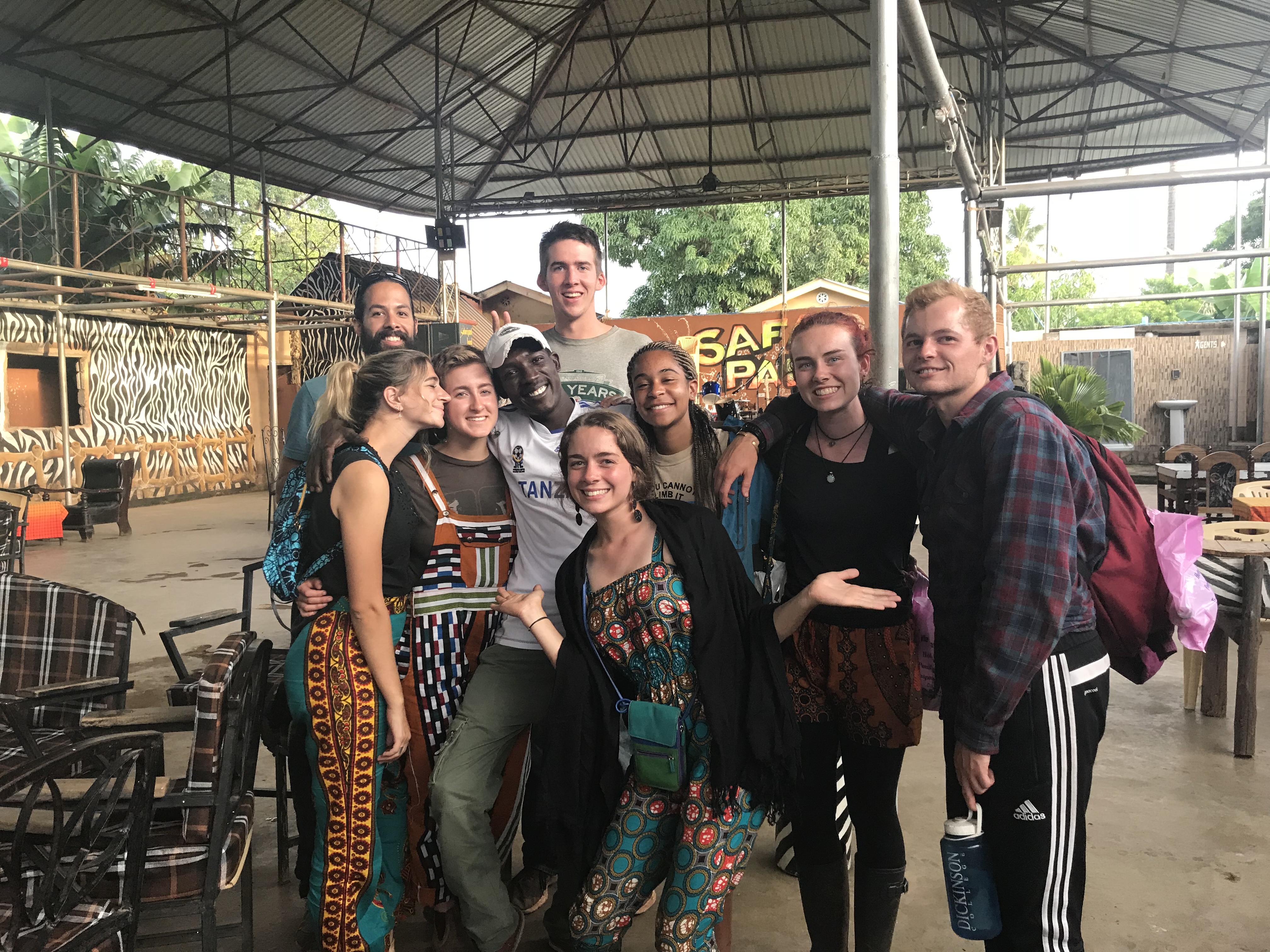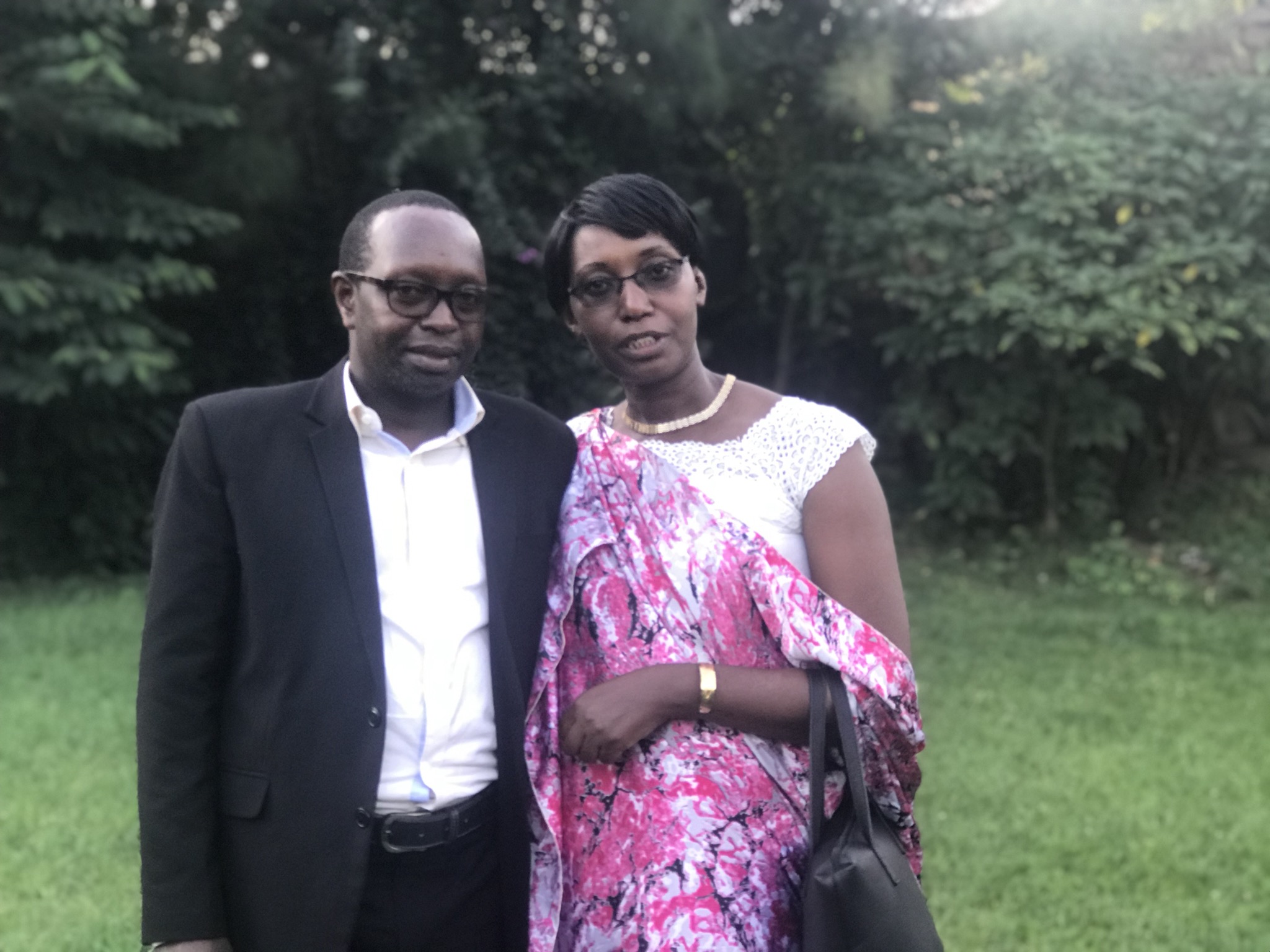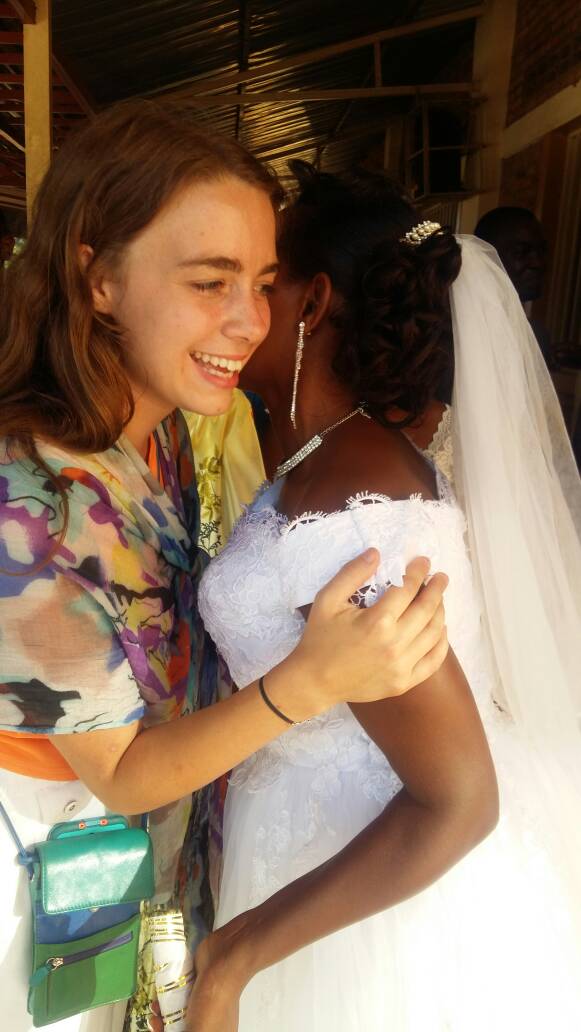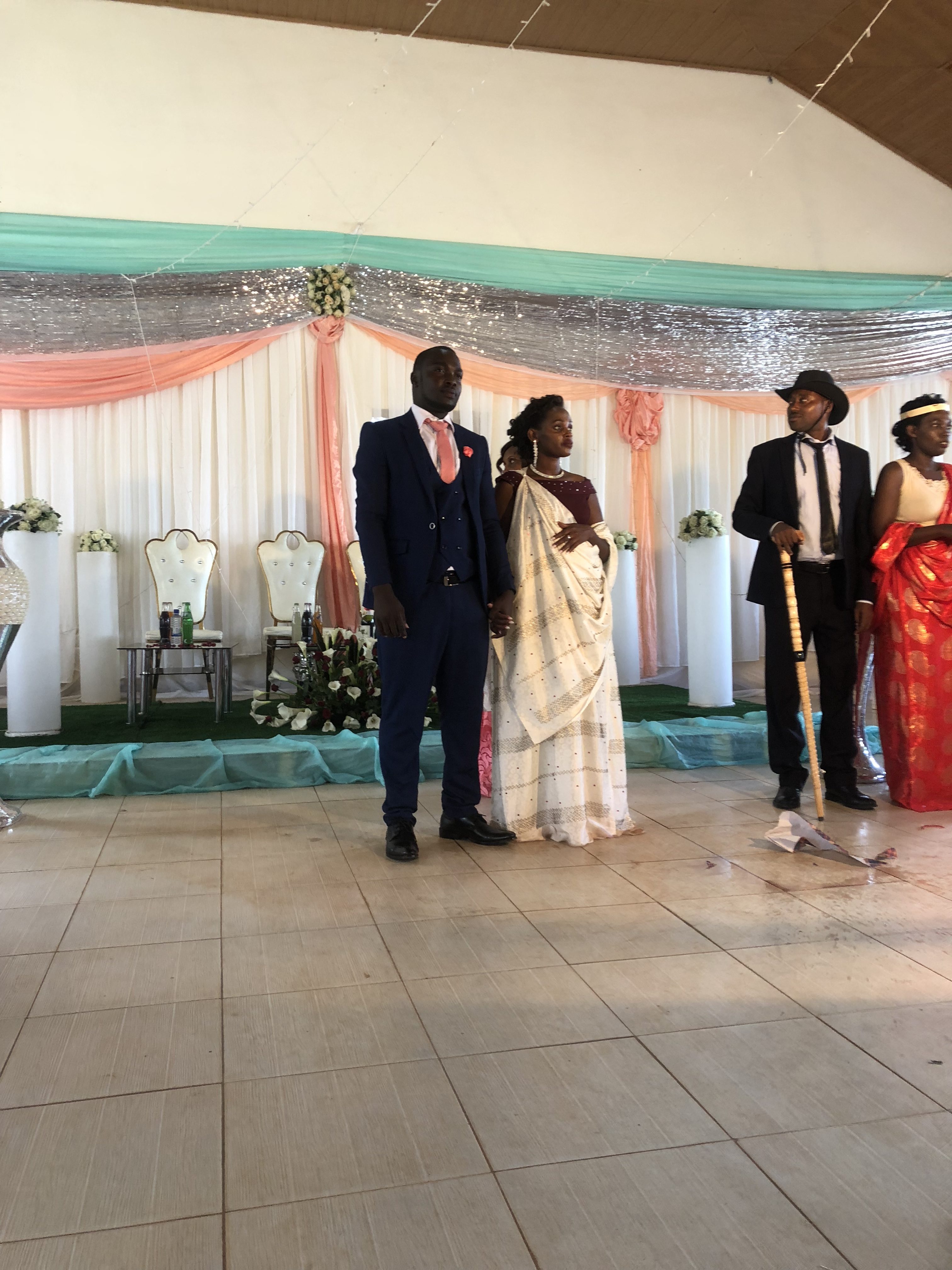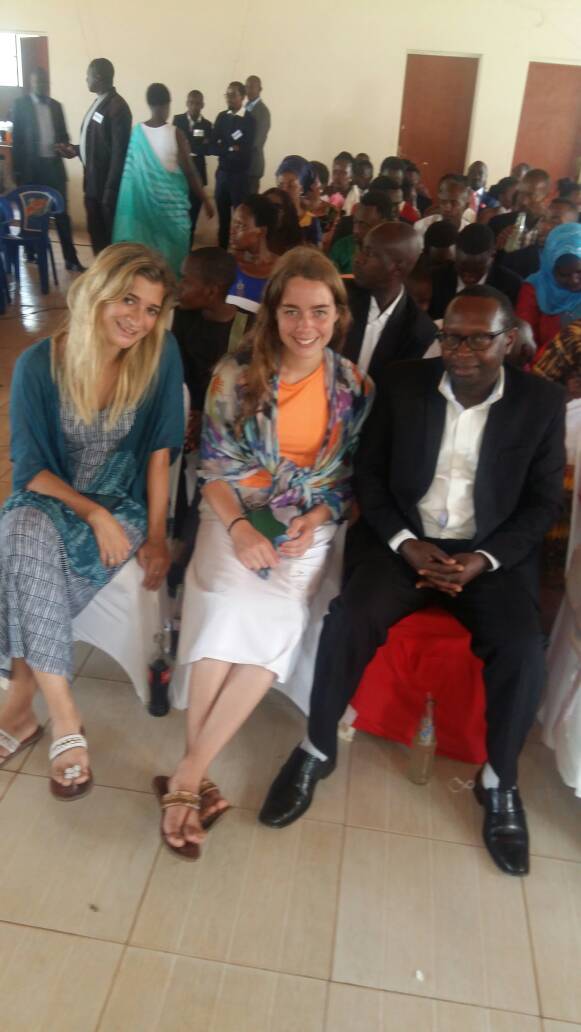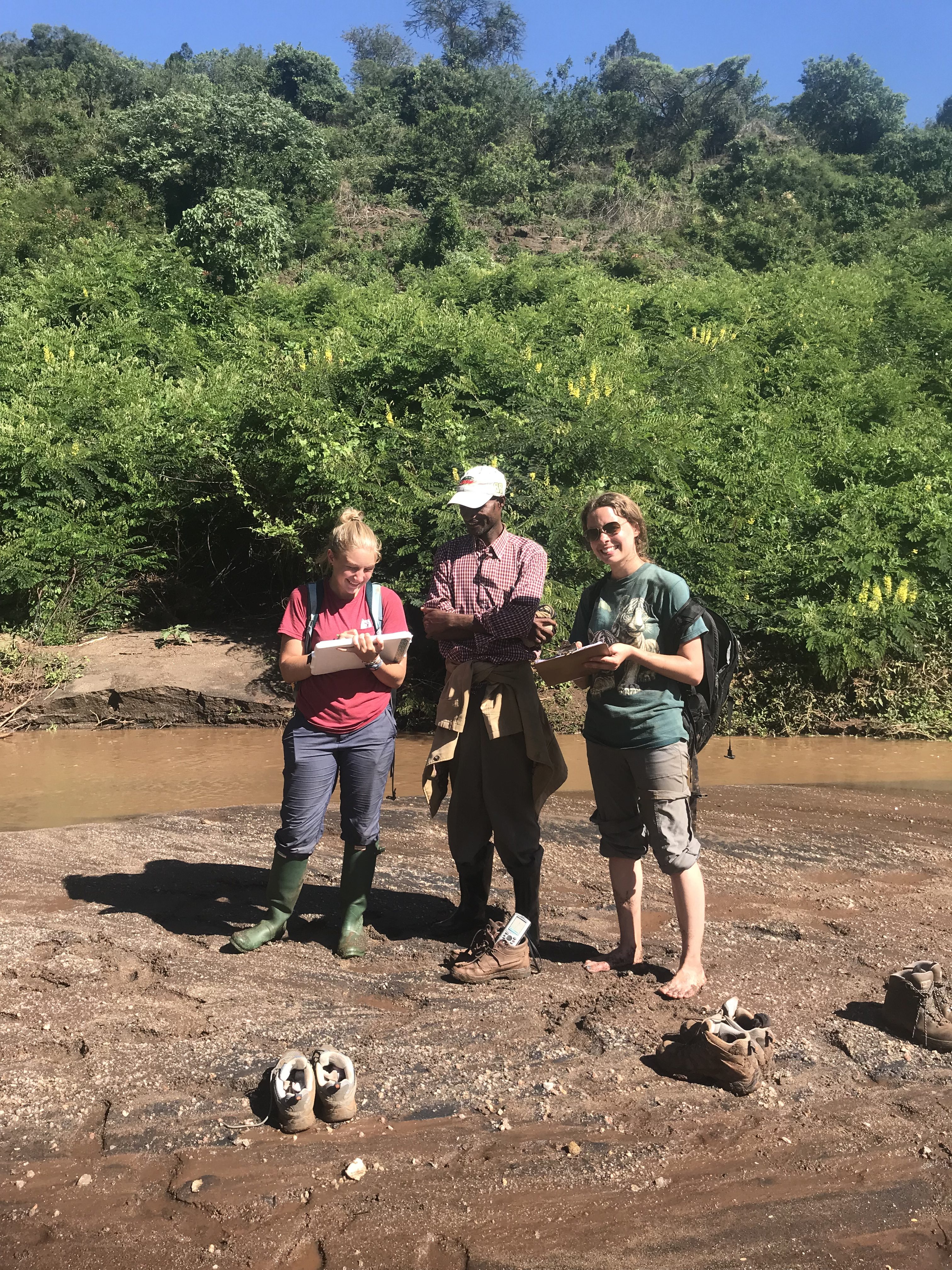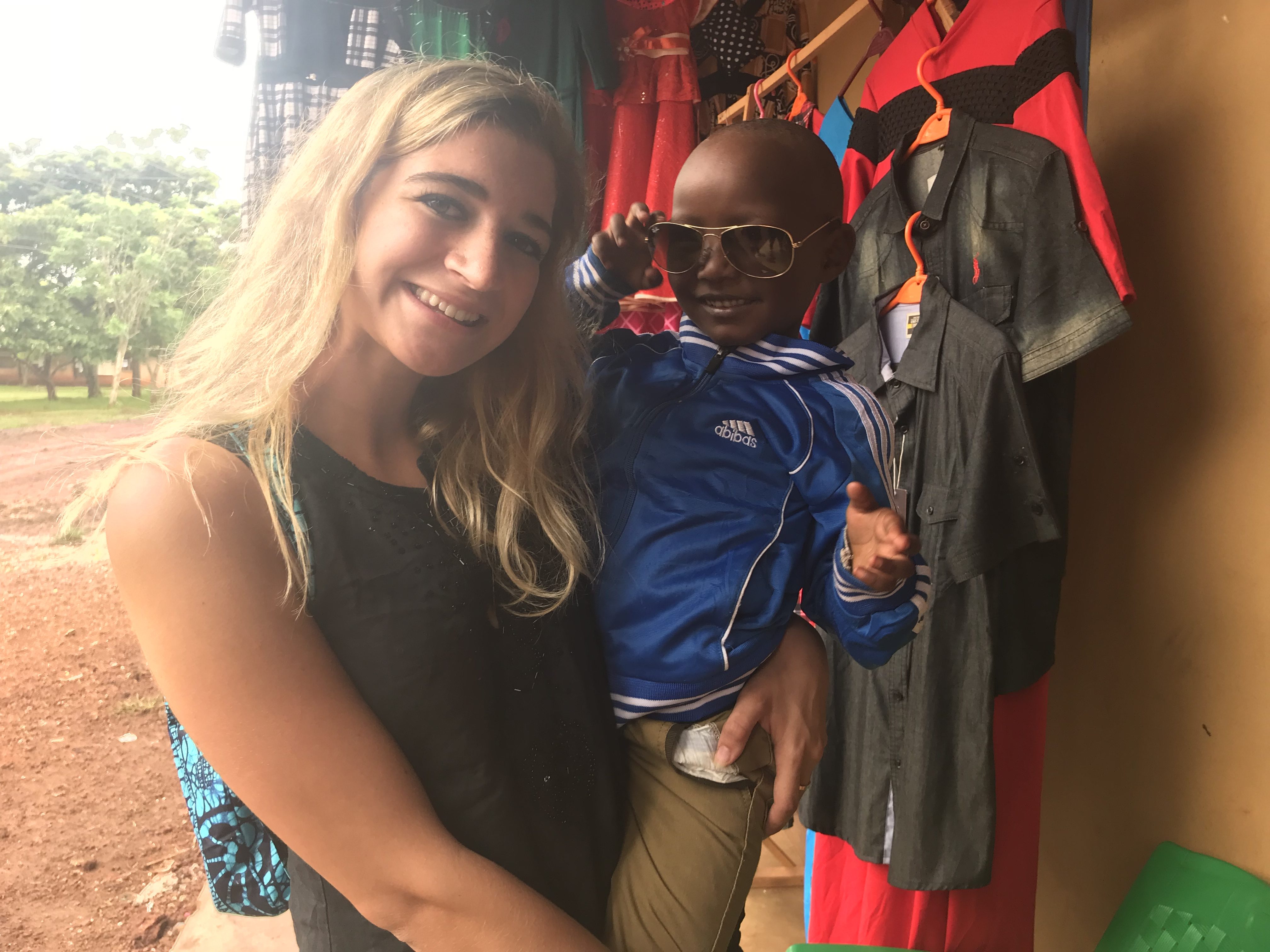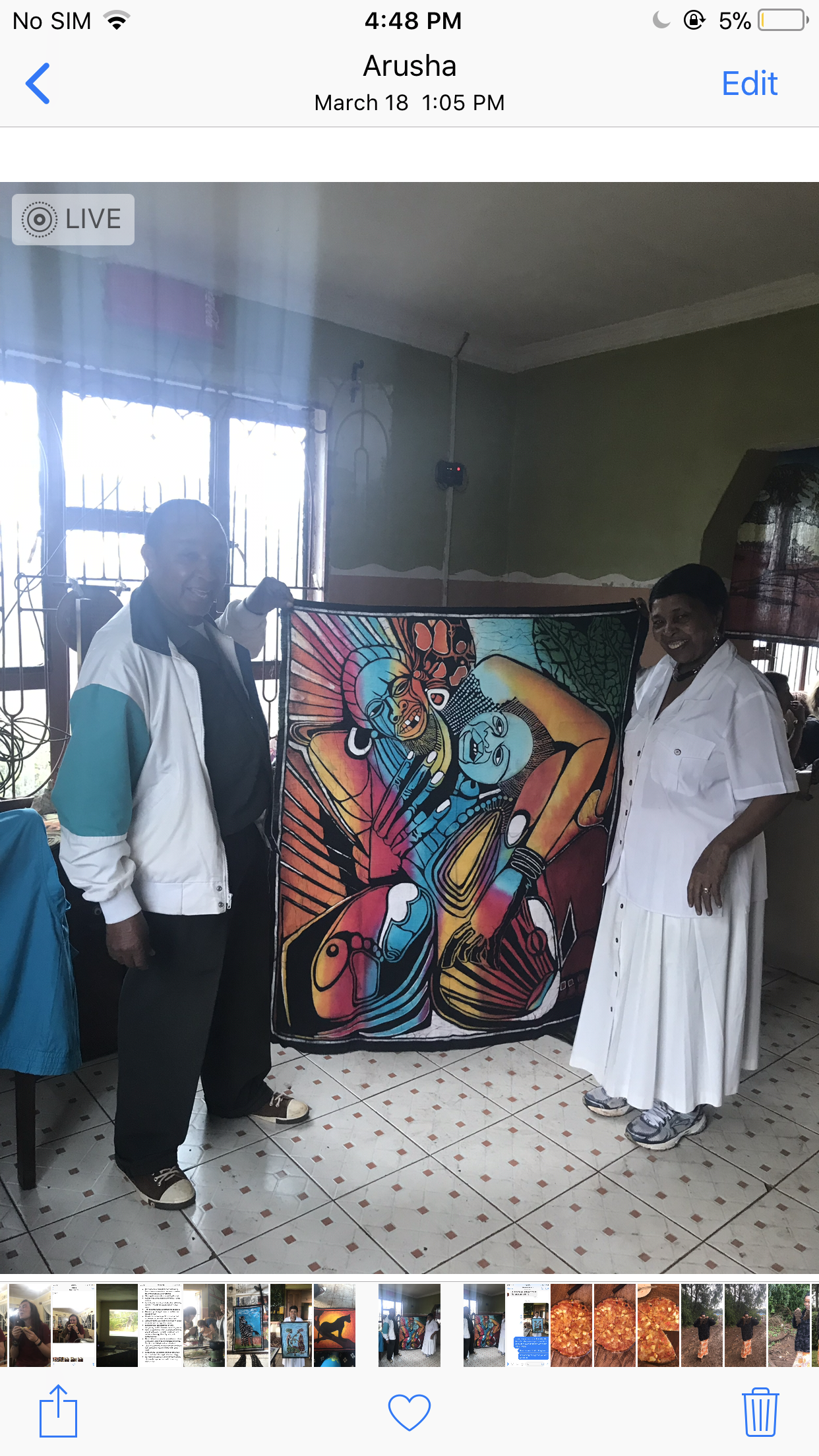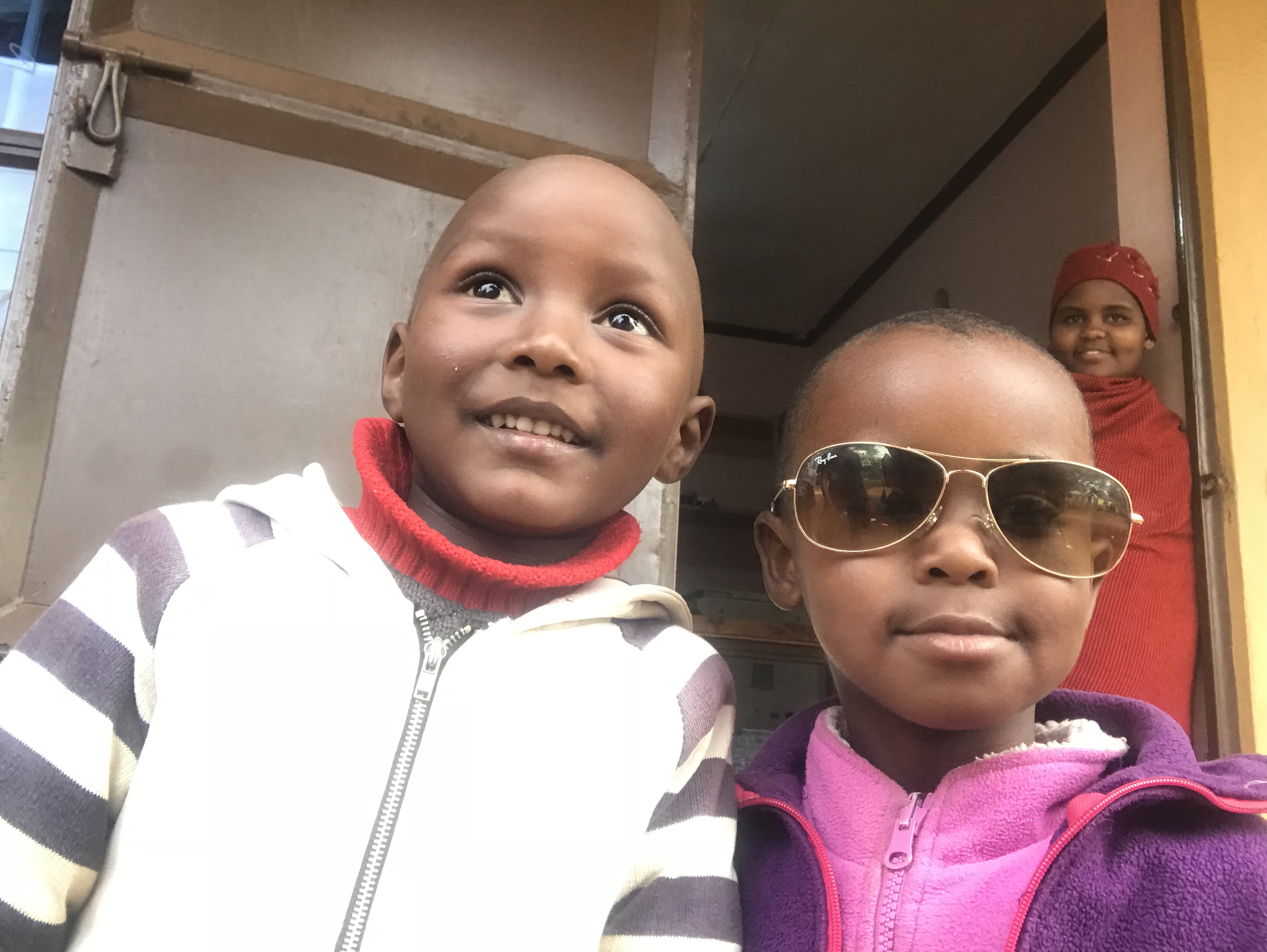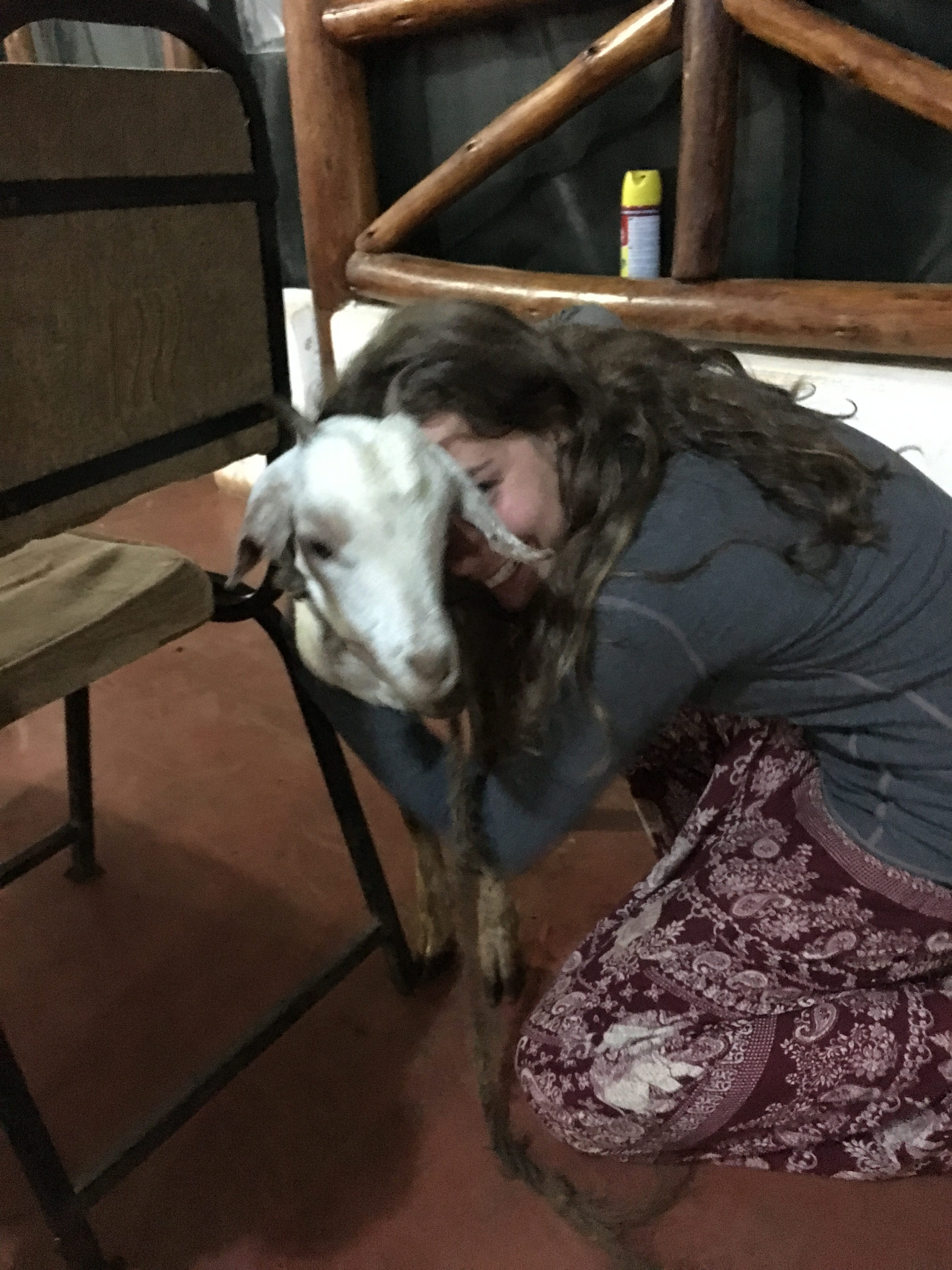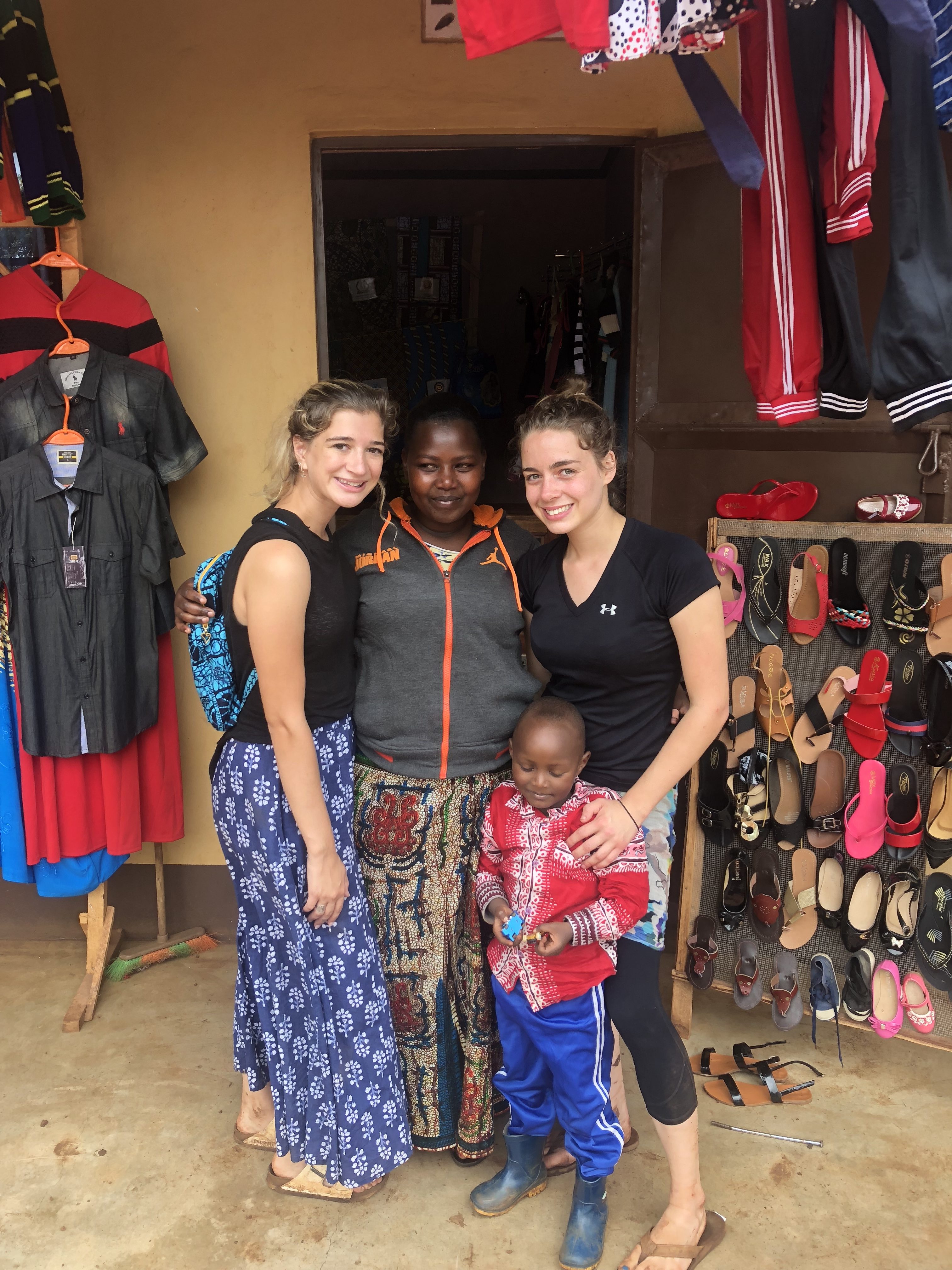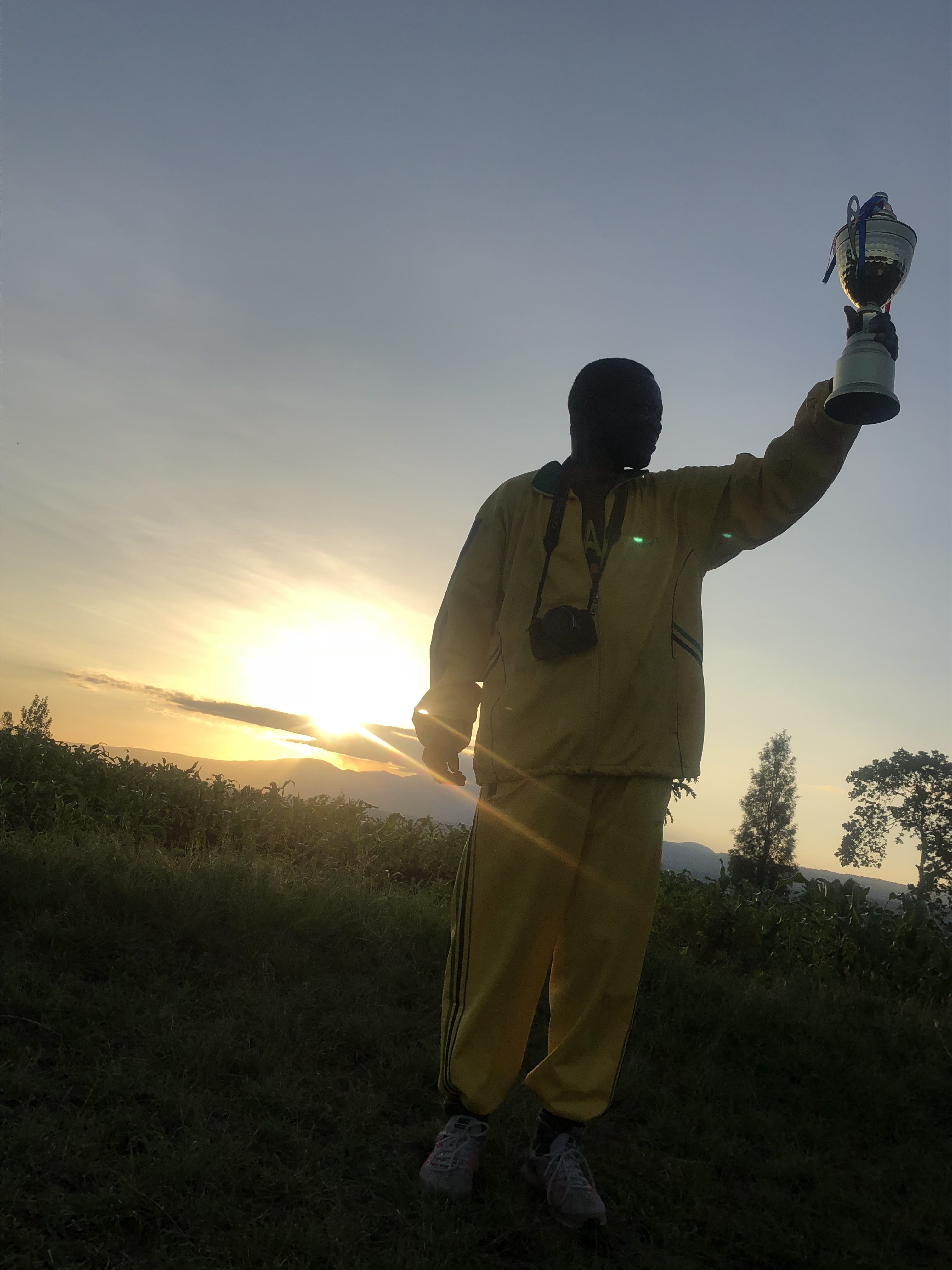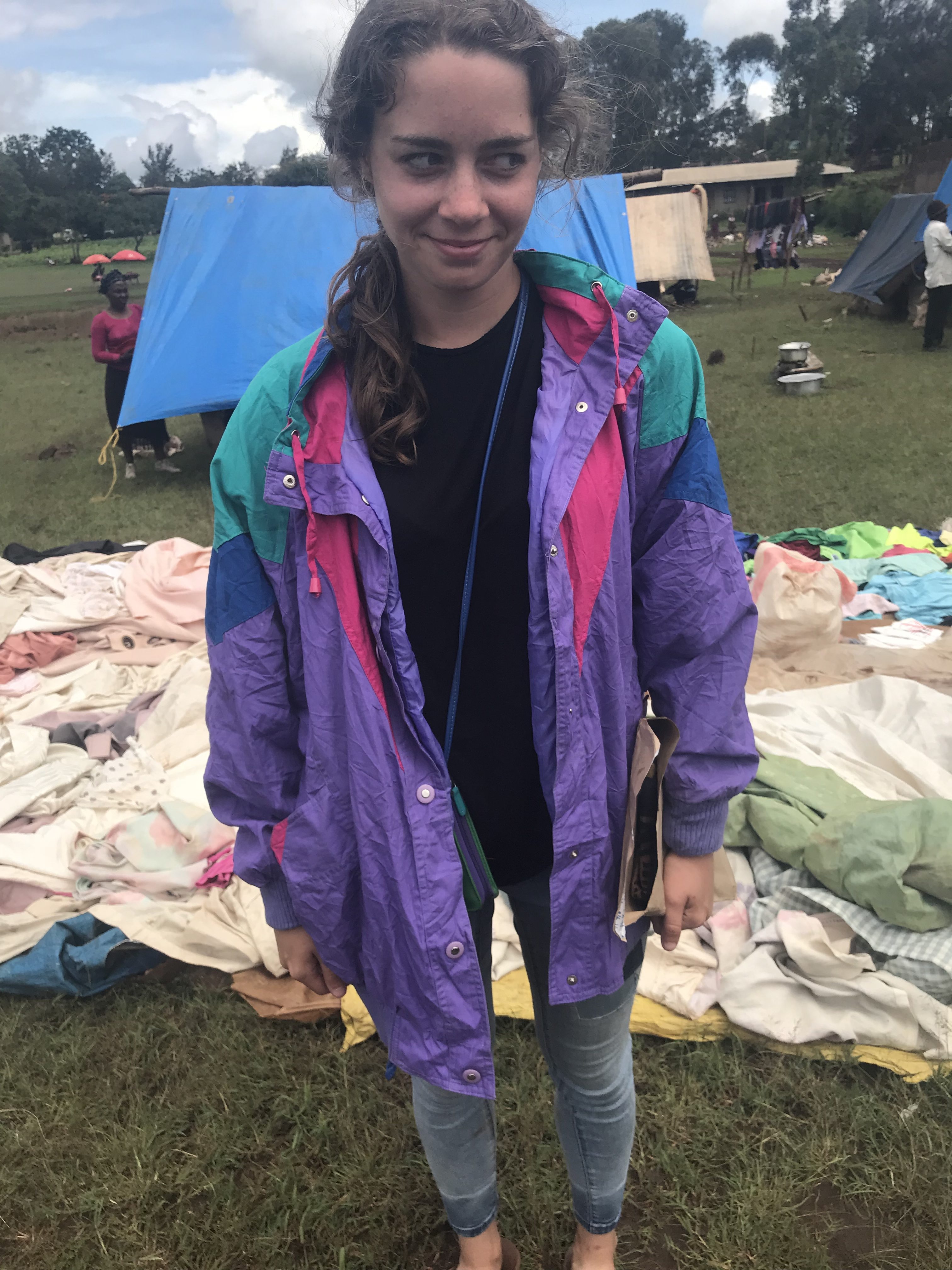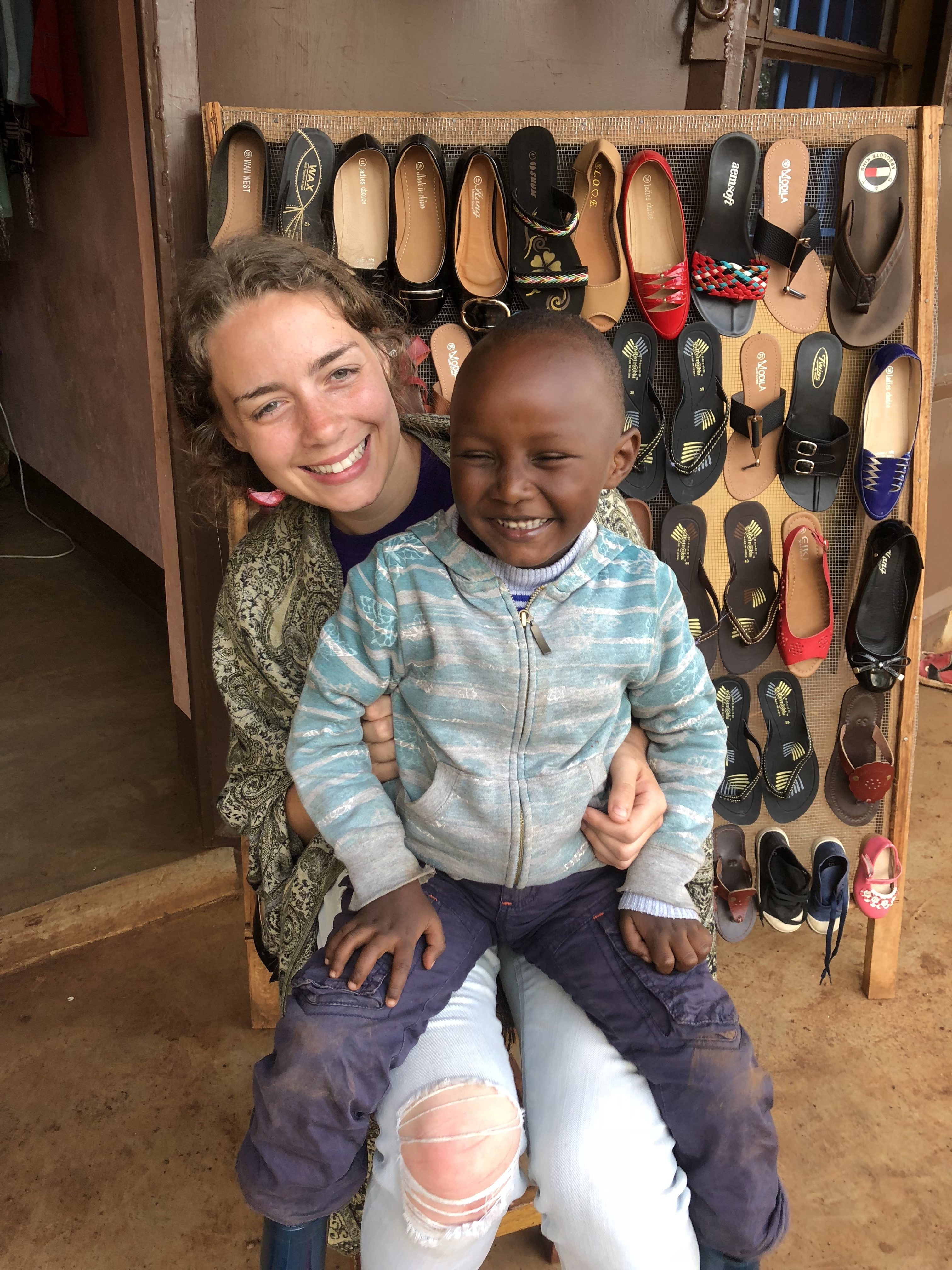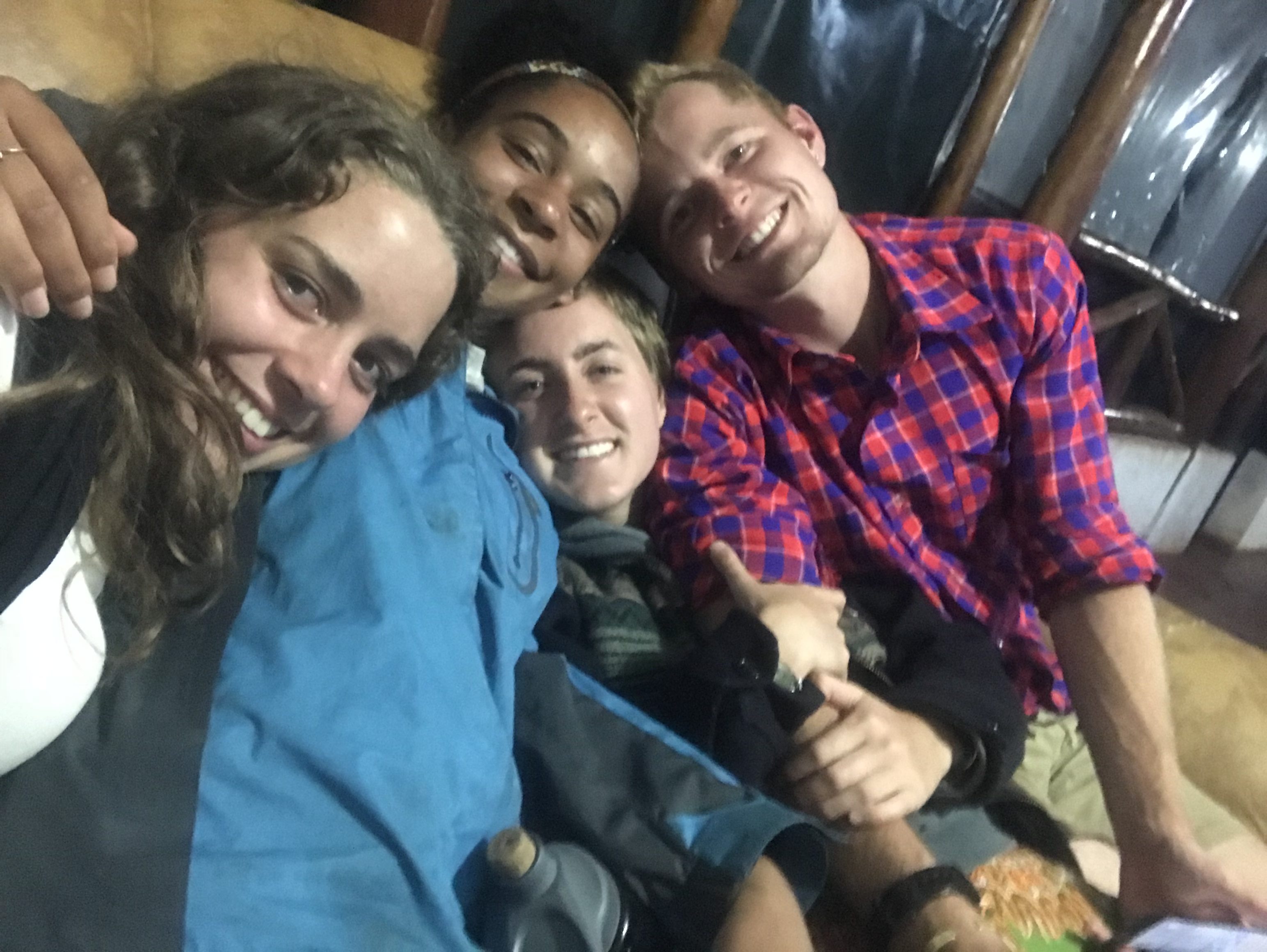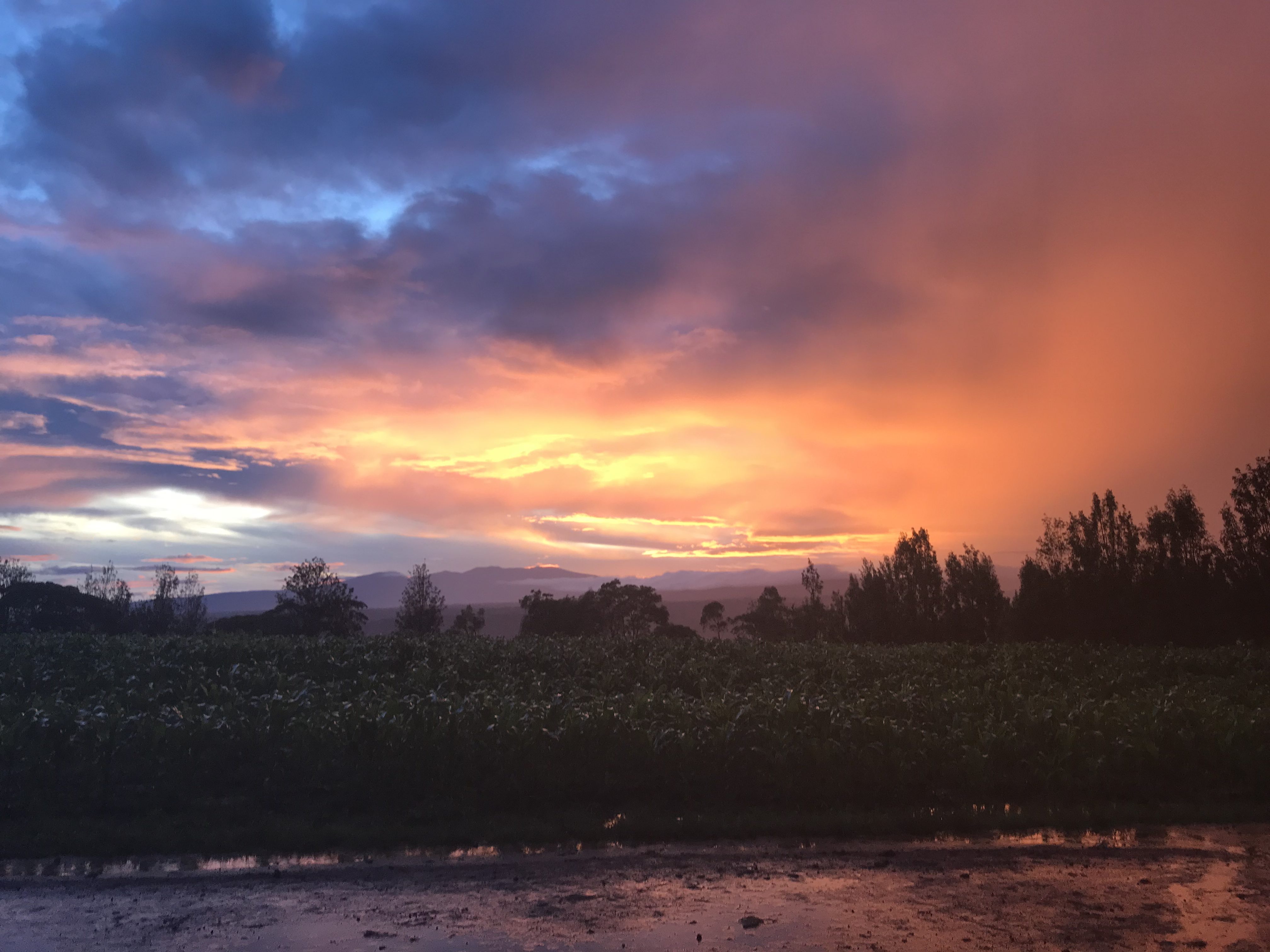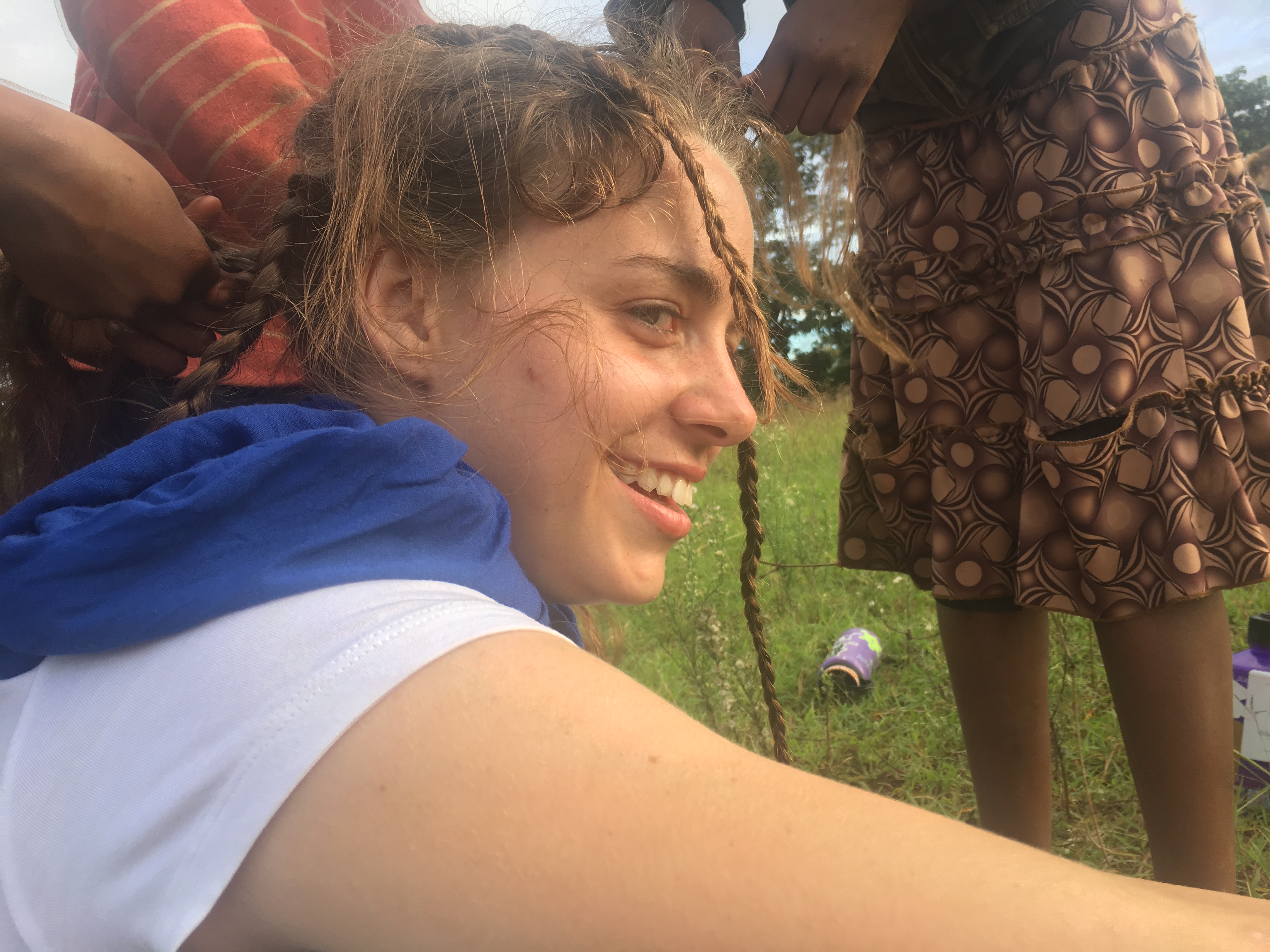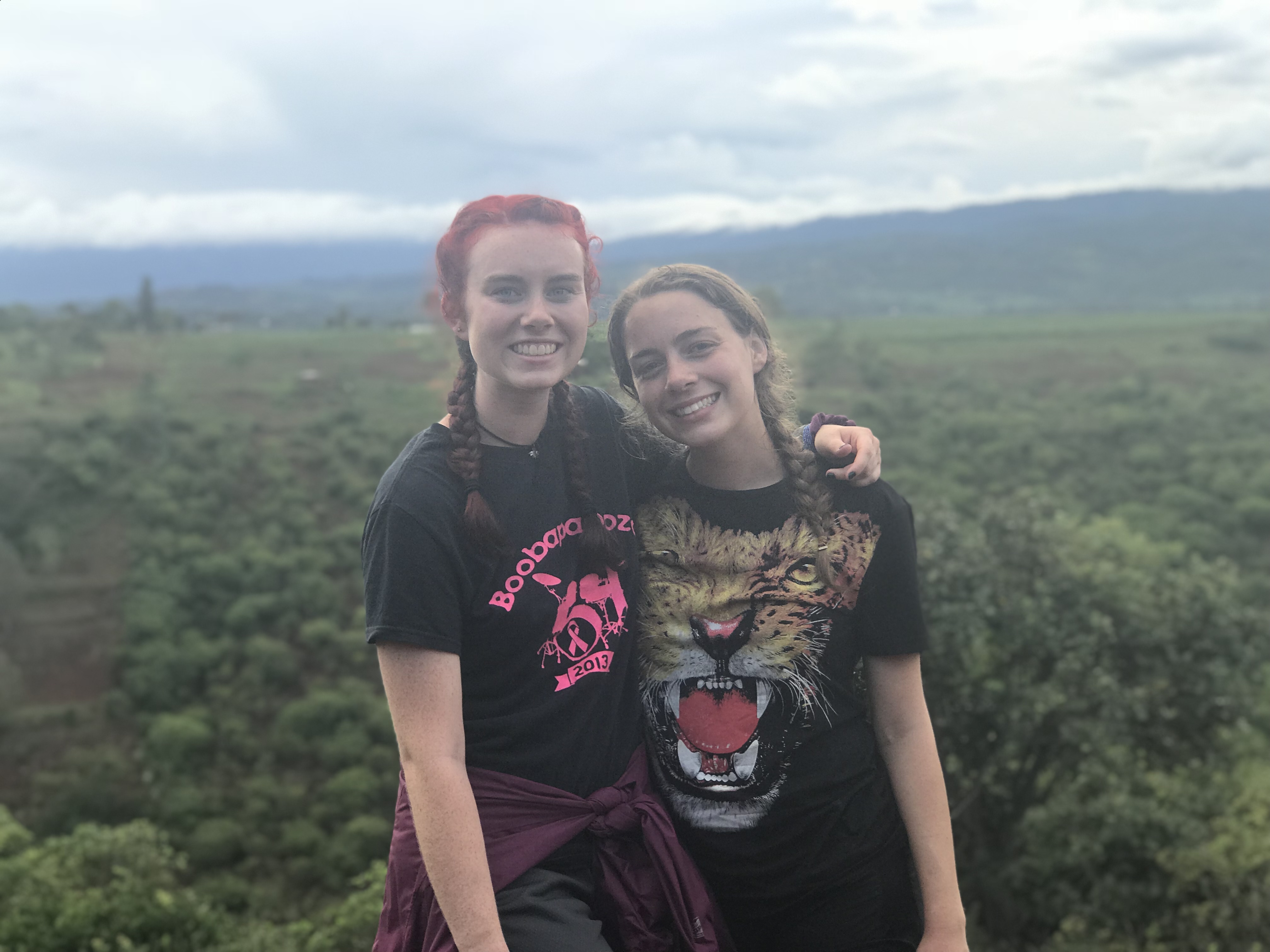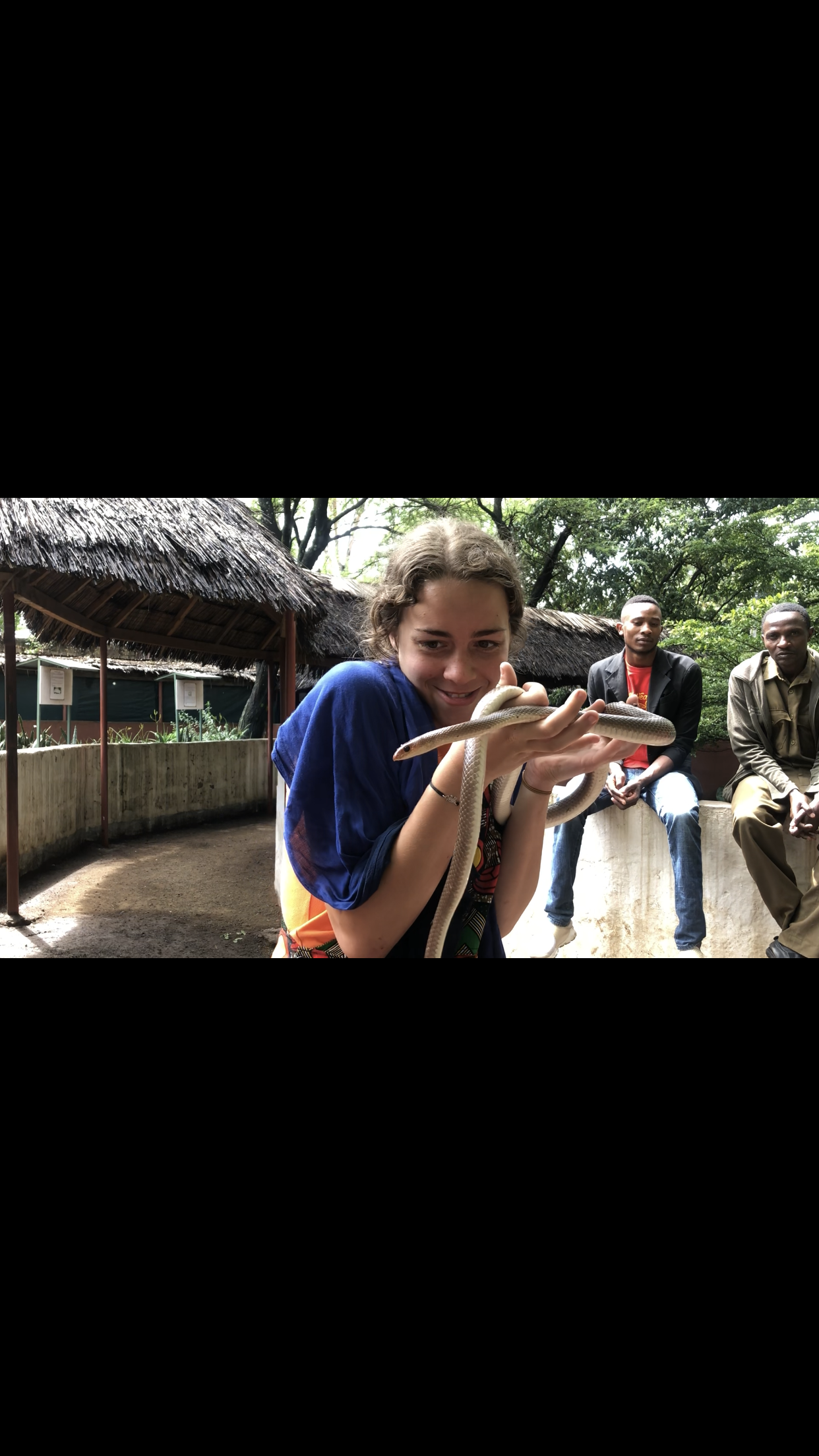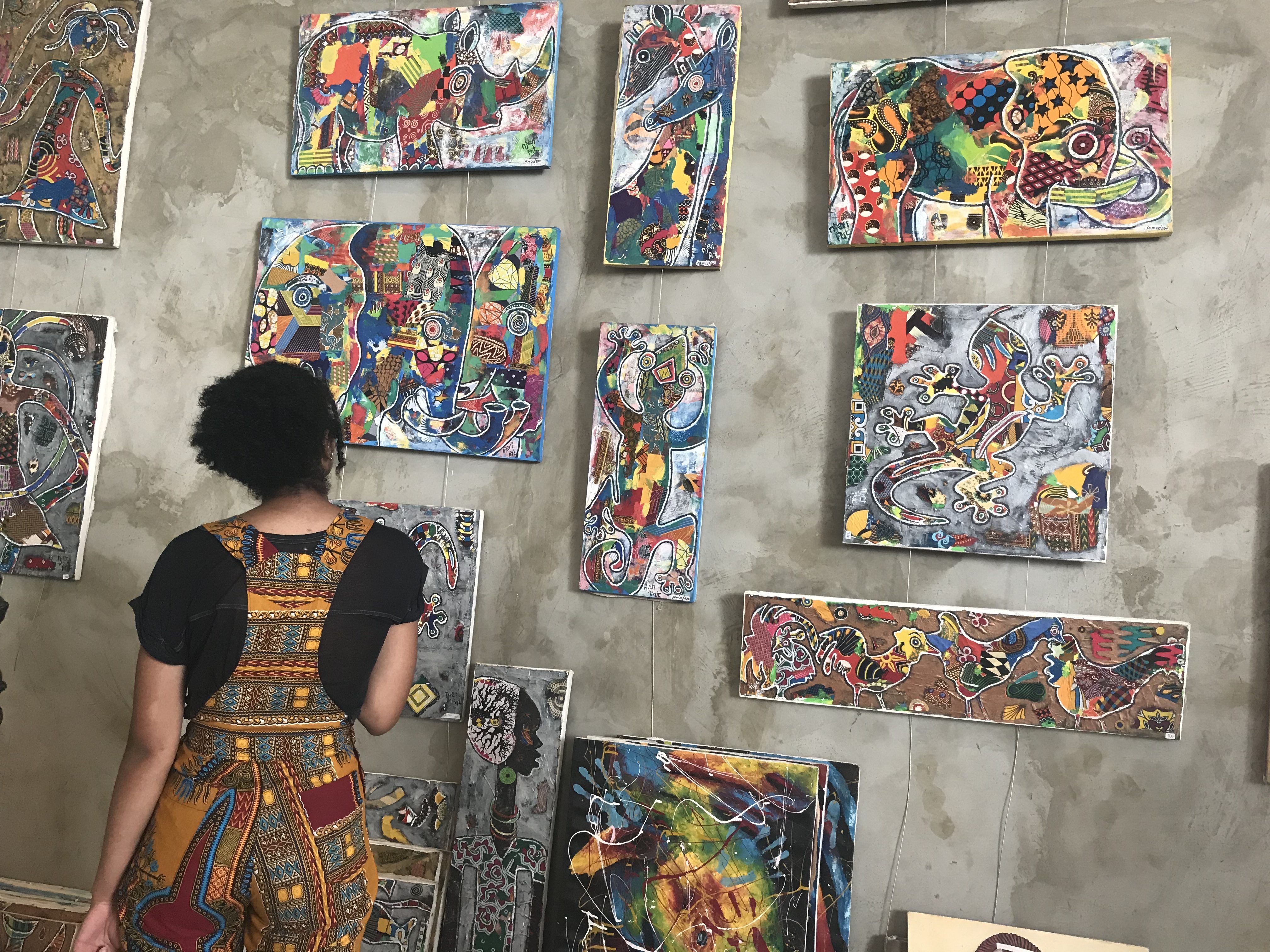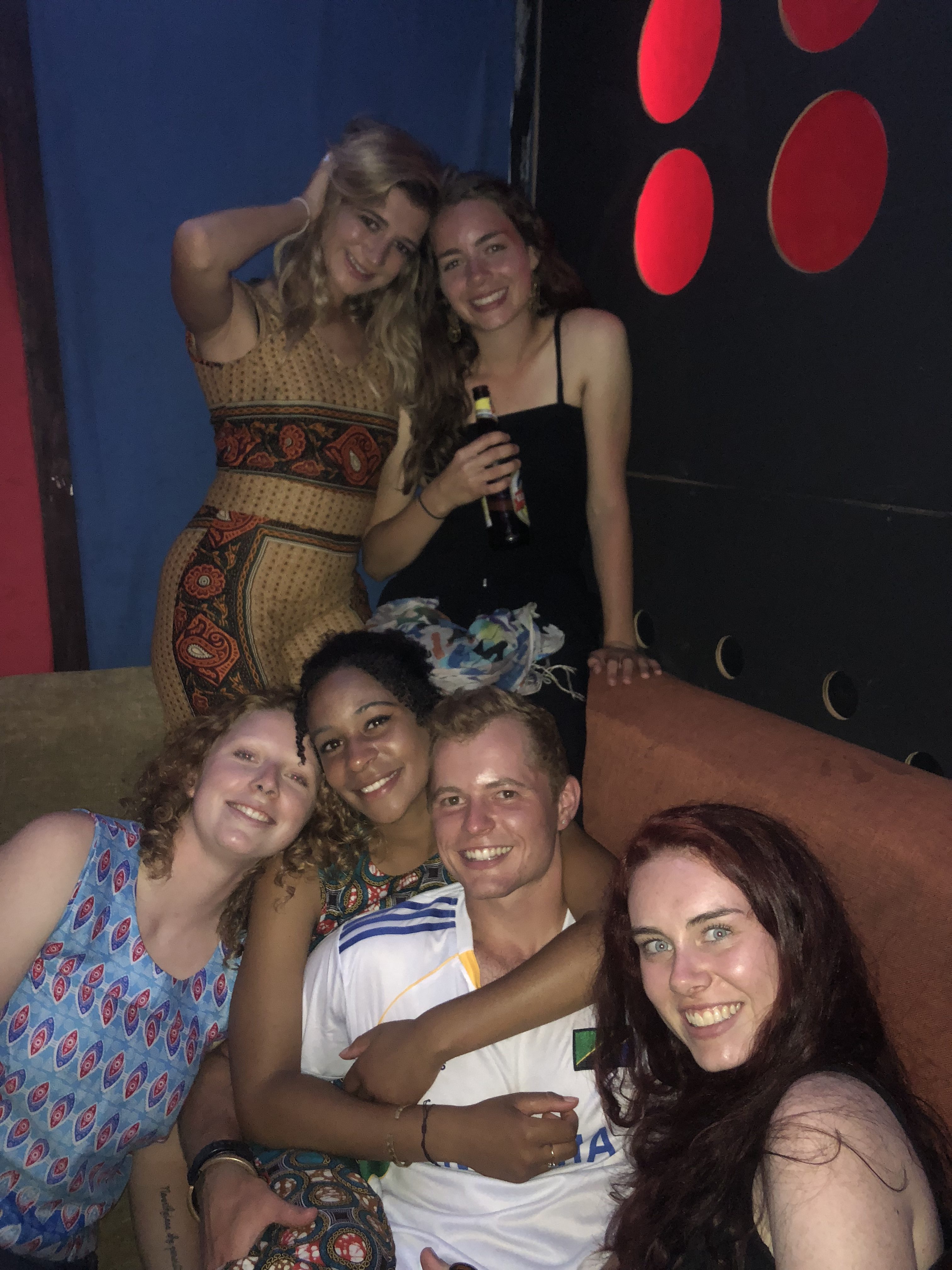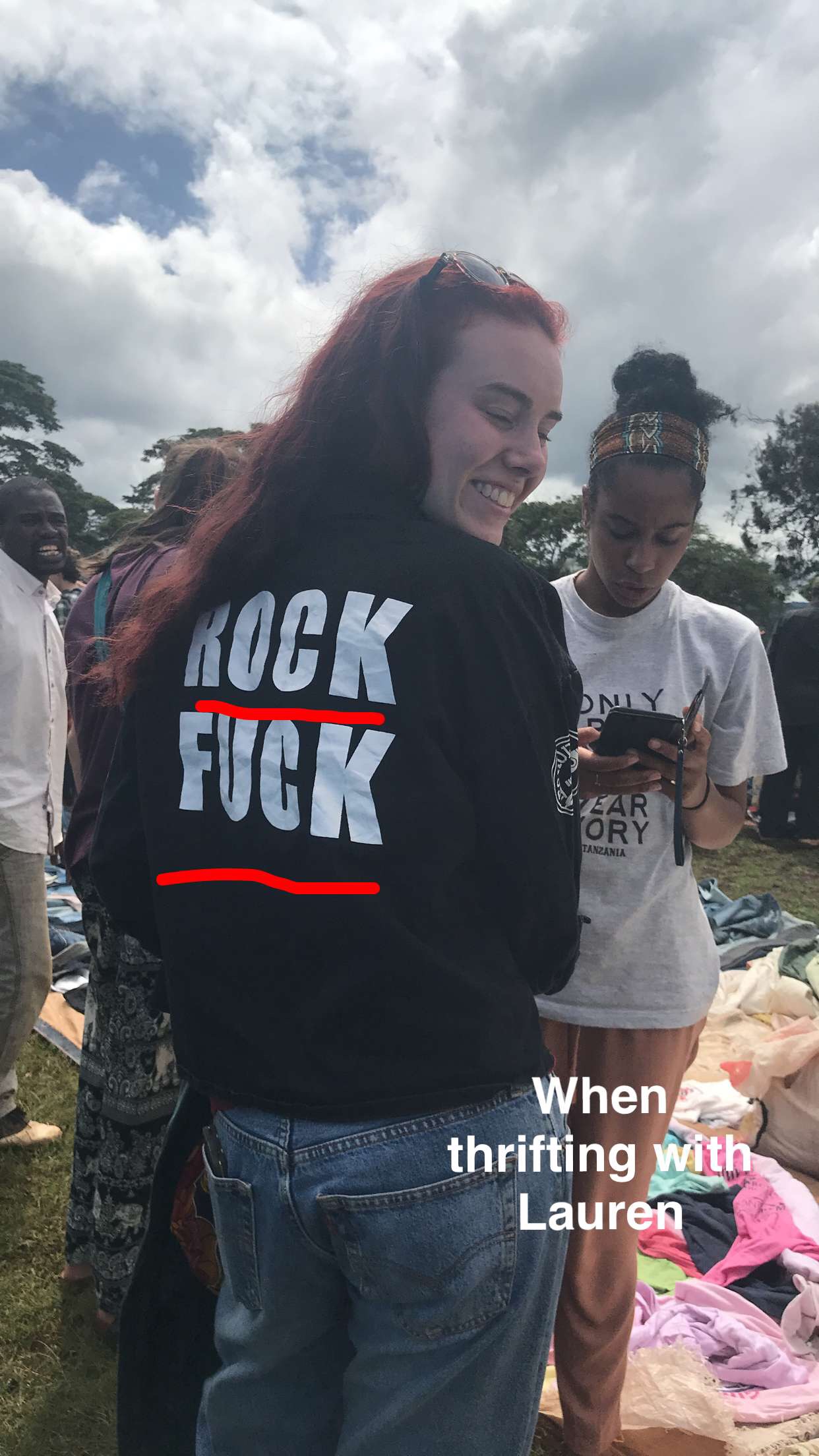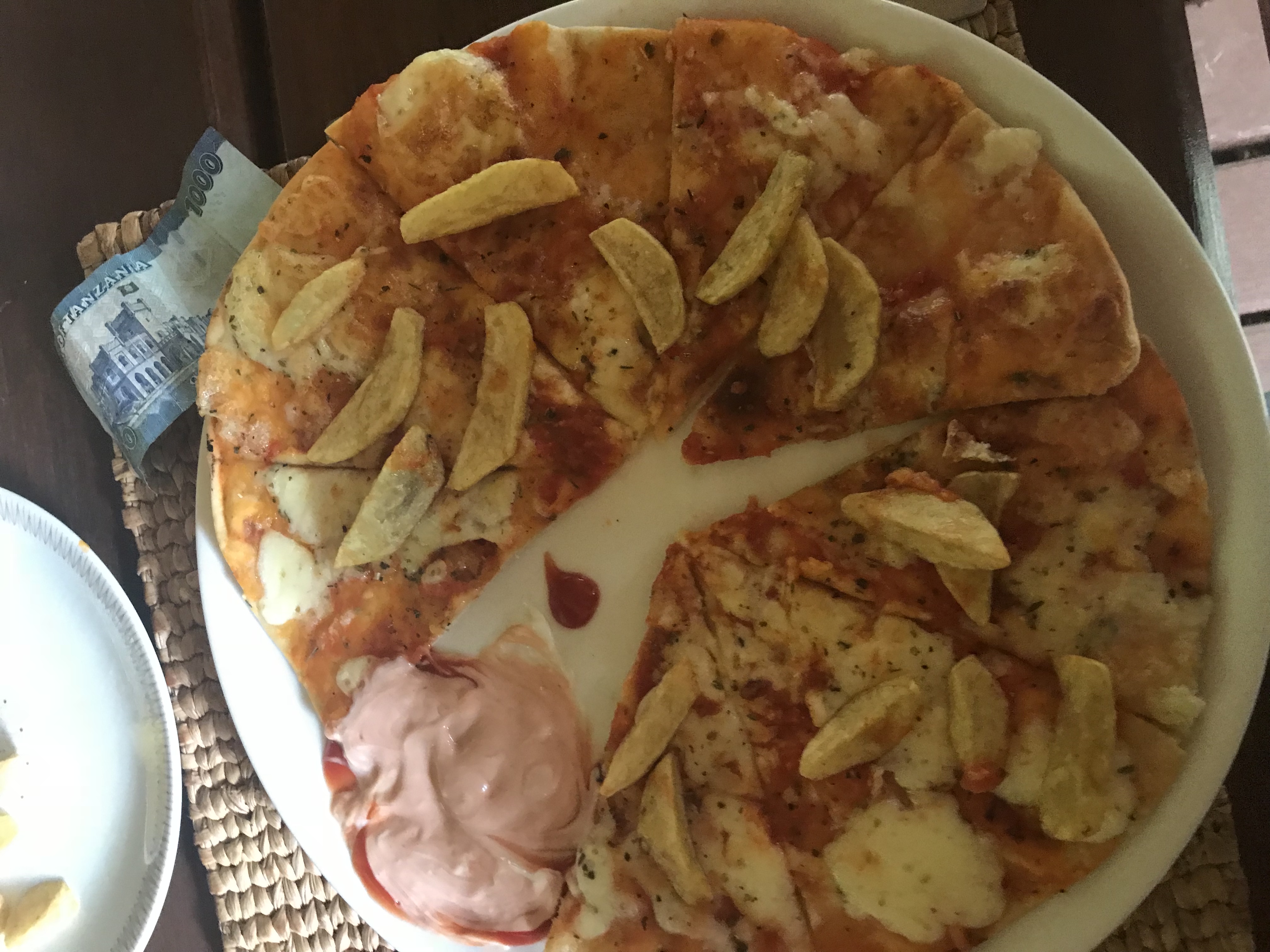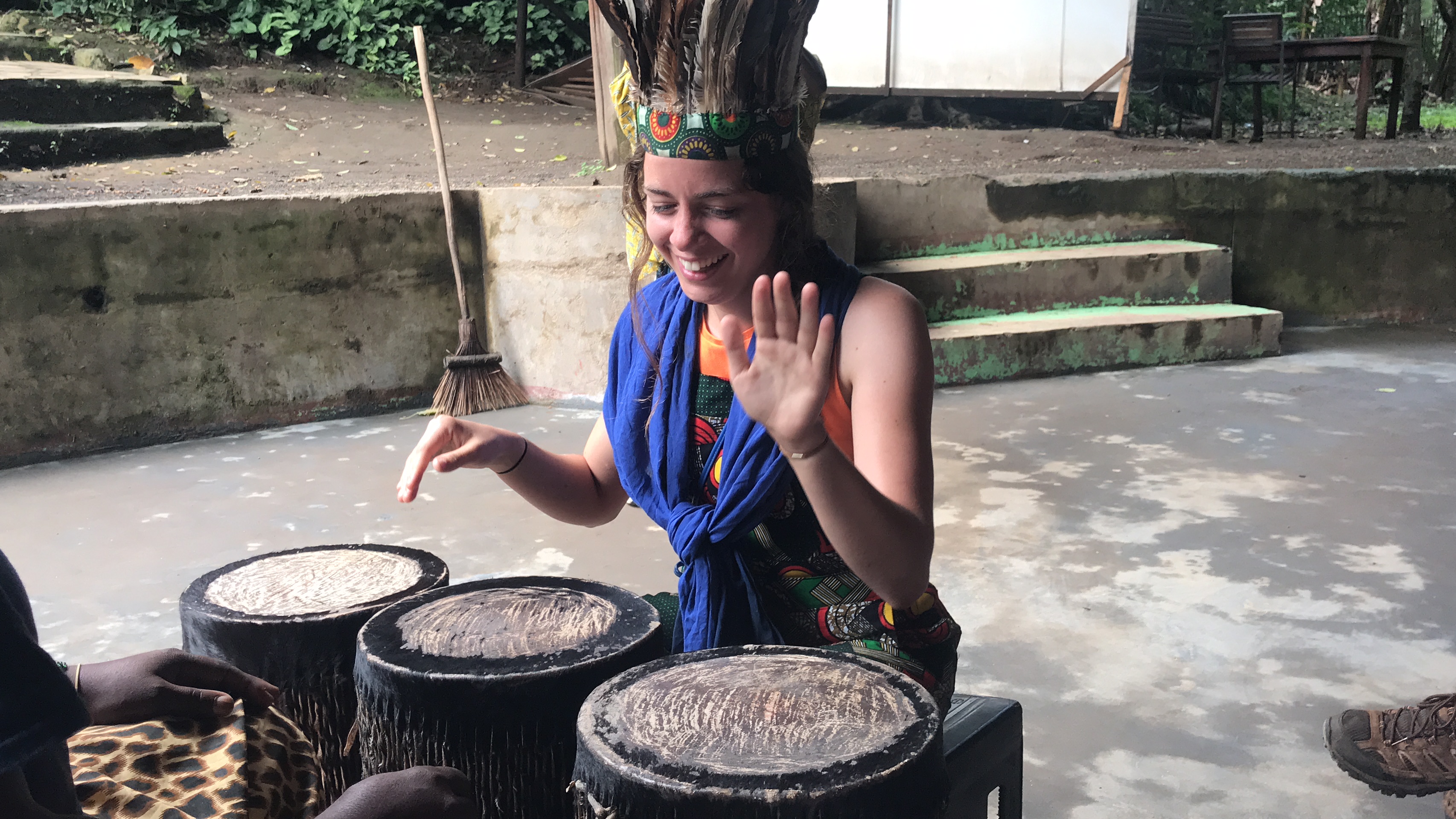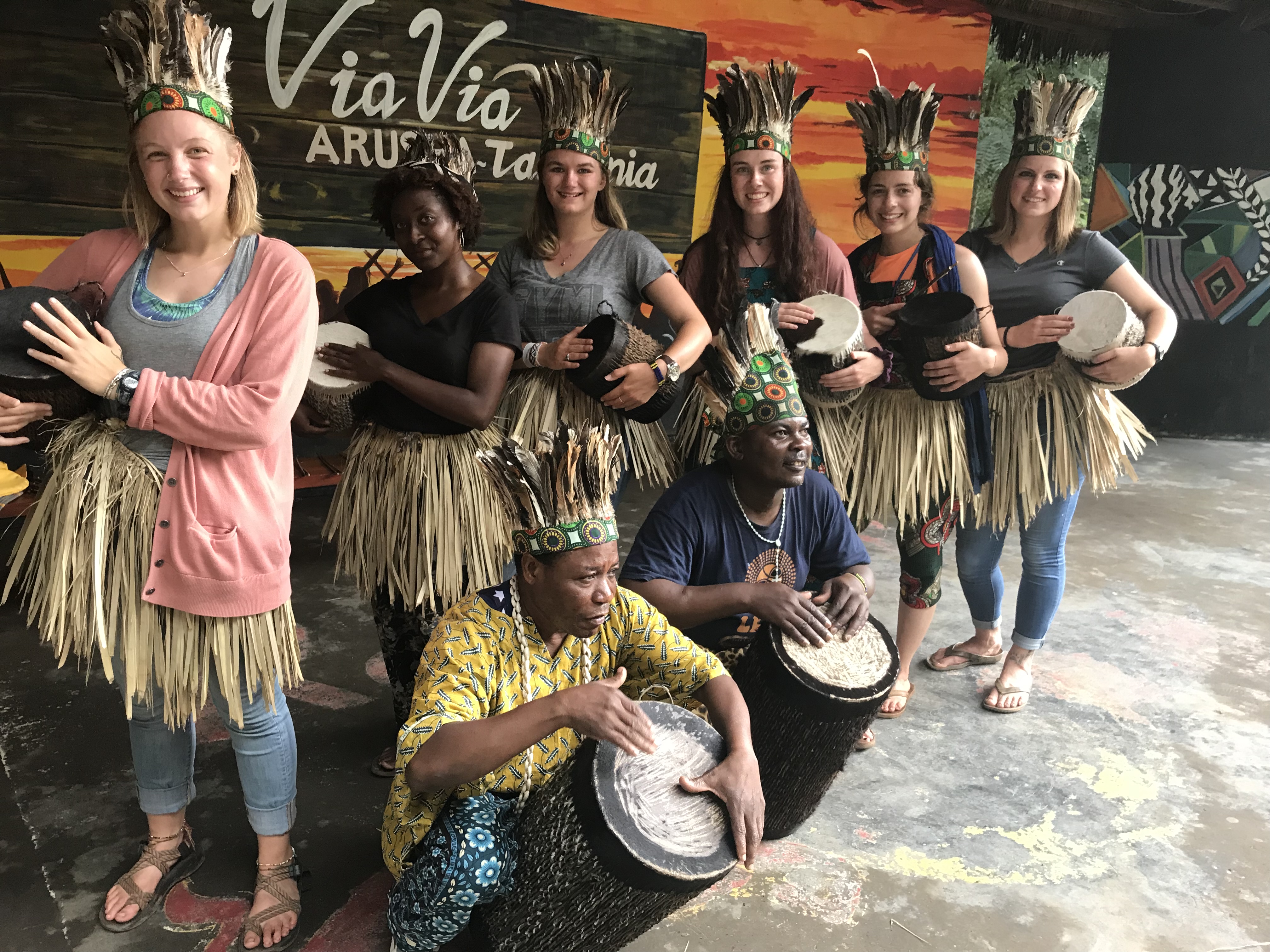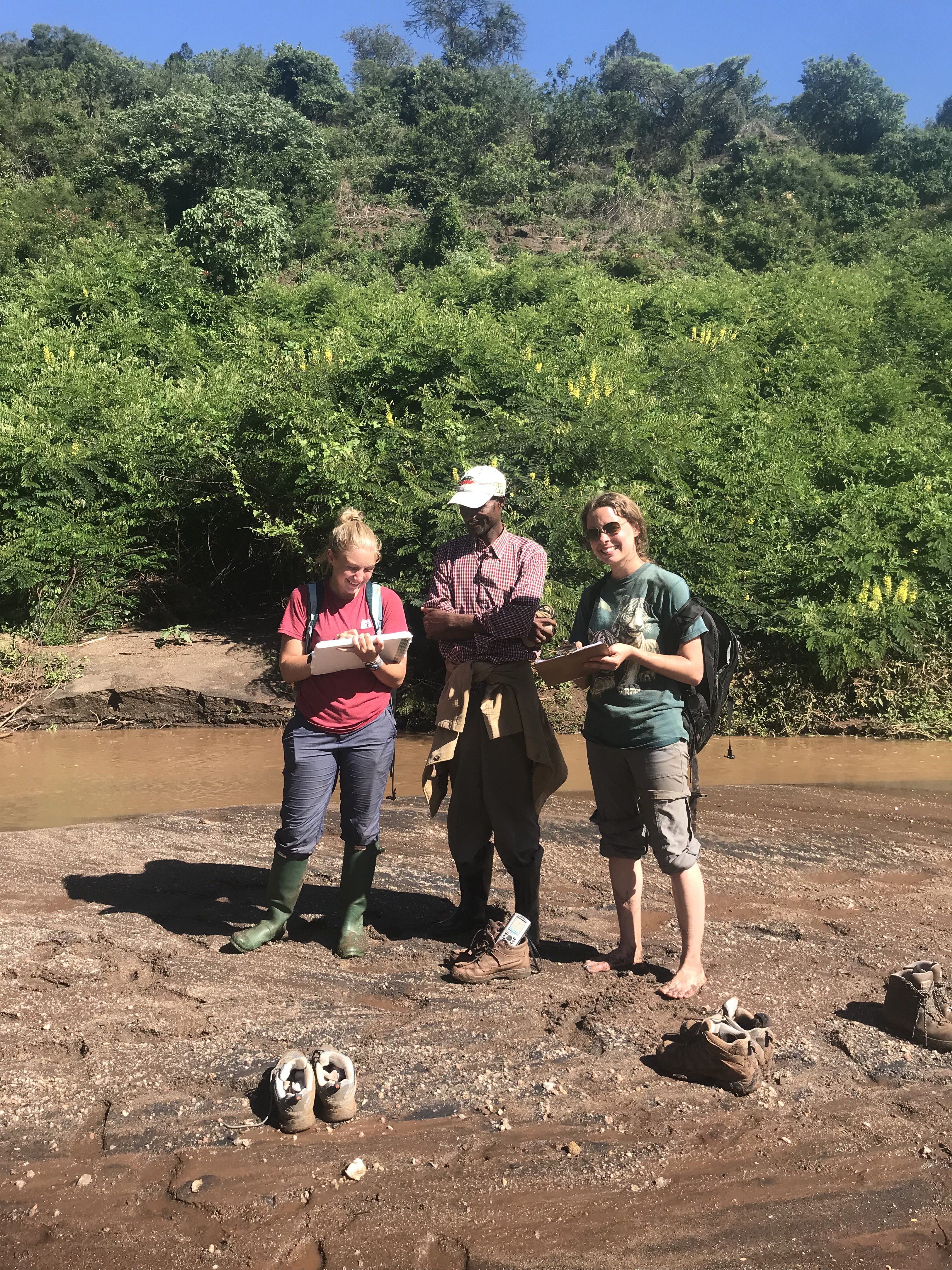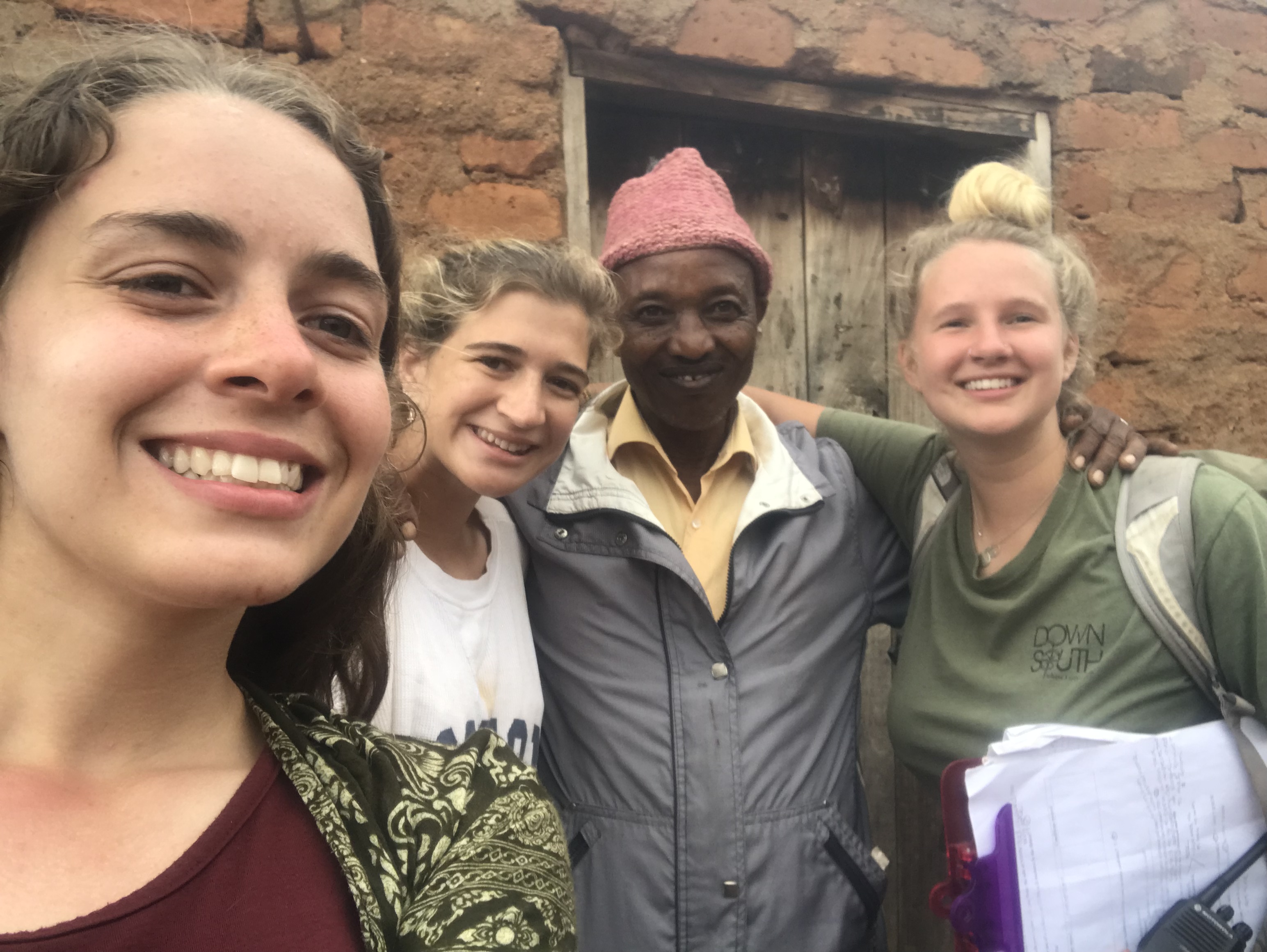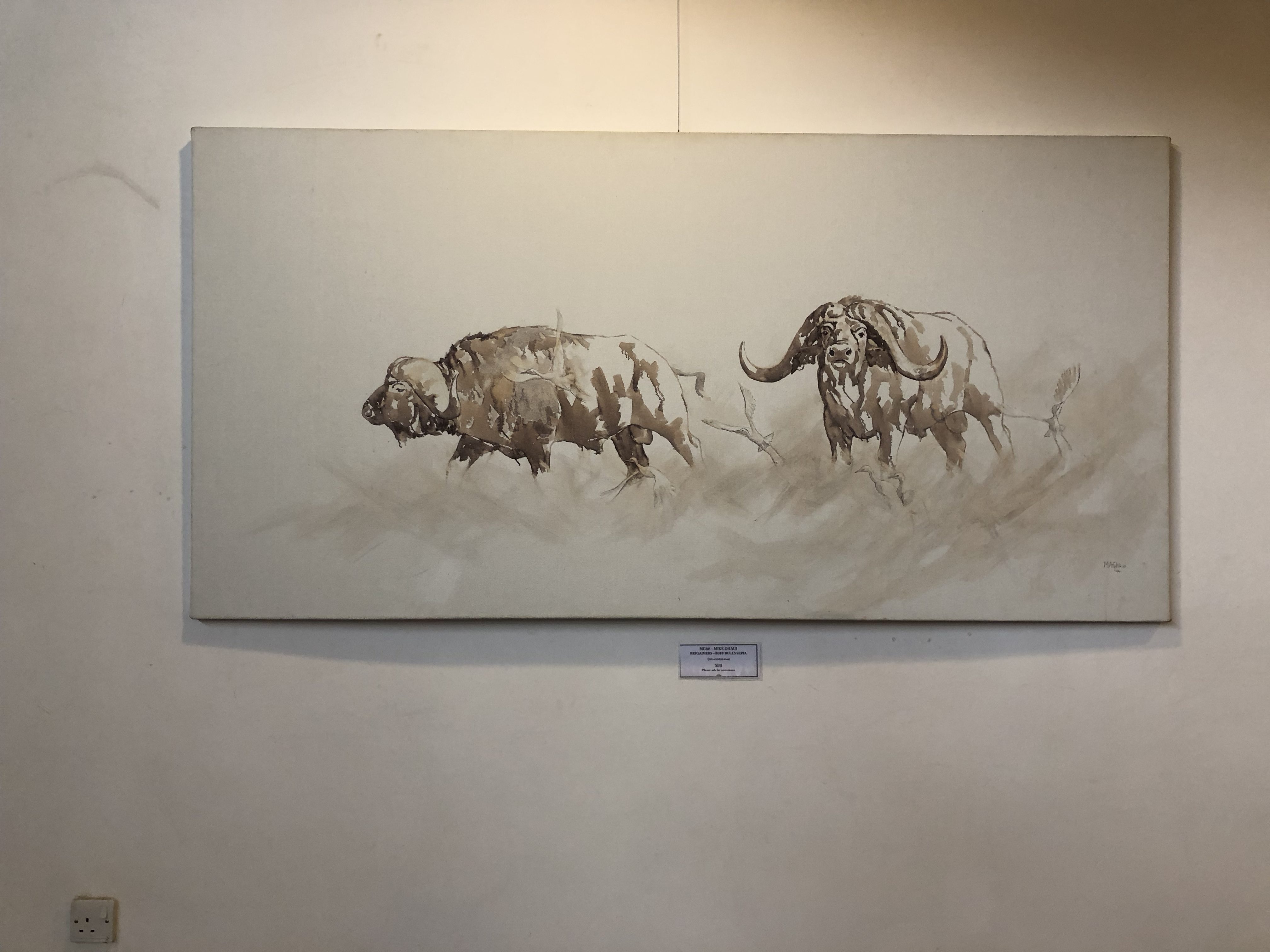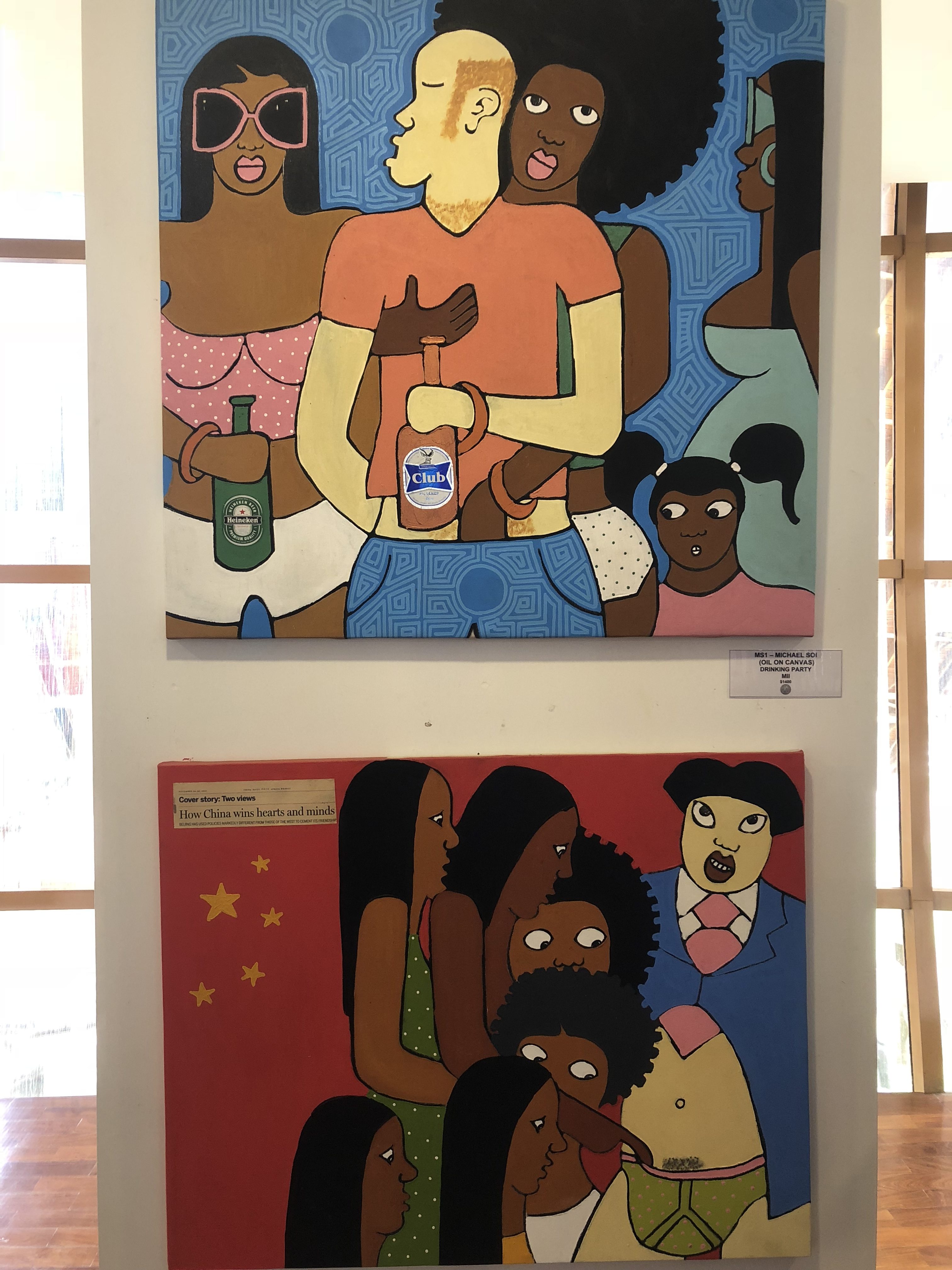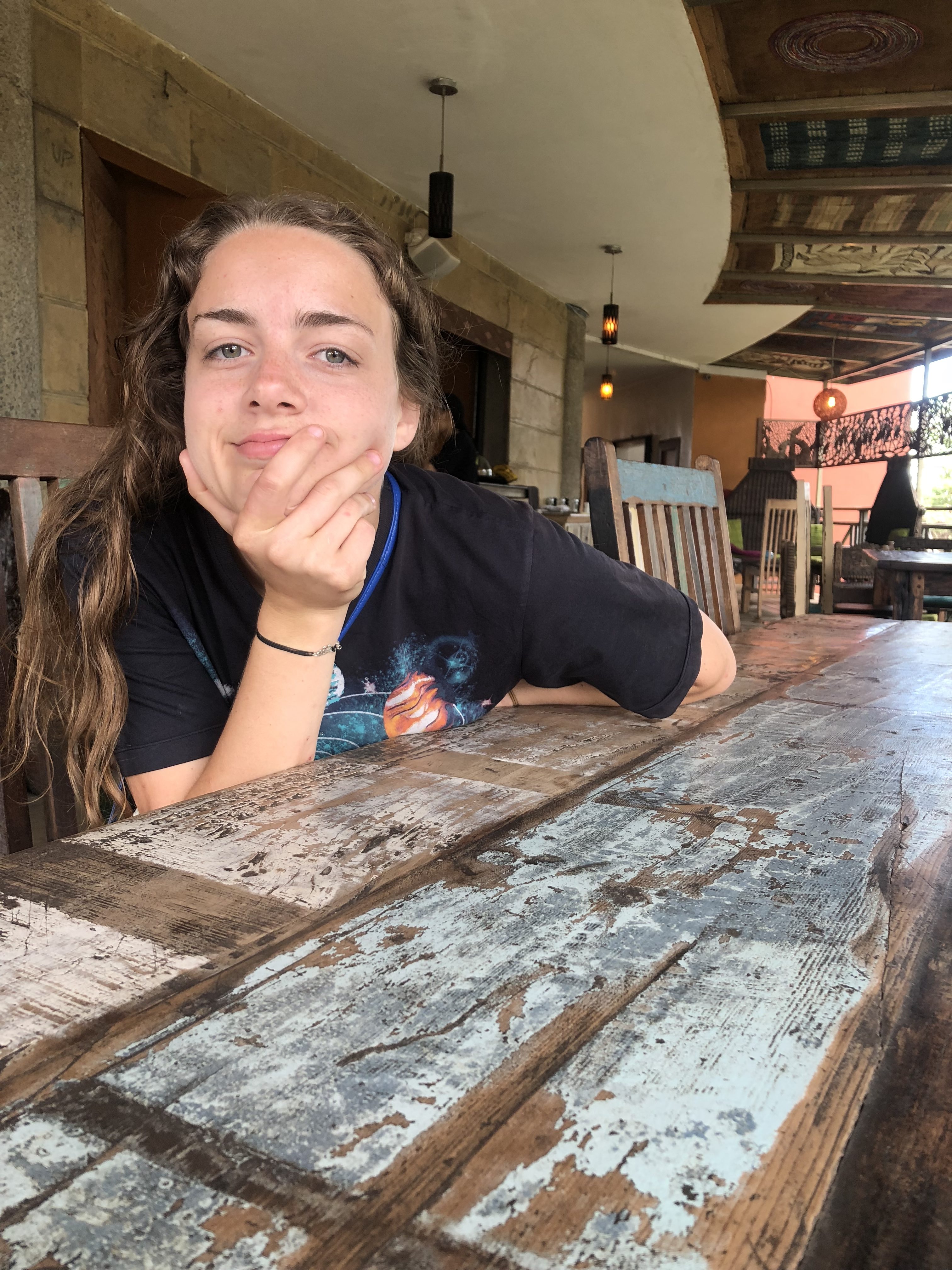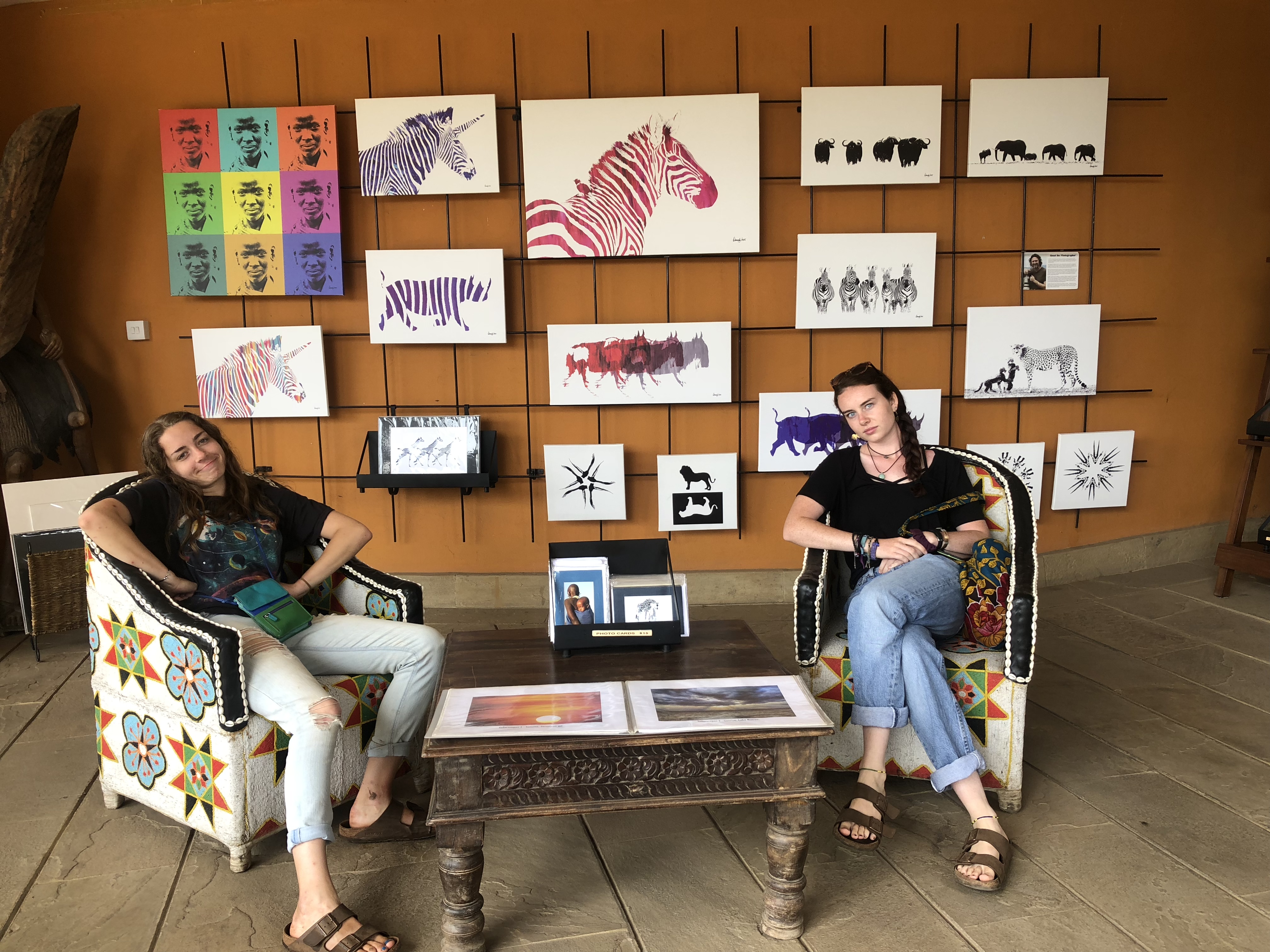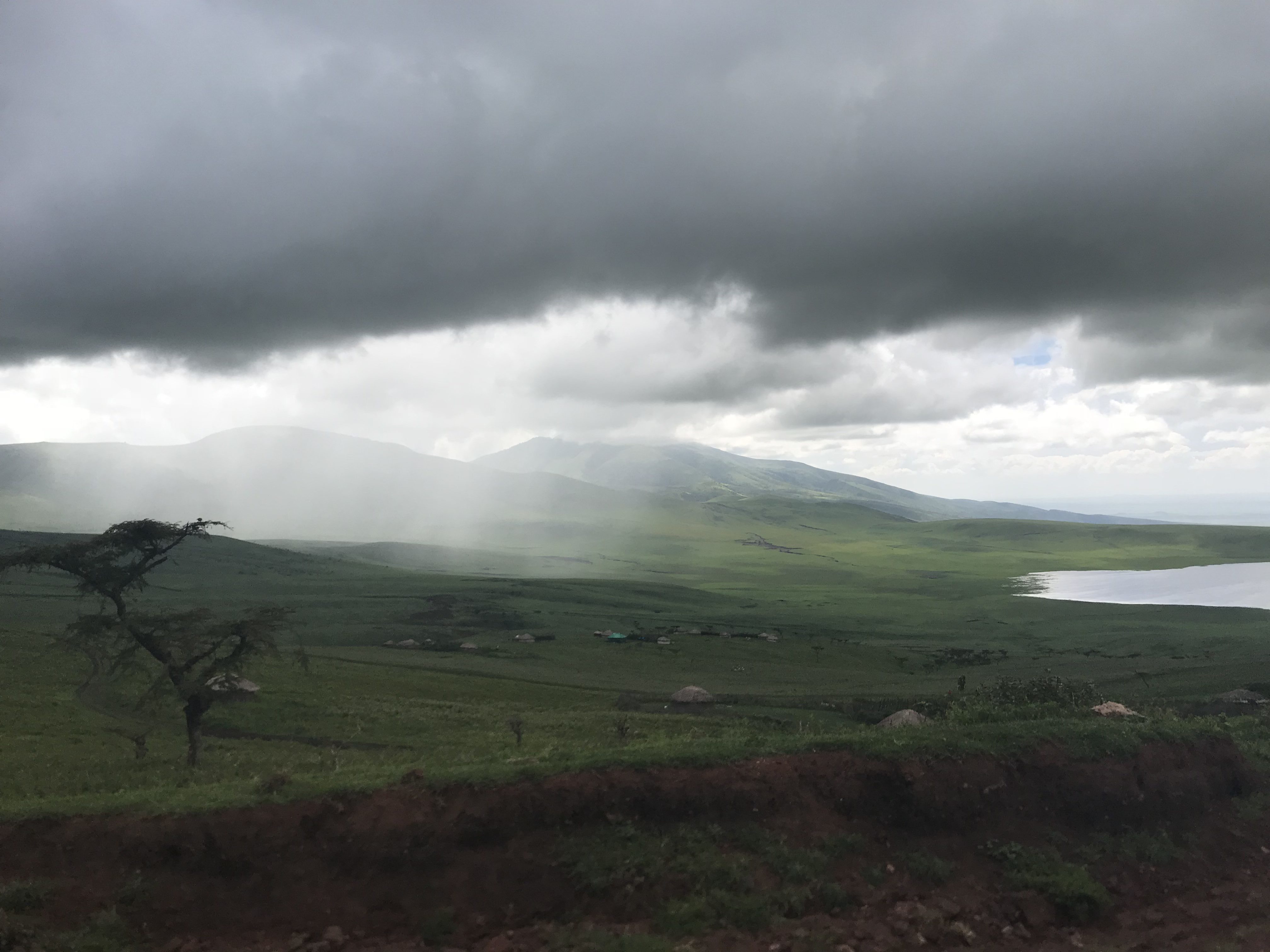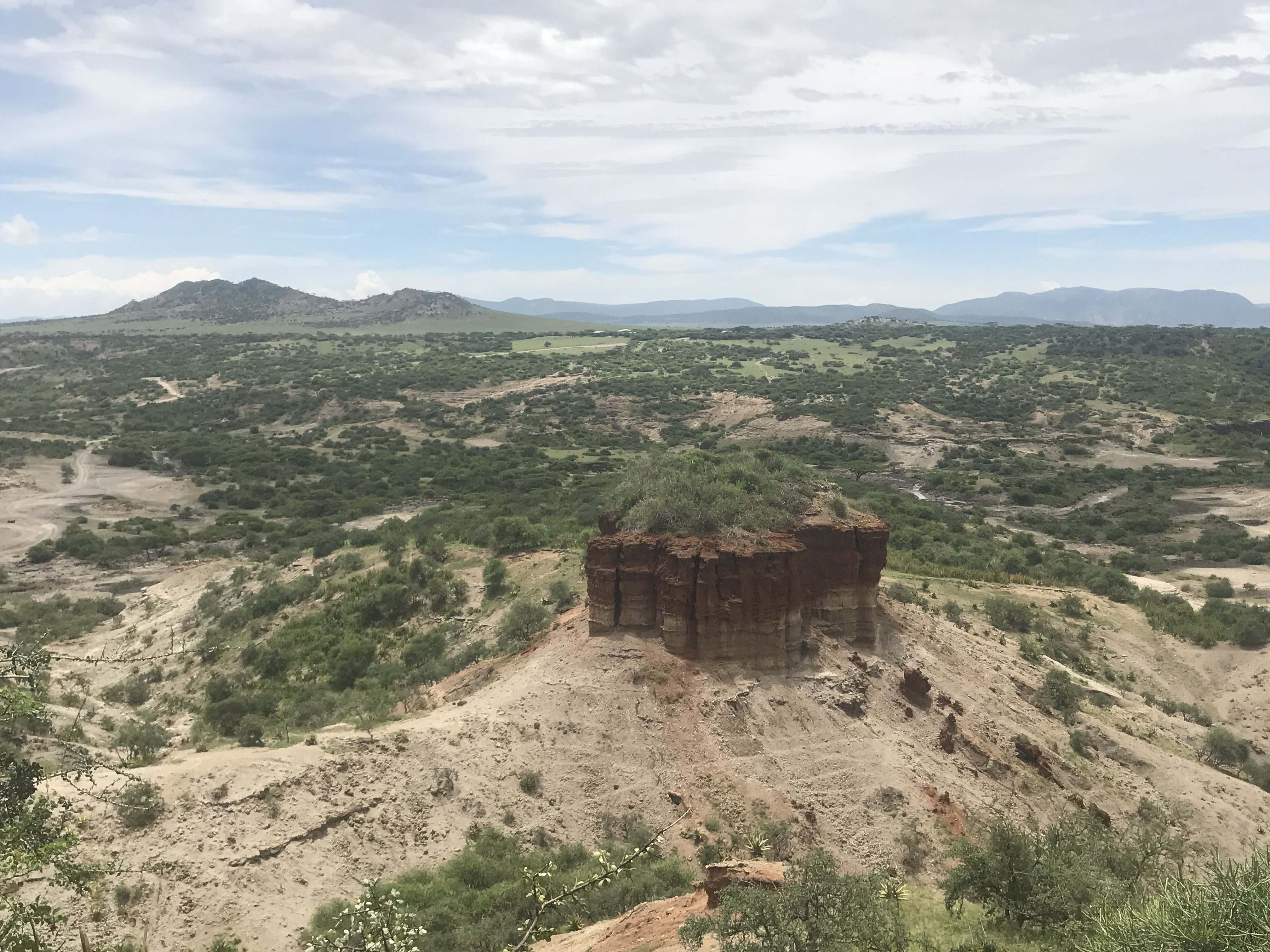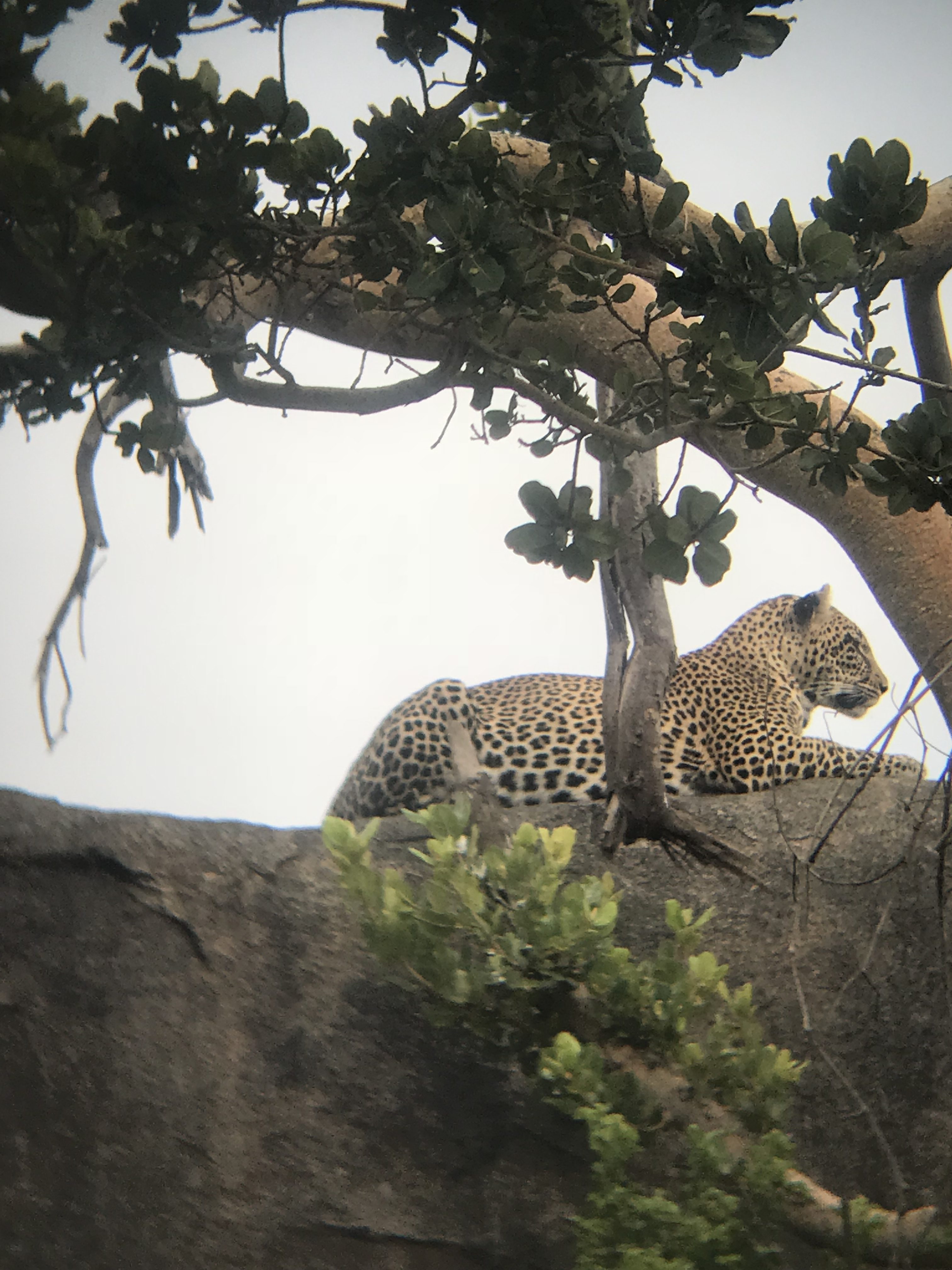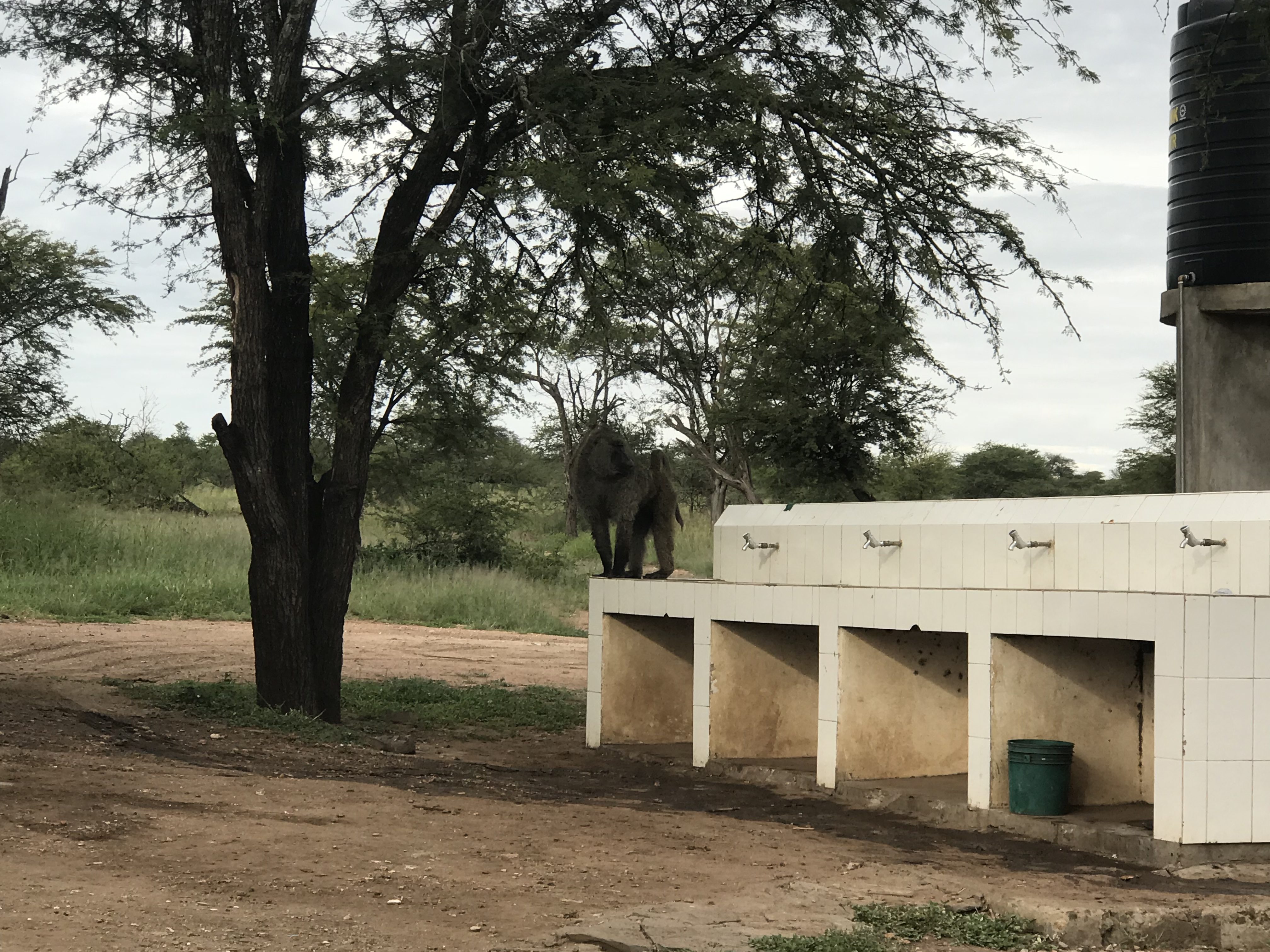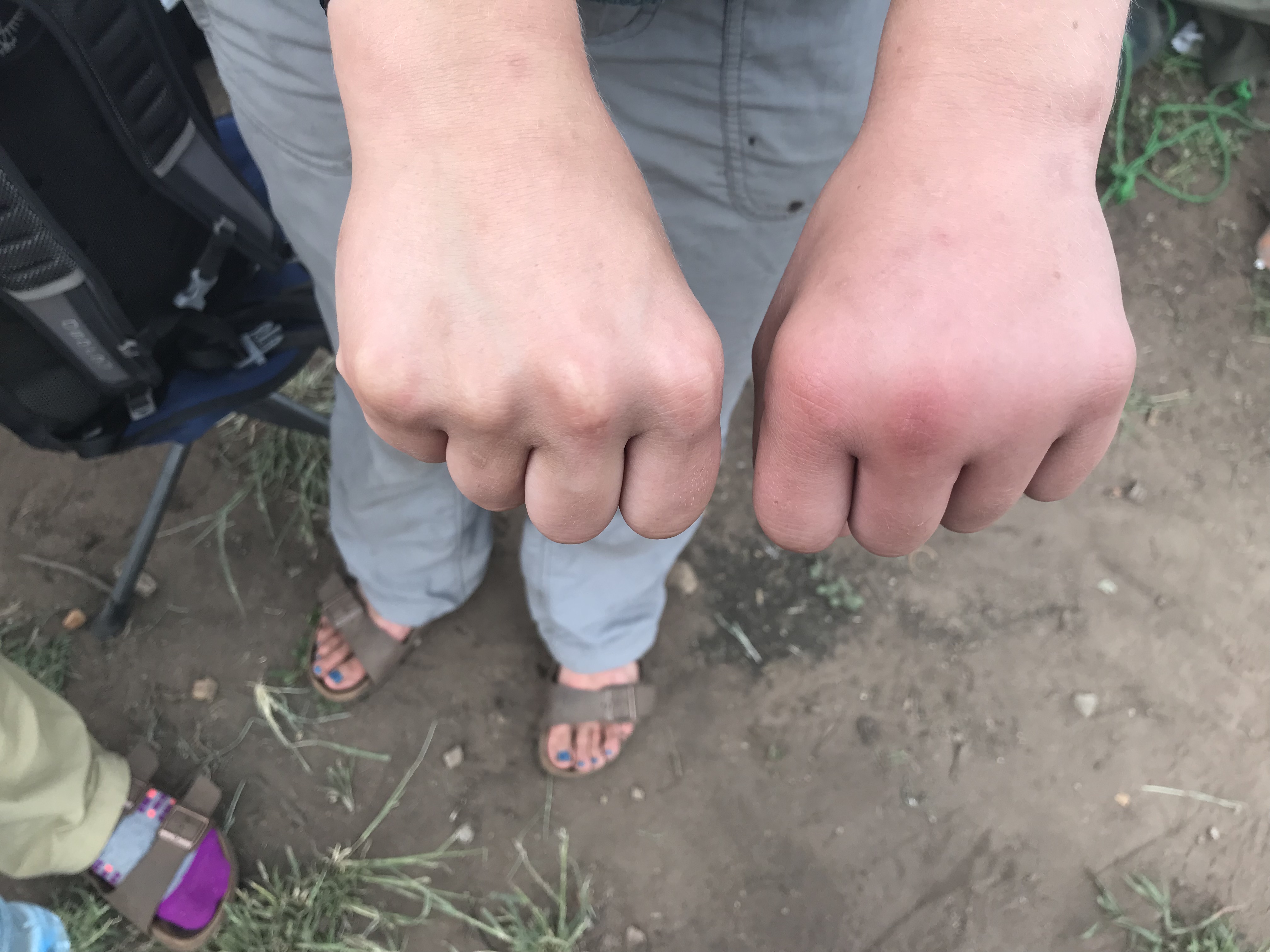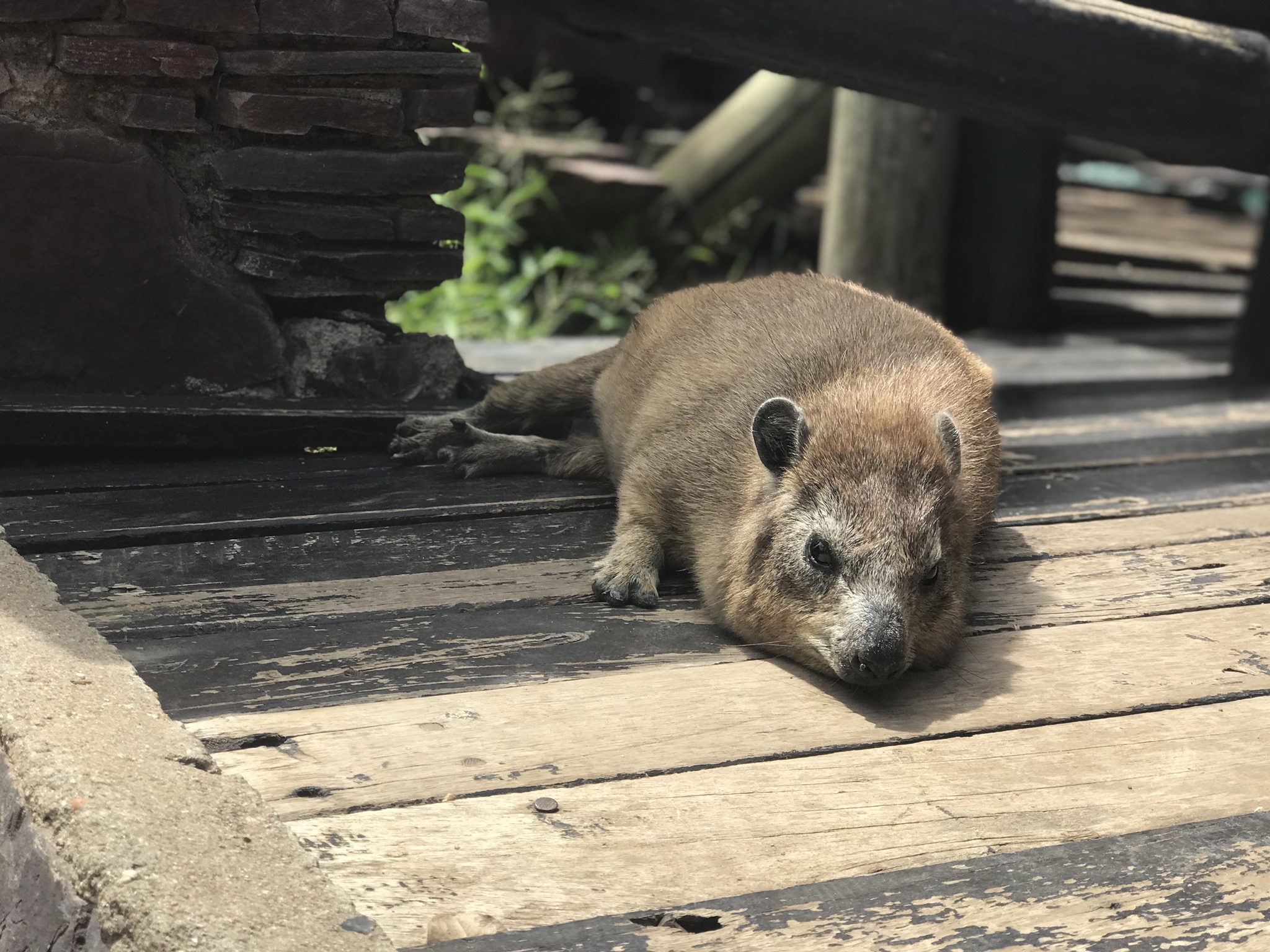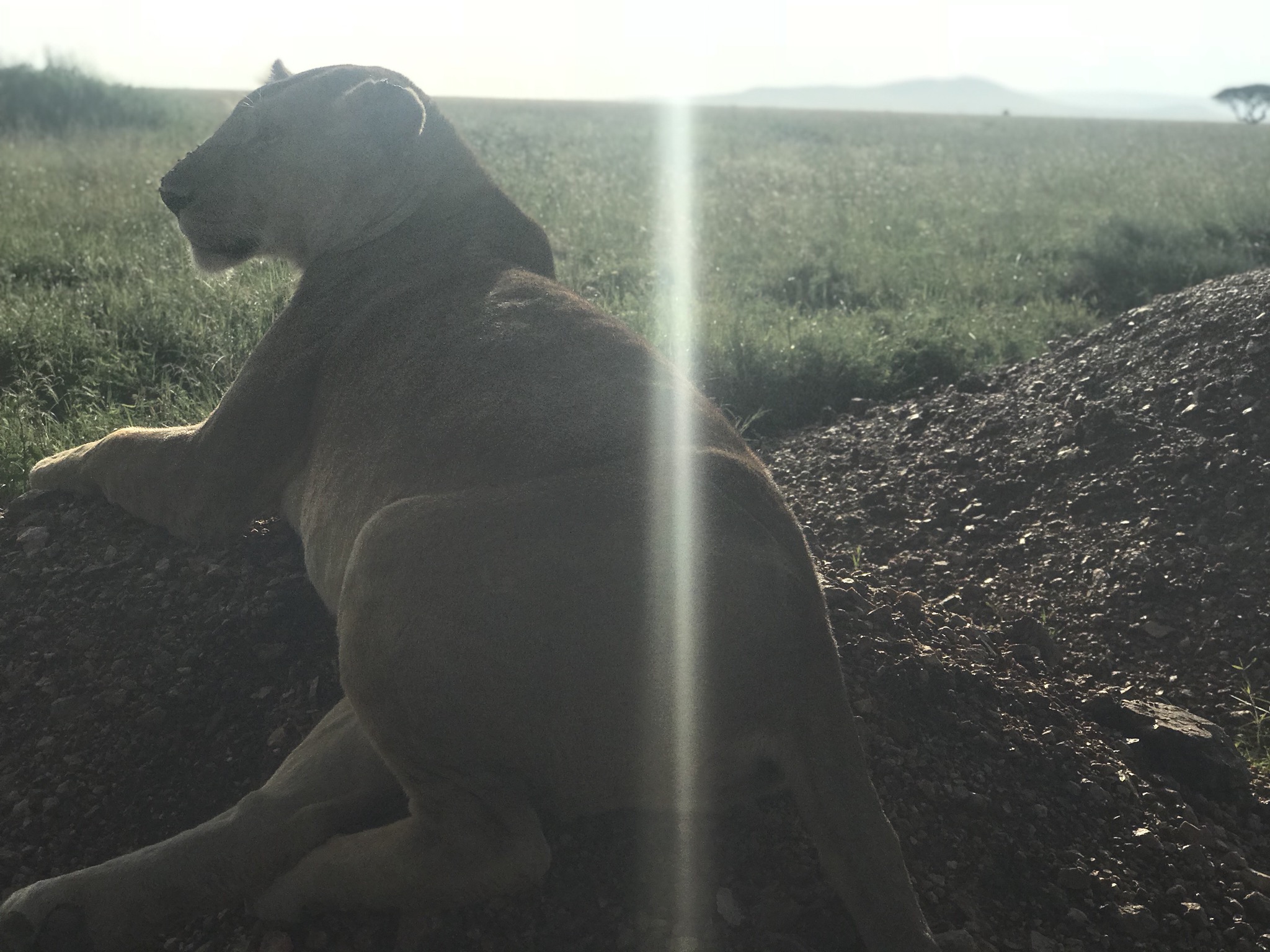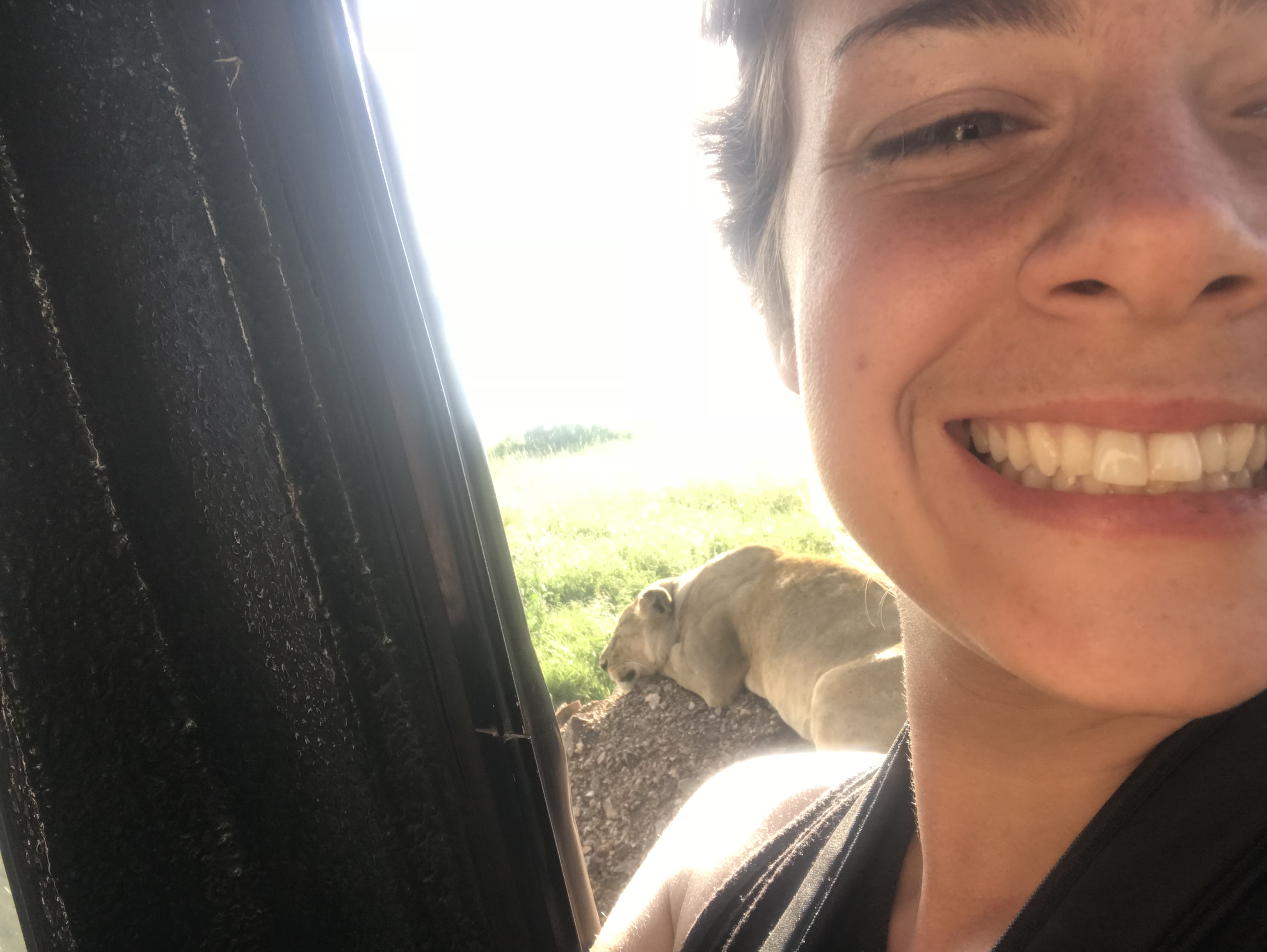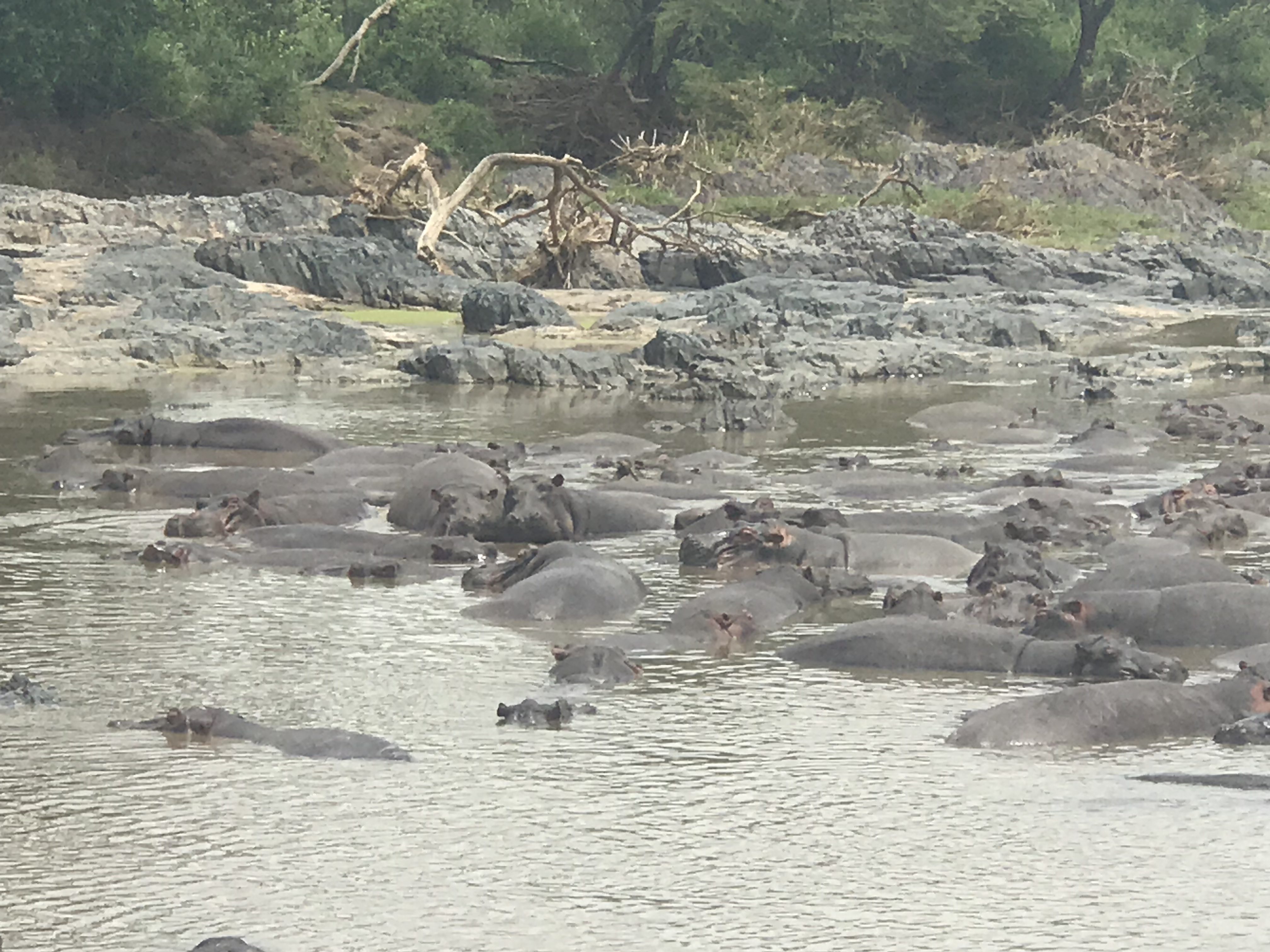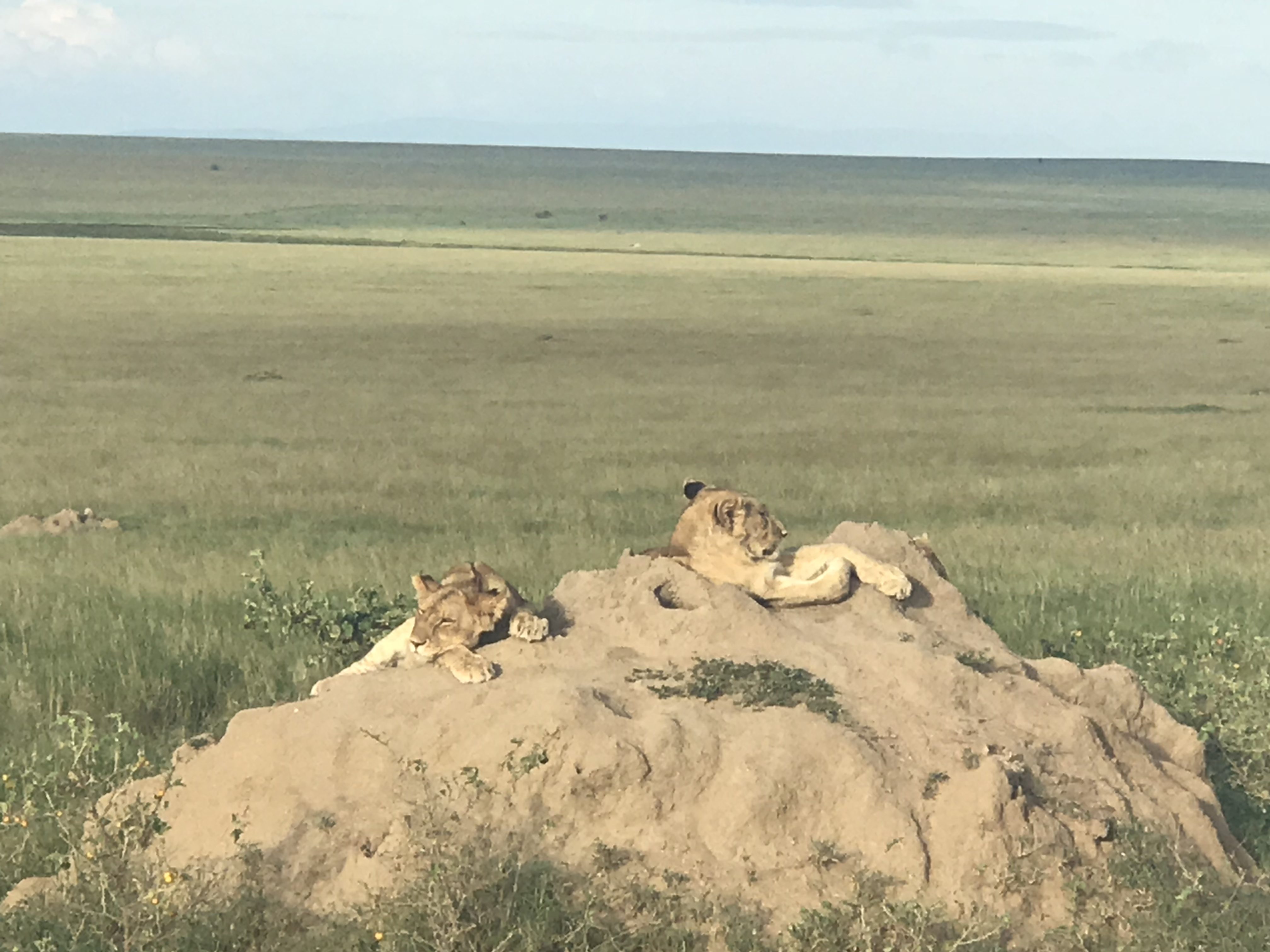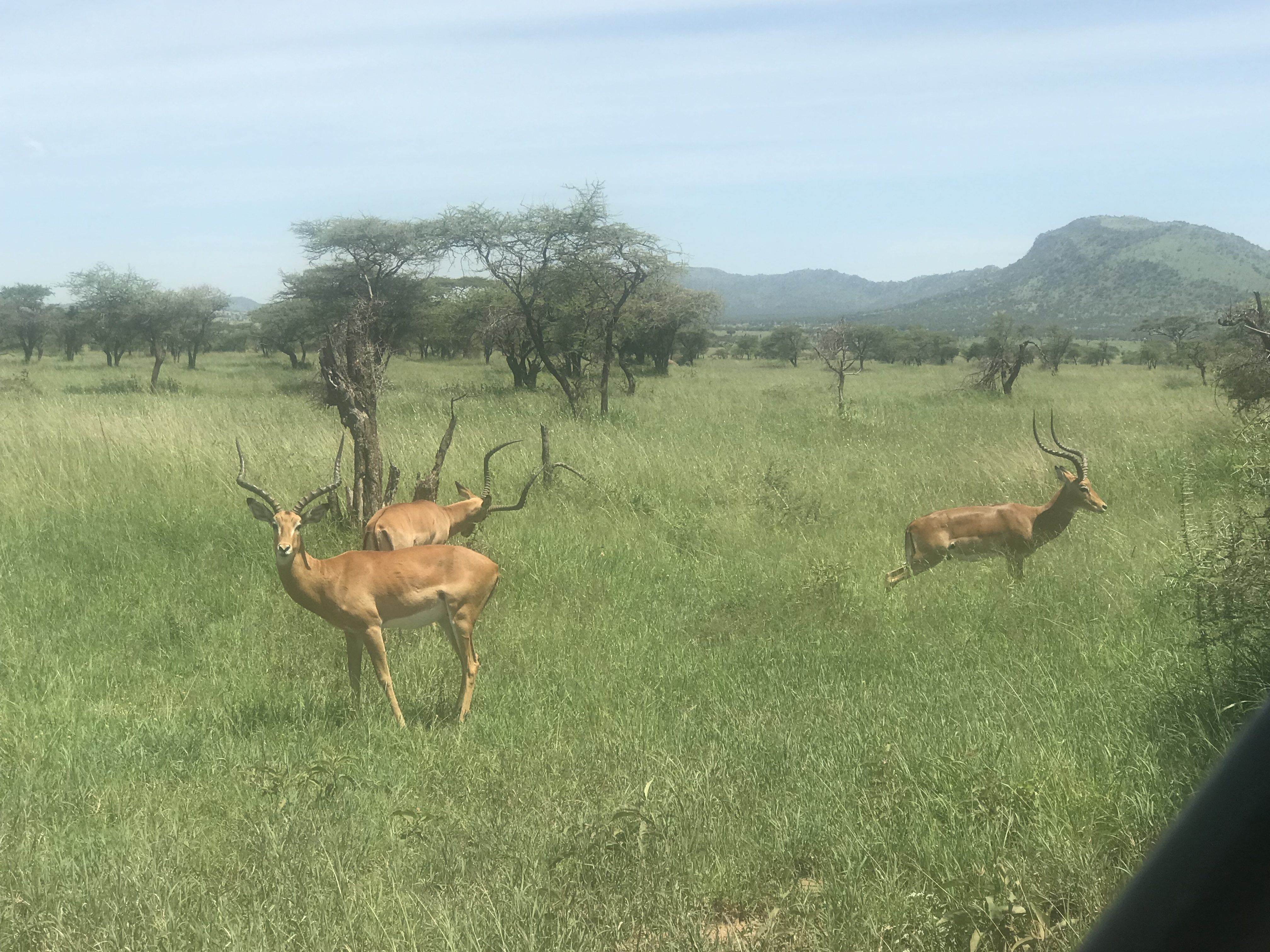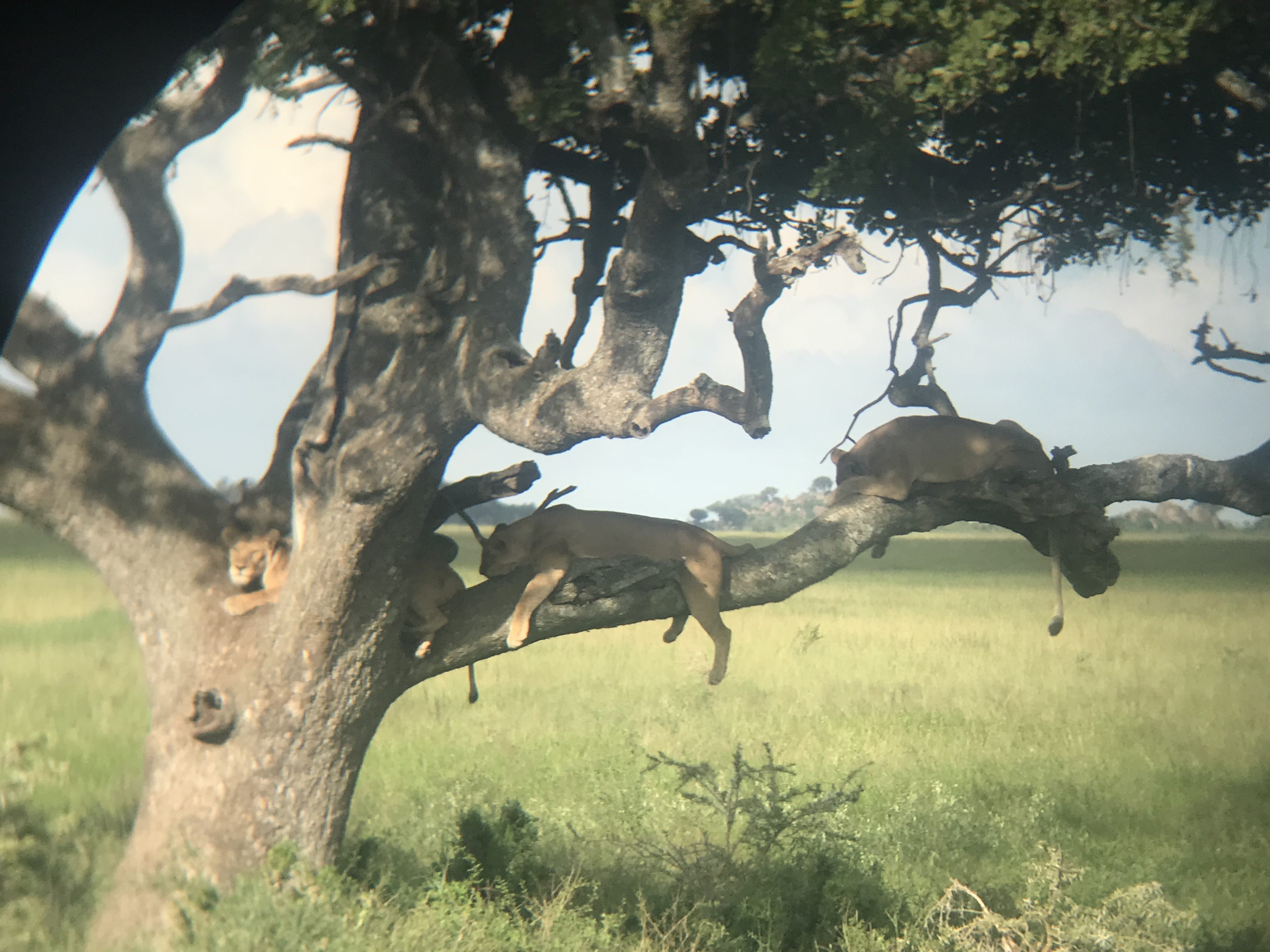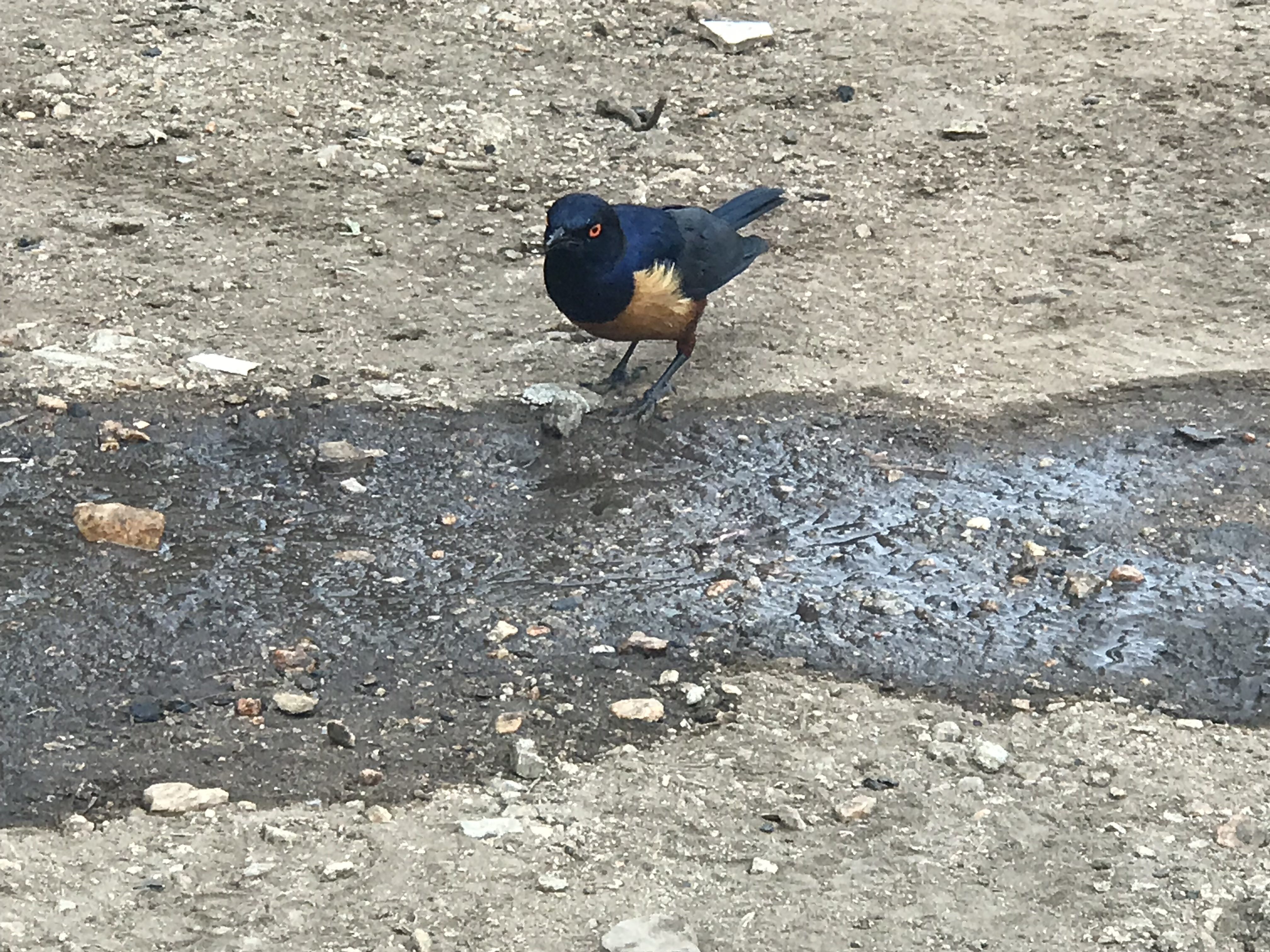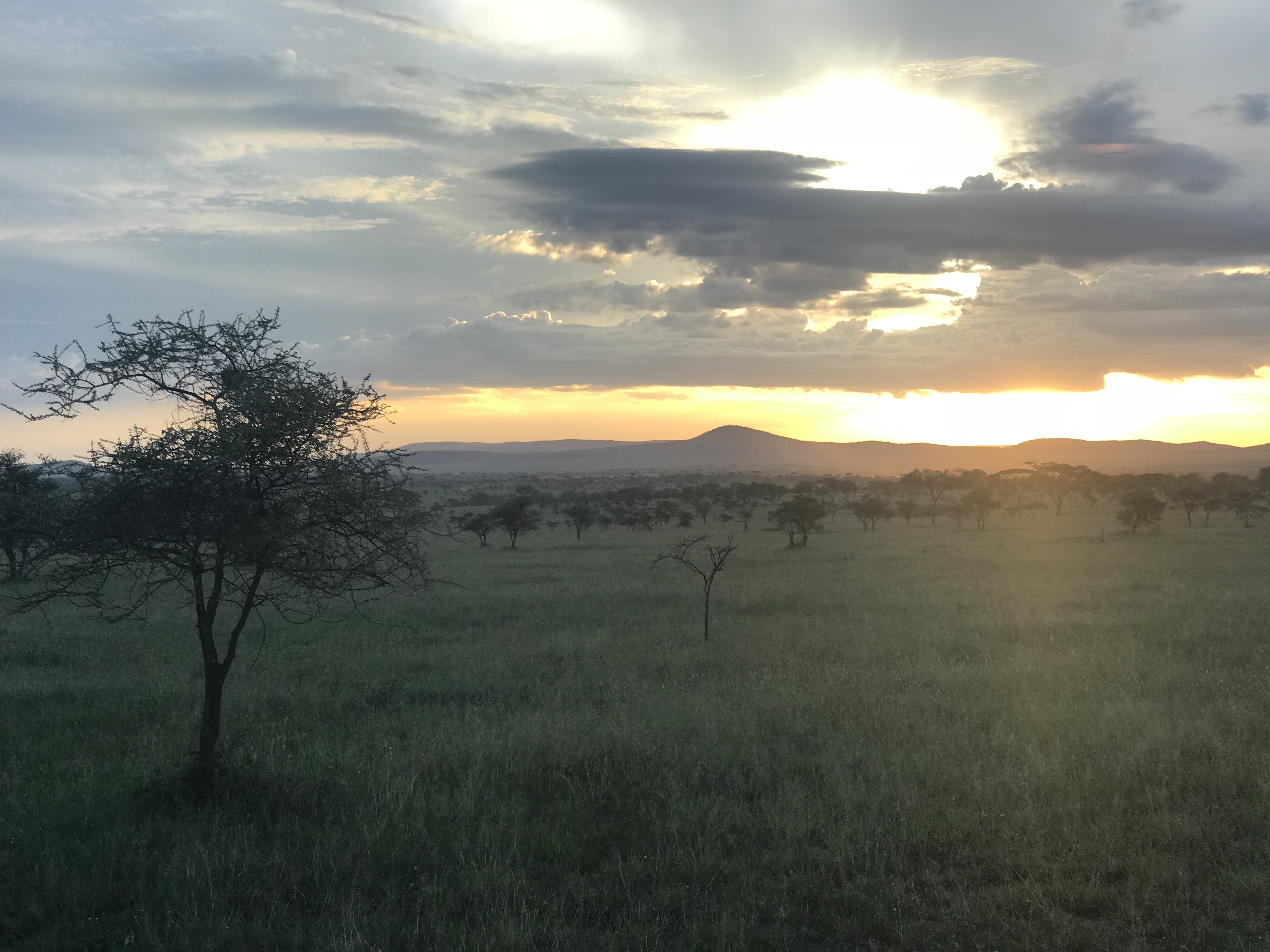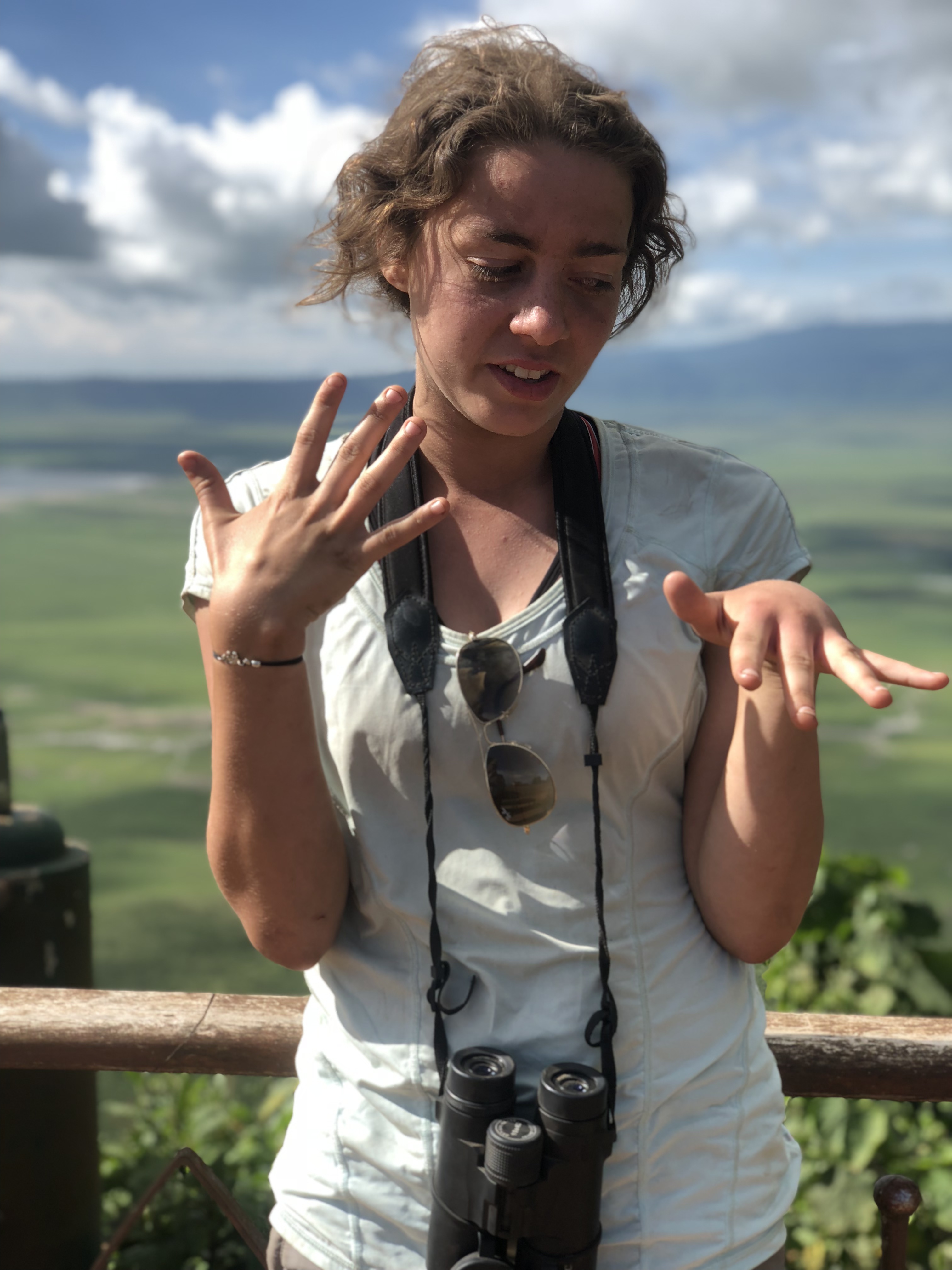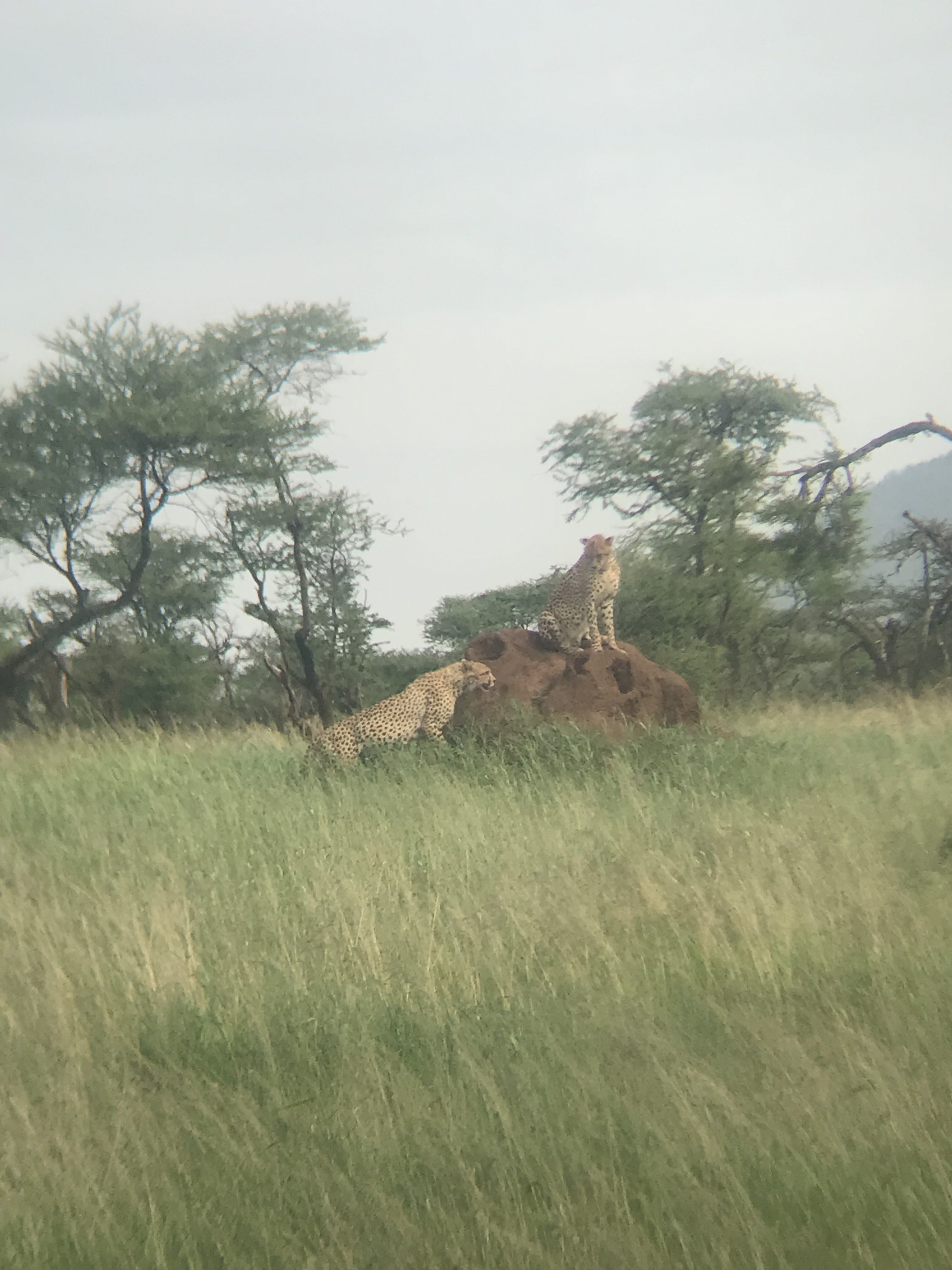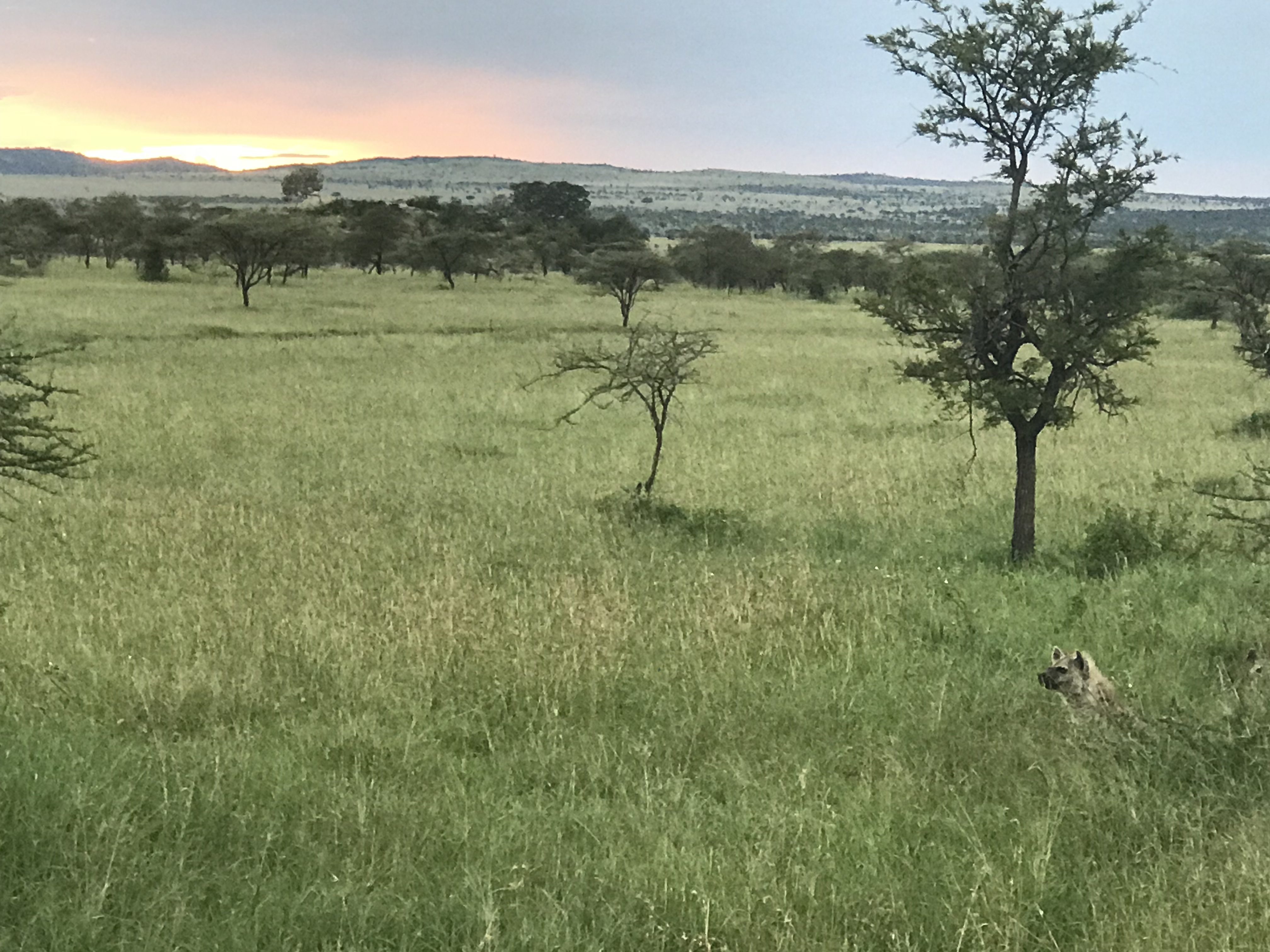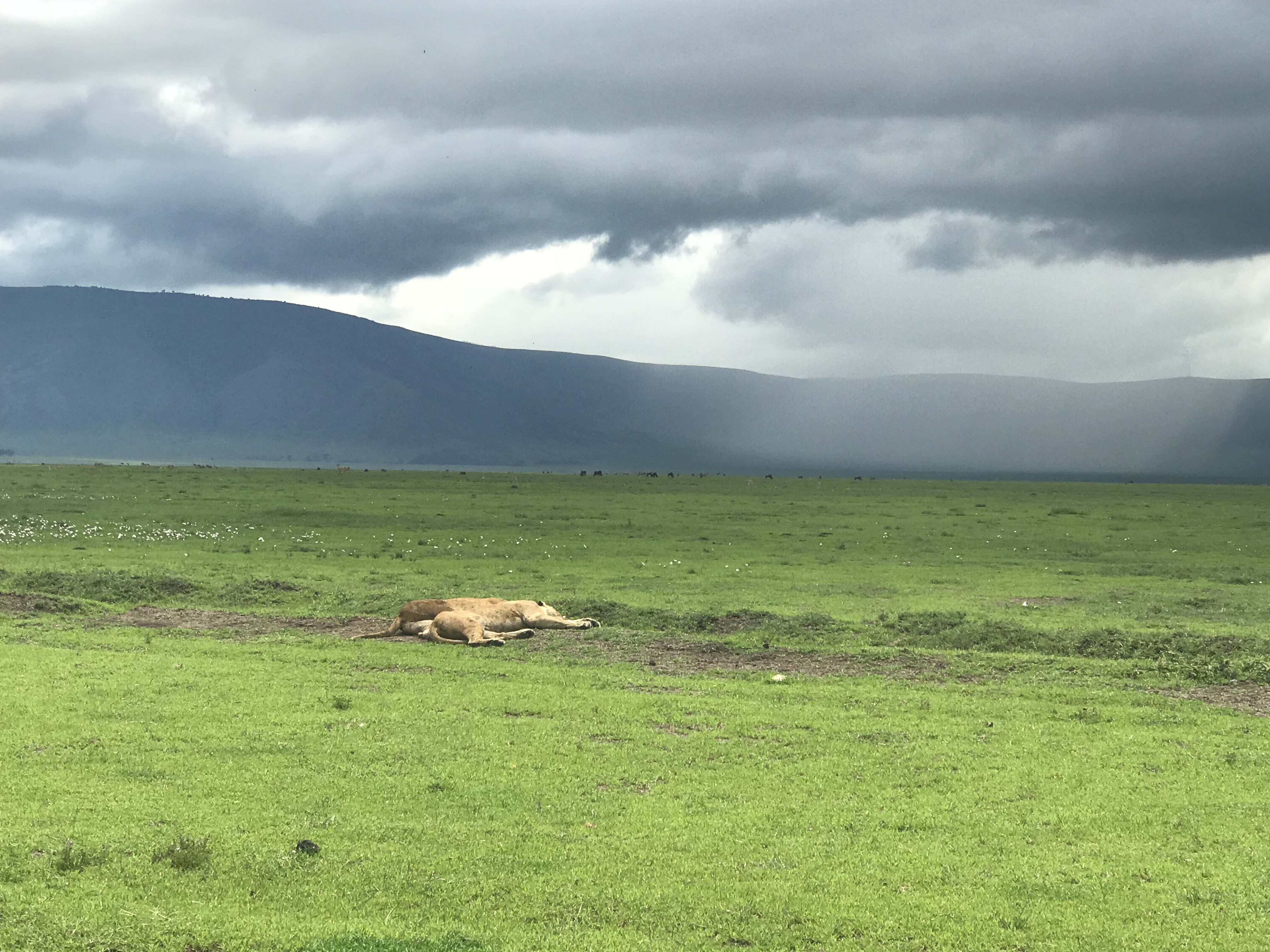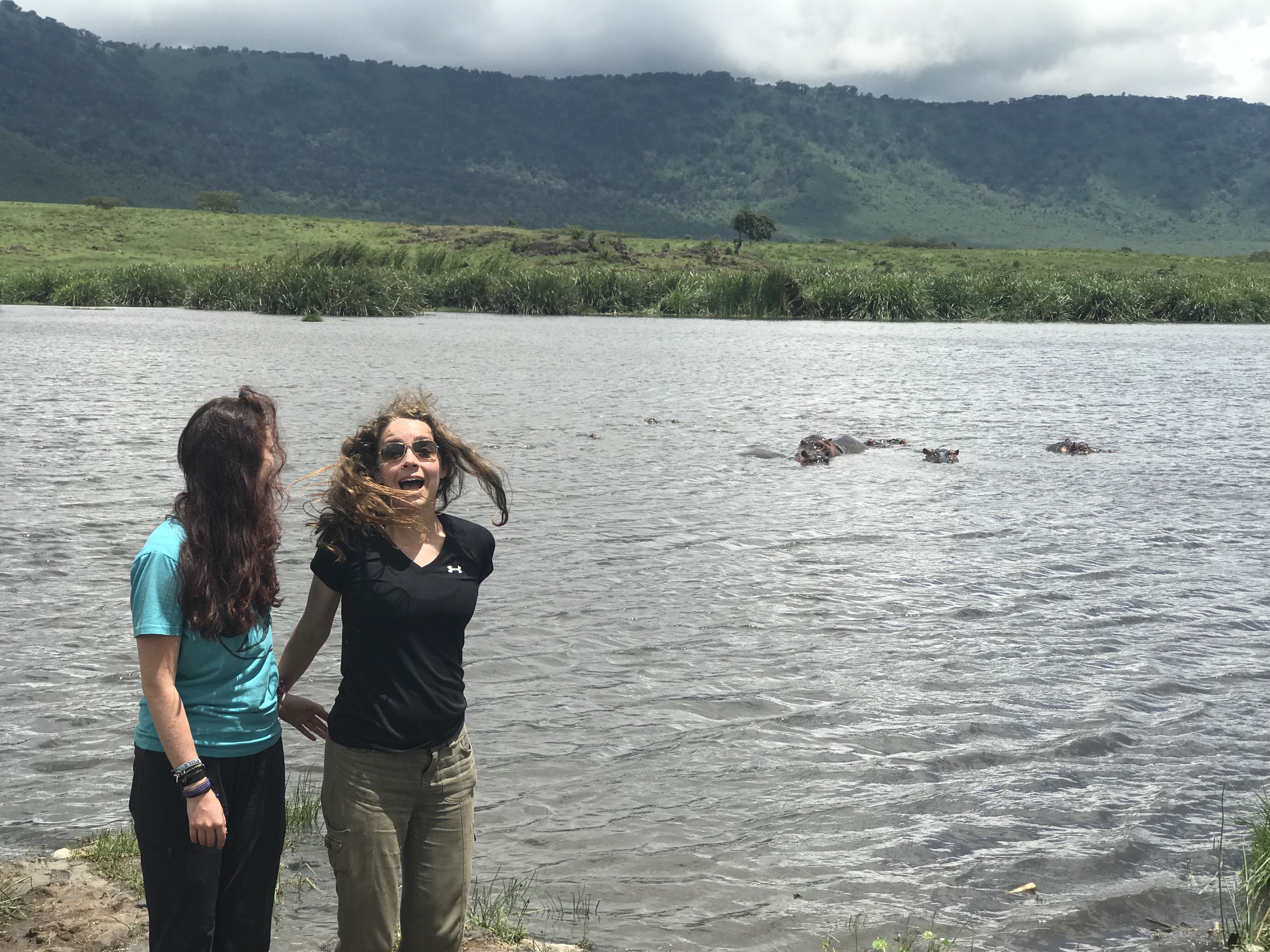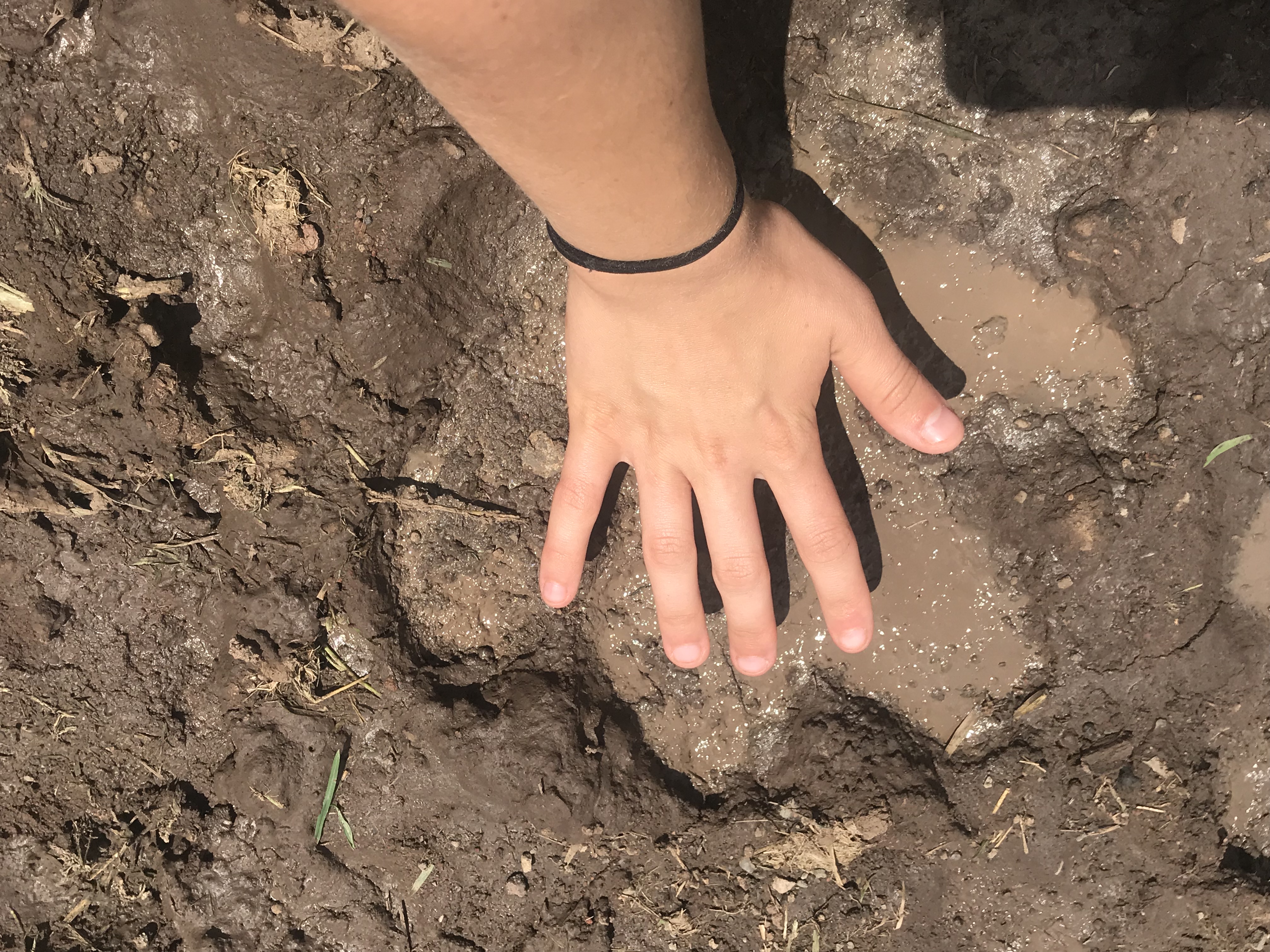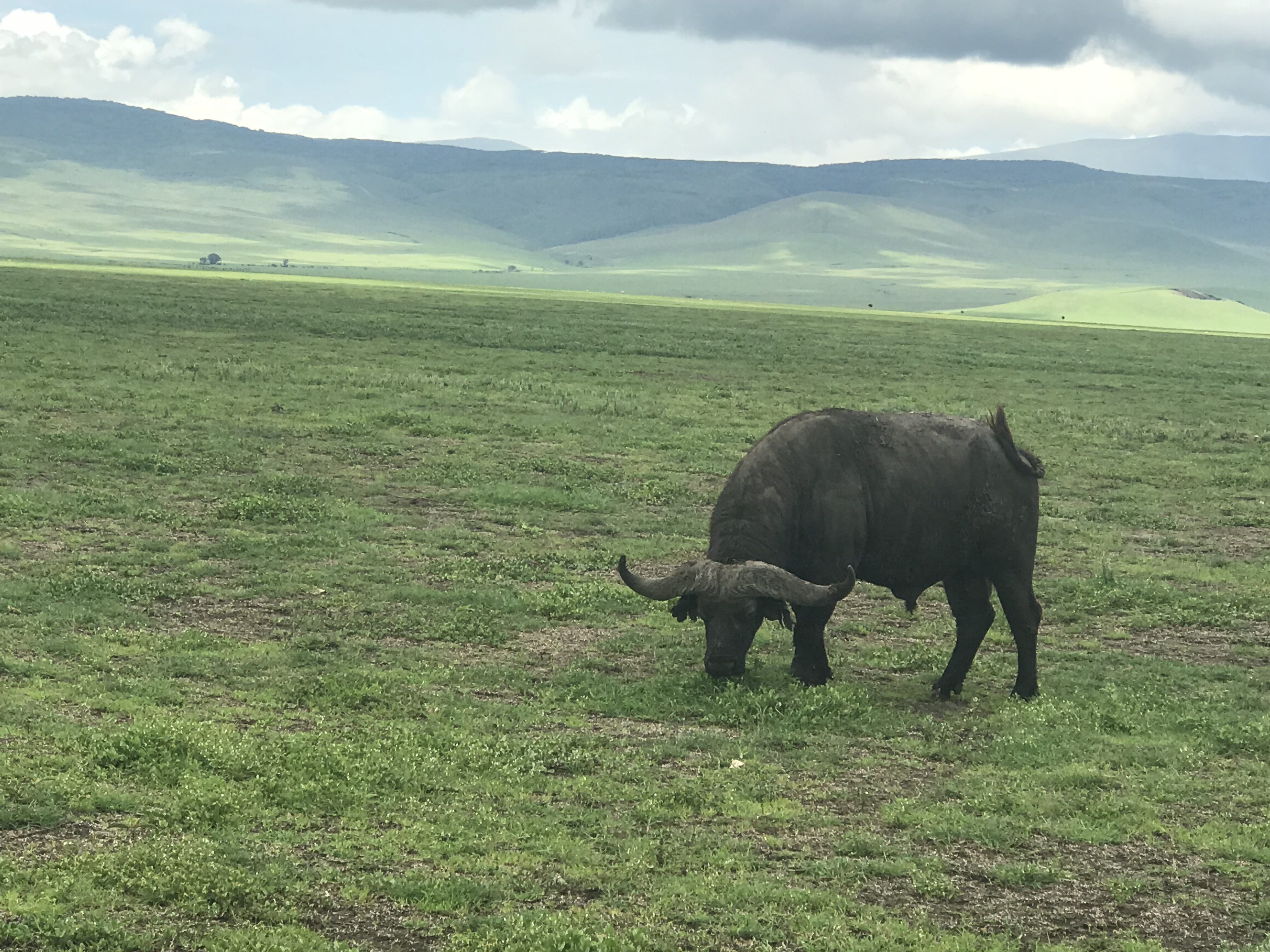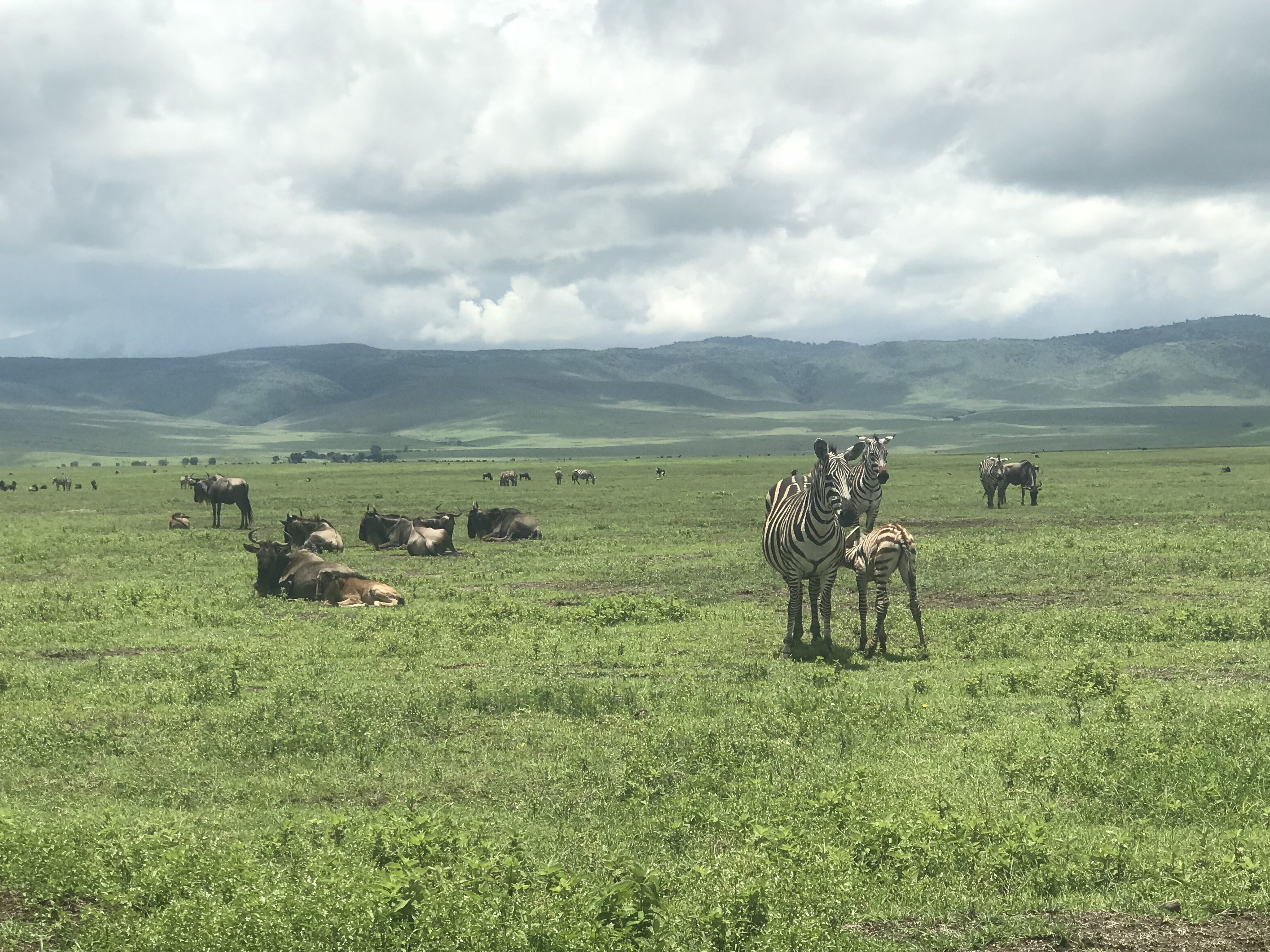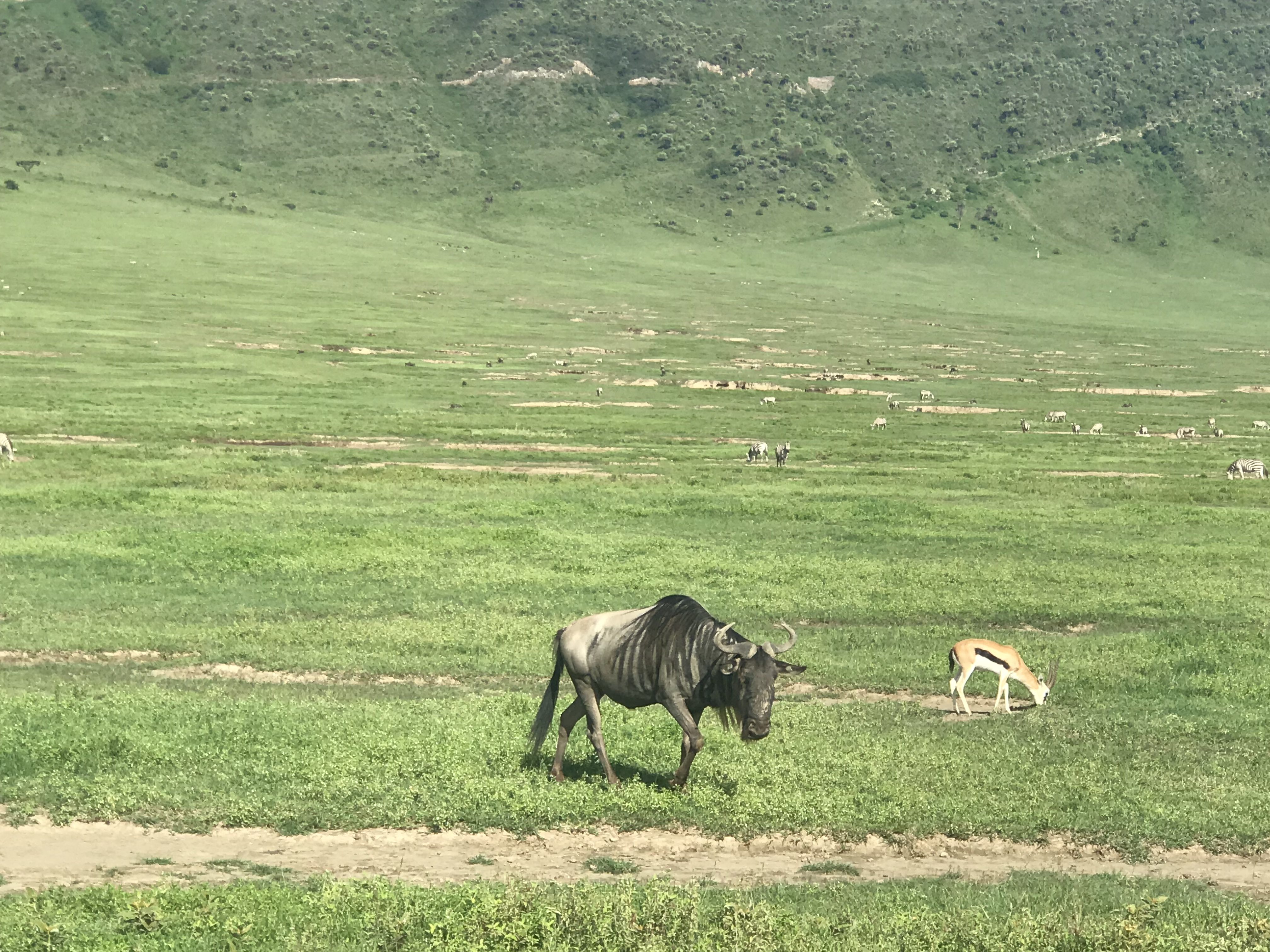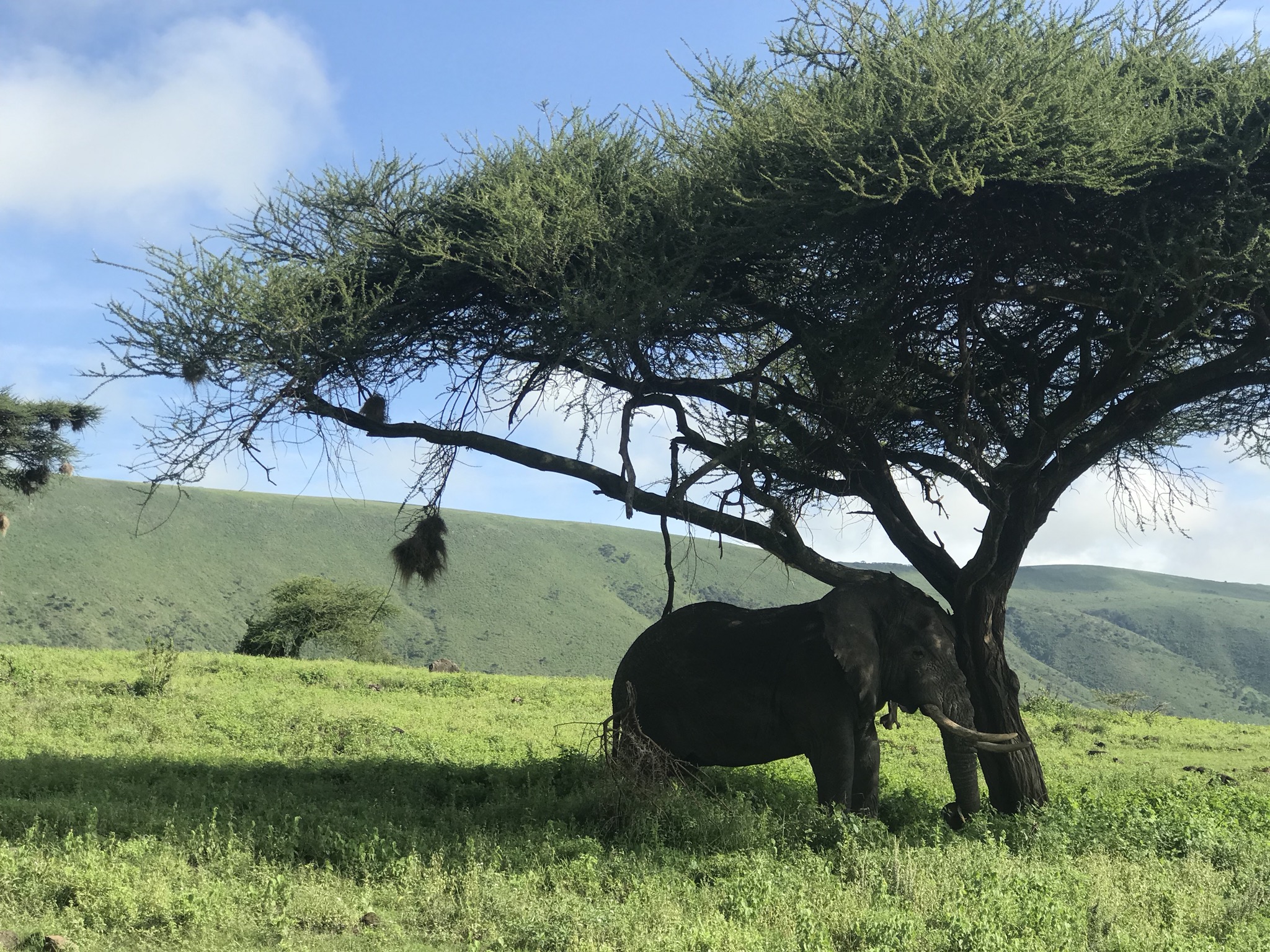My program ended exactly two weeks ago! Since then I have travelled to Zanzibar (a small island off of Tanzania mainland) and settled into my new life in Rwanda.
People often generalize one African country as “Africa”. For instance, when I told people I would be studying in Tanzania, rather than remembering the country name, they would say something along the lines of “have the best time in Africa!” and follow up asking “how Africa is”.
I explain this because 1) it is my biggest pet peeve; people did not act this way towards Ireland and Europe and 2) since arriving to Tanzania, I have begun to conceptualize how huge the African continent is. South Africa would be a 10 hour plane ride; getting to Ghana requires at least 18 hours of travel time. I am excited to have to intern in Rwanda and have the opportunity to live and learn in another East African country. However, since arriving here, I am realizing how different countries are even within East Africa.
Rwanda, a country judged for its tragic history, has not only proved prejudices wrong, but demonstrated how even countries within East Africa greatly vary. There are paved roads unlike in Tanzania, and the garbage is minimal (also contrary to Tanzania). English is widely taught in schools, there are militia men everywhere and security stations similar to those at an airport are established in every main plaza. There is a transgender movement present, and one day a month committed to community service by all citizens. The bus system is efficient, and day to day life in Kigali is comparable to life in a Western city.
Now – I have only been here for about 10 days, so I do not want to jump to conclusions; however, my mind has been brainstorming what exactly led either country to their modern norms. My hypothesis: the smaller size of Rwanda makes it far more manageable. In addition, past governmental tragedies instigated a level of organization that may not have happened without the catalyst of the genocide. Now I do not aim to argue that the genocide was something positive for this country; rather, it invigorated movements to re-build Rwanda to be the country that citizens desired. If you think about it, this too happens in America – on a much smaller scale. A political tragedy occurs, and immediately, groups of people organize themselves to march, to sign petitions, to fundraise to spread a message. The genocide gave birth to a desire for proper governance and security that has shaped the country into the modern day.
Now, I do not mean to put Tanzania in a negative light. It too is a country with exceptional peace, and a lot to teach regarding the role of history and government in forming a country. It is a multi-cultural country balancing several tribe’s values and traditions. It holds the most conserved land in the world, and offers Kilimanjaro and the Serengeti – two world famous sites. It holds natural resources including wildlife and tanzanite, both acting as incredible assets, but also both leading to tensions in the development of Tanzania as a country. The long dry season and rainy season can be intense, compared to the moderate climate of Rwanda. It is here in Rwanda, as I experience completely different environmental, social and government norms that I grasp for the first time how different life can be just two hours away from Tanzania.. And that is not even considering the fact that Burundi, the Democratic Republic of the Congo and Kenya are all a short flight away as well – each with their own unique histories and modern norms.
So here is to “Africa”: to each country’s natural resources and culture; to each country’s unique history and government norms; to the future that each continues to build despite tragedy inflicted by outsiders; to the beauty already established. I can only dream that in my quest to understand the many dimensions of sociology, government, history and ecology that I will be able to explore more of this continent. I am infinitely grateful to Holy Cross for the opportunity to live in Tanzania; it is something I could not have done without their support, and I will hold all of my lessons close to my heart. Pictures below!
